
Streetwear Style
What is the Streetwear Style?
It combines elements of hip-hop, skateboarding, sportswear, and contemporary art to create a unique and dynamic fashion statement.
Here are some features of streetwear style:
Comfort: Streetwear clothing is usually comfortable and easy to wear, such as graphic tees, hoodies, sweatpants, and sneakers.
Scarcity: Streetwear fans often seek out limited-edition items from exclusive brands or collaborations.
This creates a sense of hype and exclusivity around streetwear products.Menswear styles: Streetwear is influenced by menswear and traditionally masculine items, such as bomber jackets, workwear, and military attire.
However, streetwear is also worn by people of all genders and can be adapted to different preferences and tastes.Contemporary art: Streetwear often incorporates graphic designs, logos, and slogans that reference or parody contemporary art, culture, or politics.
Some streetwear brands collaborate with famous artists or celebrities, while others create their own original designs.
It is more than just a way of dressing, it is a way of expressing oneself.
Why do the Streetwear Style clothes look good?
Streetwear is not just a fashion trend, but a way of expressing one's identity, values, and preferences through clothing.
This style has been influenced by various elements of popular culture, such as music, sports, art, and media.
Some of the characteristics that make streetwear style clothes look good are:
It is comfortable and casual, but also stylish and fashionable.
Streetwear Style clothes is designed to be worn in everyday situations, but also to stand out and make a statement.
It often uses bold colors, graphics, logos, and patterns that attract attention and show personality.It is versatile and adaptable, yet unique and original.
Streetwear Style clothes can be mixed and matched with different pieces and accessories to create different looks and outfits.
In addition, it can be customized and personalized according to your taste and mood.
It often incorporates elements from different styles and cultures, such as skateboarding, hip-hop, punk, surf, and Japanese street fashion.It is innovative and creative, but also respectful and nostalgic.
Streetwear Style clothes is constantly evolving and experimenting with new ideas and designs, but also pay homage to the past and the pioneers of the streetwear movement.
It often references or collaborates with iconic brands, artists, musicians, and celebrities who have influenced streetwear culture.
It's more than just clothes, it's a form of self-expression and cultural communication.
Example of the color palette for the image of Streetwear Style
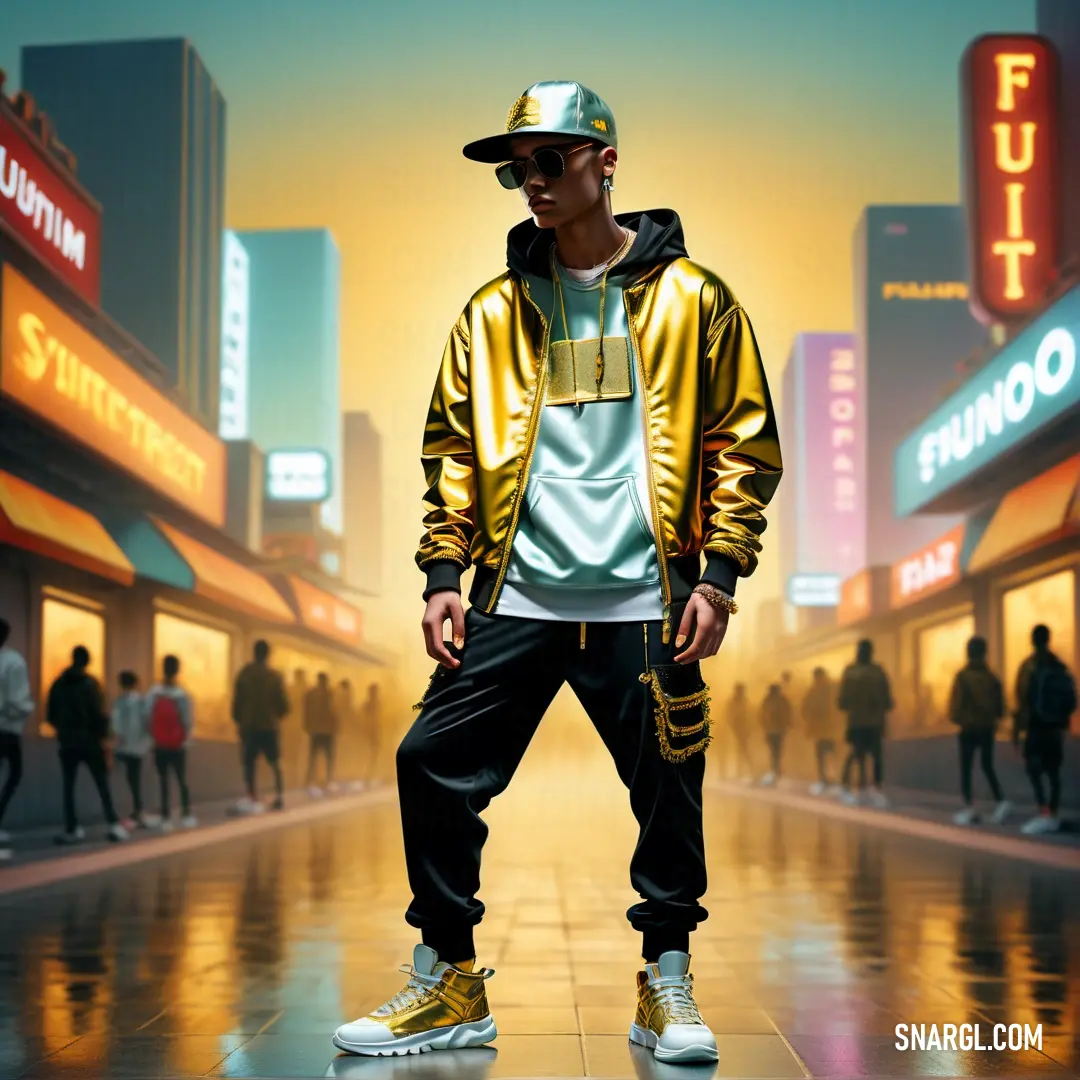
See these colors in NCS, PANTONE, RAL palettes...
Who can wear the Streetwear Style garments?
Streetwear Style garments are not limited to any specific group of people.
Anyone who appreciates the casual, comfortable, and trendy aspects of streetwear can wear them.
It is influenced by various subcultures, such as hip-hop, skateboarding, surfing, and sportswear, so it can appeal to different tastes and preferences.
It also allows for personal expression and creativity, as one can mix and match different pieces, colors, patterns, and accessories to create a unique look.
Streetwear Style is not just a fashion trend, but a lifestyle and a culture that anyone can be a part of.
Are the Streetwear Style clothing in style?
It is influenced by various subcultures, such as hip-hop, skateboarding, and surfing, and it often incorporates elements of sportswear, punk, and Japanese fashion.
Streetwear Style is also known for its limited-edition and exclusive products, which create a sense of hype and demand among consumers.
Some of the characteristics of Streetwear Style clothing are:
Graphic tees with logos, slogans, or images that express one's personality or preferences
Hoodies, sweatshirts, or jackets that provide warmth and coziness
Jeans, cargo pants, or joggers that are comfortable and durable
Sneakers, boots, or sandals that are stylish and functional
Accessories such as hats, sunglasses, jewelry, or bags that add some flair and detail to the outfit
It can be easily mixed and matched to create different looks for different occasions.
Streetwear Style clothing is also a way of expressing one's identity, culture, and values through clothing.
Therefore, streetwear style clothing is more than just a trend; it is a lifestyle.
Example of the color palette for the image of Streetwear Style
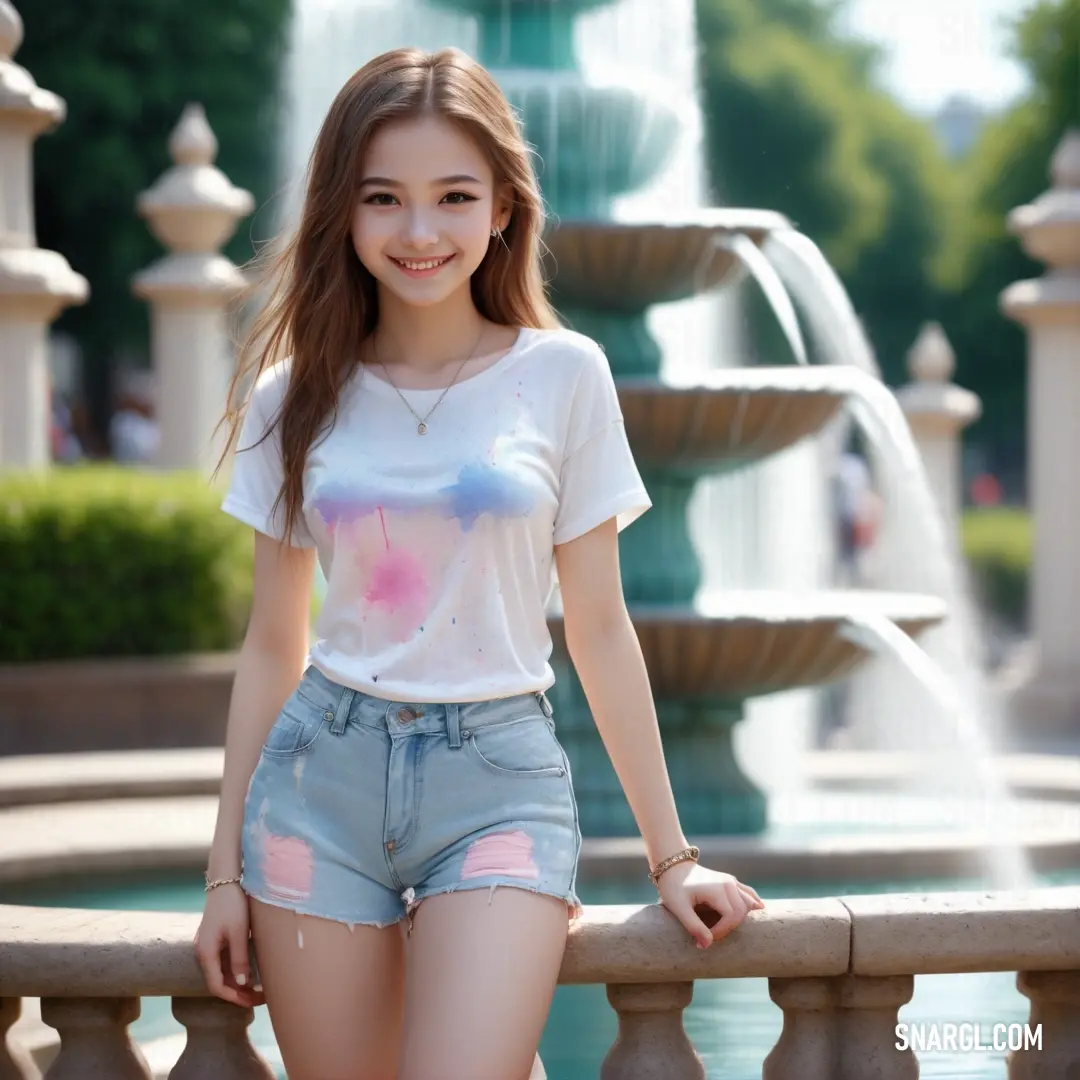
See these colors in NCS, PANTONE, RAL palettes...
What defines Streetwear Style?
Streetwear style is a type of casual fashion that draws inspiration from various subcultures, such as hip-hop, skateboarding, surfing, and sportswear.
It often features comfortable clothing and accessories, such as sneakers, T-shirts, hoodies, and jeans, with bold graphics, retro designs, and unique details.
Streetwear style is also influenced by high fashion, pop culture, and social media, and is known for its product scarcity and exclusivity.
Example of the color palette for the image of Streetwear Style
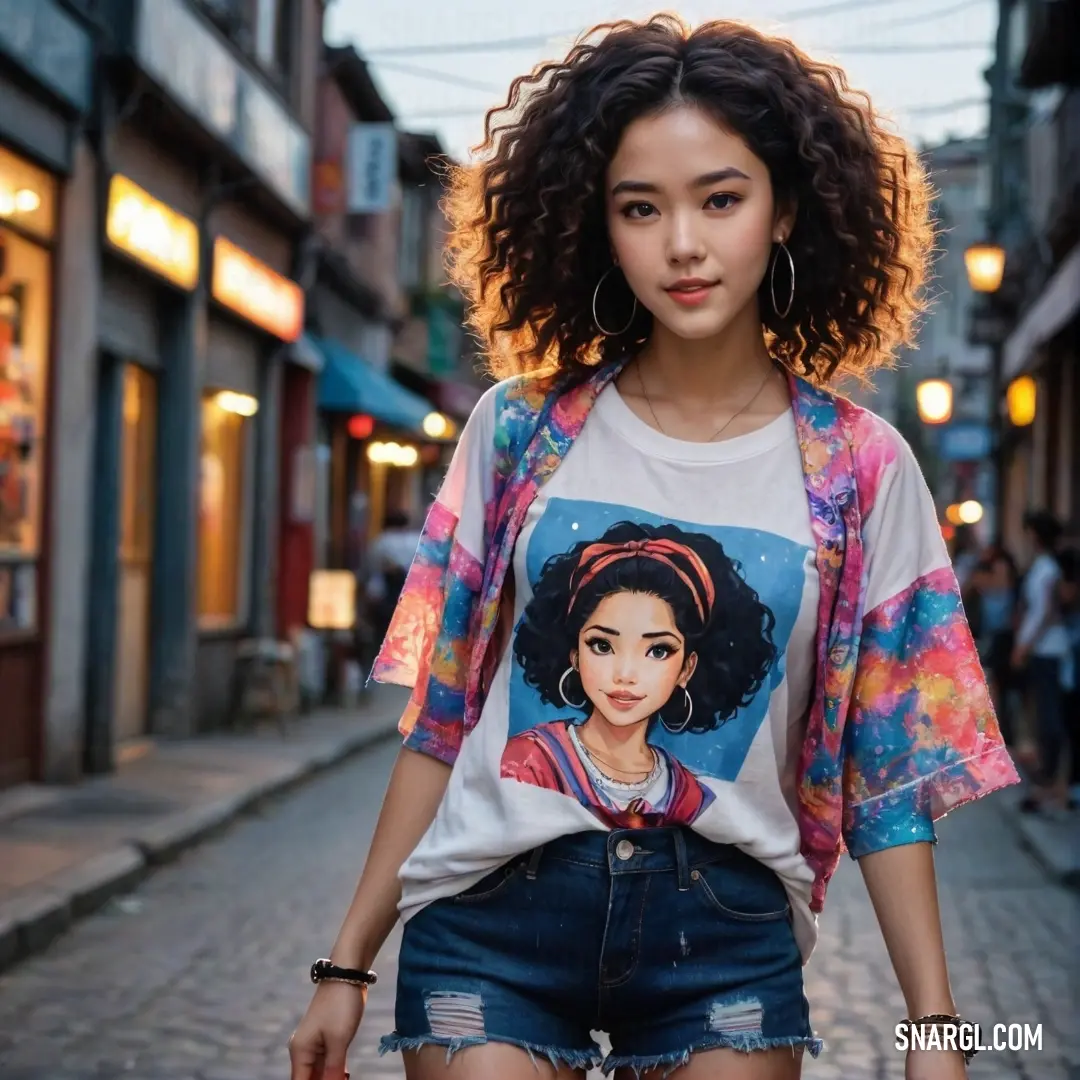
See these colors in NCS, PANTONE, RAL palettes...
What makes streetwear popular?
Example of the color palette for the image of Streetwear Style
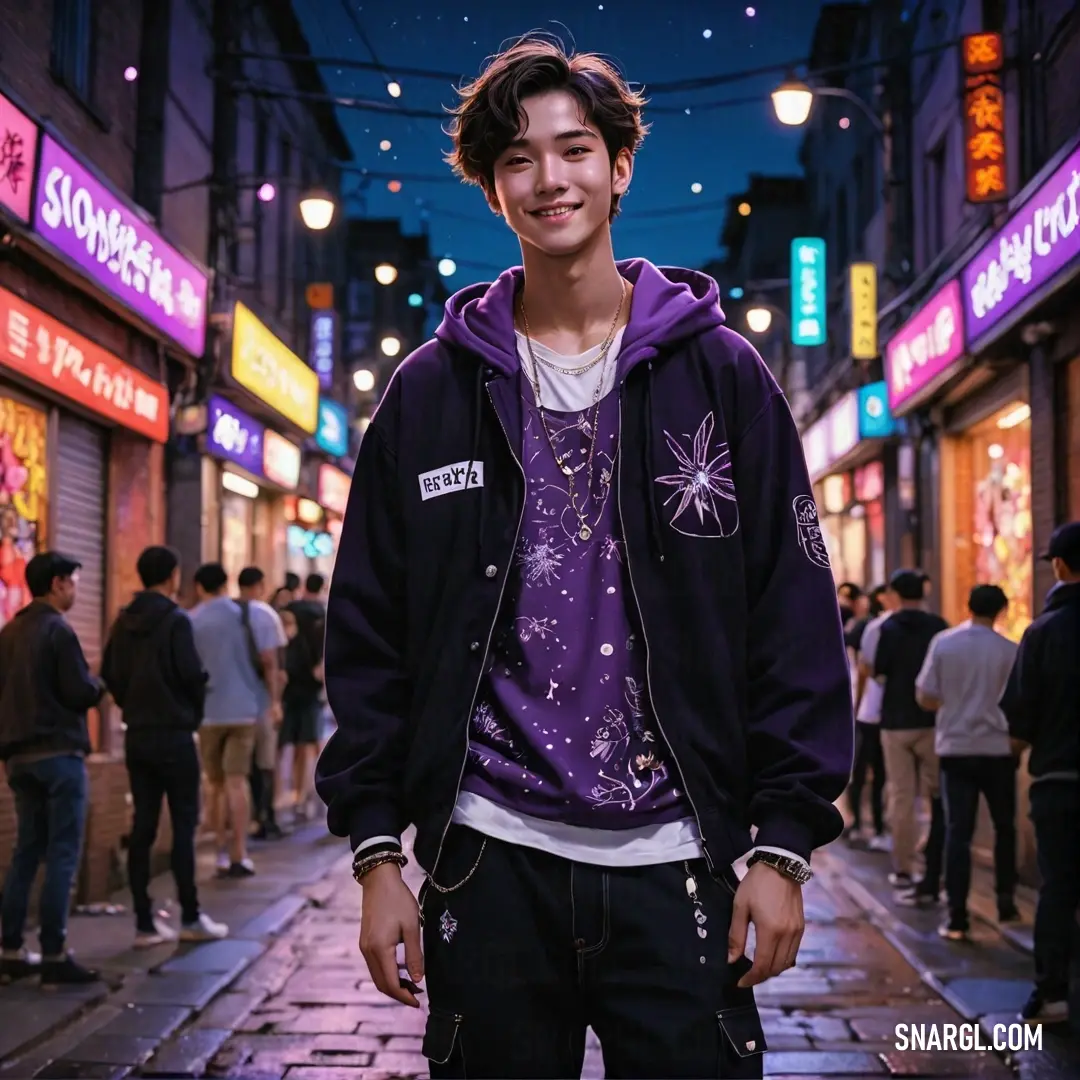
See these colors in NCS, PANTONE, RAL palettes...
Is street style a trend?
Example of the color palette for the image of Streetwear Style
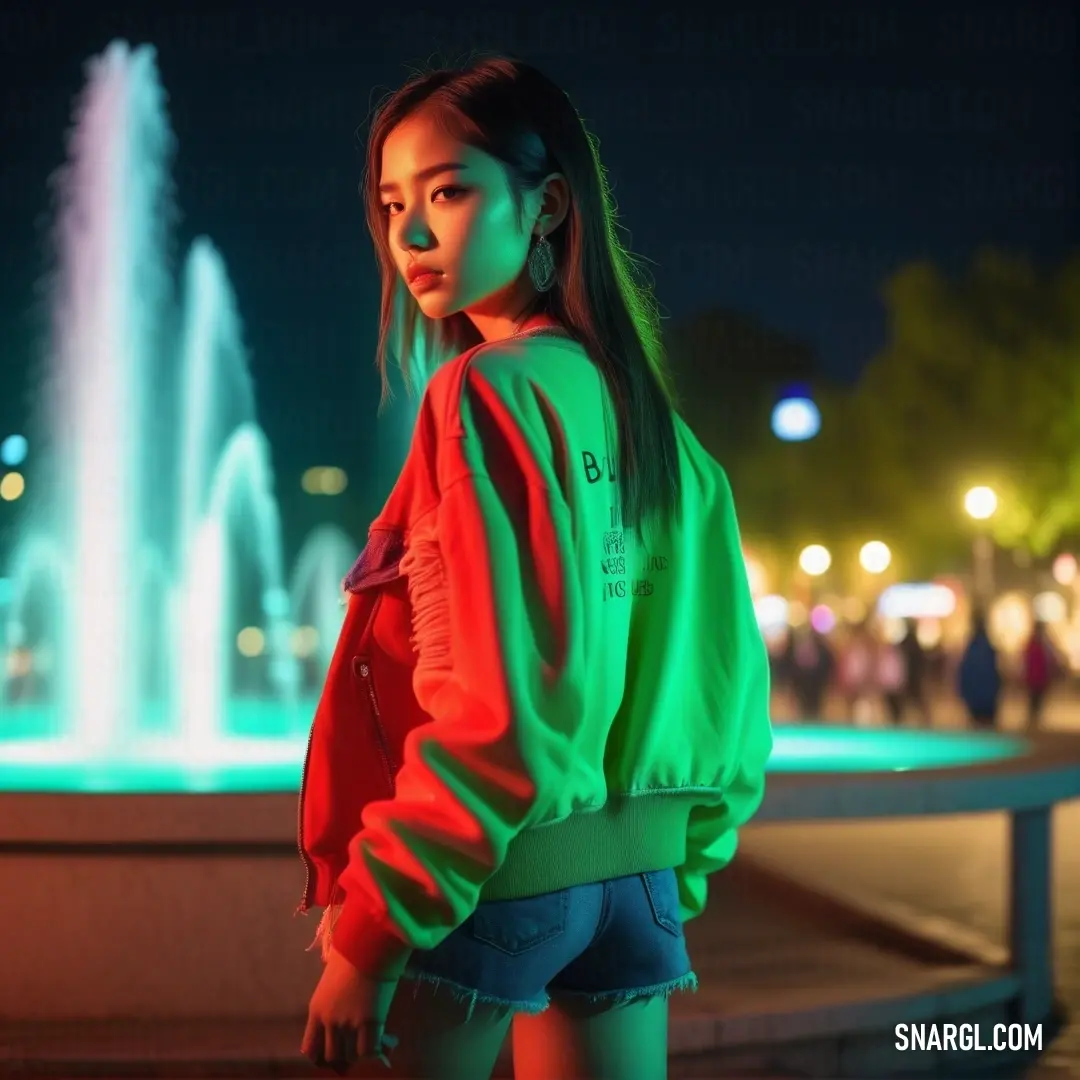
See these colors in NCS, PANTONE, RAL palettes...
Is streetwear on the rise?
Example of the color palette for the image of Streetwear Style
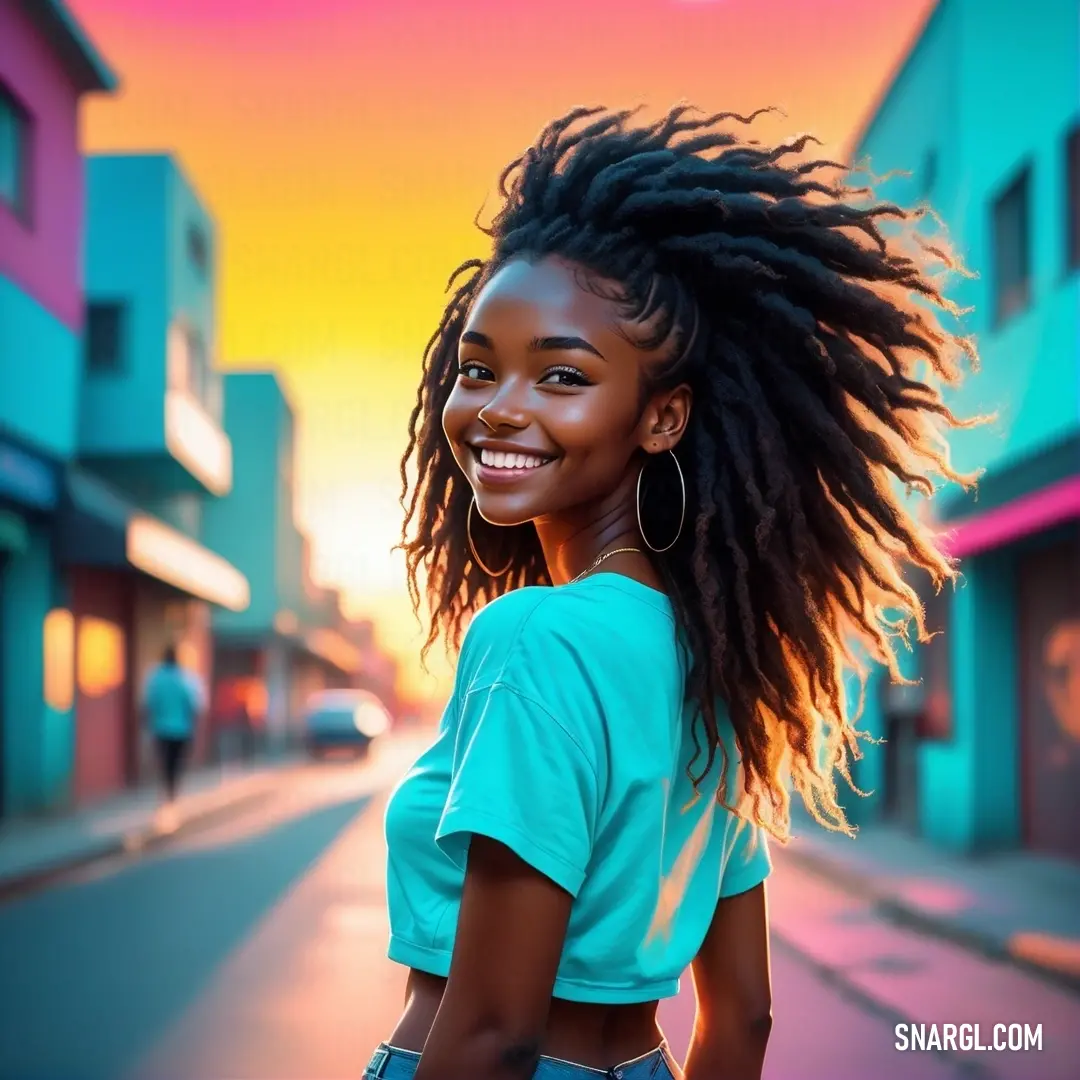
See these colors in NCS, PANTONE, RAL palettes...
Streetwear Style in fashion - when did it appear?
It combines elements of sportswear, nostalgia, and luxury fashion, often featuring logos, graphics, and oversized silhouettes.
Here is a brief summary of its history:
Streetwear originated from the New York City hip-hop scene in the late 1970s and early 1980s, where artists and DJs wore jeans, T-shirts, baseball caps, and sneakers.
They also customized their clothes with graffiti, patches, and pins.In the late 1980s, surfboard designer Shawn Stussy started selling printed T-shirts with his signature logo, which became popular among skaters and surfers in California.
He expanded his line to include hats, jackets, and pants, creating one of the first streetwear brands.In the early 1990s, streetwear was influenced by the gangsta rap and grunge movements, as well as the Japanese street fashion scene.
Brands like FUBU, Cross Colours, and A Bathing Ape emerged, catering to the urban youth market.In the late 1990s and early 2000s, streetwear became more mainstream and diverse, as celebrities, musicians, and athletes embraced the style.
High fashion labels like Gucci, Burberry, and Fendi also collaborated with streetwear brands or incorporated streetwear elements into their collections.In the 2010s and 2020s, streetwear continued to evolve and innovate, with new trends, subcultures, and platforms emerging.
Social media, e-commerce, and online communities played a key role in shaping and spreading streetwear culture.
It is also a global phenomenon that connects people across different backgrounds, cultures, and generations.
Who usually wears Streetwear Style clothing?
Streetwear style clothing is a type of casual fashion that emerged from the subcultures of hip hop, skateboarding, and surfing in the 1980s and 1990s.
Streetwear style clothing usually features graphic t-shirts, hoodies, jeans, sneakers, and accessories such as hats, sunglasses, and backpacks.
Streetwear style clothing is popular among young people who want to express their individuality, creativity, and rebelliousness through their outfits.
Streetwear style clothing is also influenced by the trends and cultures of different regions, such as Japan, Europe, and America.
Some of the best streetwear brands for 2024 are Supreme, Off-White, BAPE, Palace, and Stussy.
Streetwear style clothing is not only a fashion choice, but also a lifestyle and a statement.
What are some of the most iconic Streetwear Style outlooks?
Some of the most iconic streetwear style outlooks are:
The original streetwear style, which emerged in the 1990s as a fusion of hip-hop and skater culture.
This style features graphic tees, hoodies, sweatpants, and sneakers from brands like Supreme, Kith, Stussy, and A Bathing Ape.The sportswear-inclined streetwear style, which incorporates athletic elements such as tracksuits, jerseys, leggings, and sports bras.
This style is influenced by brands like Nike, Adidas, Puma, and Reebok, as well as collaborations with celebrities like Beyoncé, Rihanna, and Kanye West.The high-end and luxury streetwear style, which mixes streetwear staples with designer pieces from labels like Gucci, Balenciaga, Off-White, and Vetements.
This style is often seen on celebrities, influencers, and fashion editors who attend fashion shows and events.The new streetwear style, which is more experimental and eclectic than the previous styles.
This style incorporates elements from different genres and subcultures, such as punk, grunge, anime, and vintage.
This style is represented by brands like Comme des Garçons, Polo Ralph Lauren, Palace, and Fear of God.
Streetwear style is not just a way of dressing, but also a way of expressing one's identity, creativity, and individuality.
How to incorporate other influences or trends into the Streetwear Style?
Here are some tips on how to do that:
Mix and match different pieces from different genres.
For example, you can wear a graphic tee from a hip-hop brand with a plaid skirt from a punk style, or a hoodie from a skate brand with a pair of cargo pants from a military style.
This way, you can create a unique and eclectic look that showcases your personality and preferences.Accessorize with statement pieces that add some flair to your outfit.
For example, you can wear a bucket hat, a chain necklace, a fanny pack, or a pair of sunglasses to spice up your streetwear look.
You can also choose accessories that reflect your interests or hobbies, such as pins, patches, stickers, or badges.Experiment with different colors, patterns, and textures.
Streetwear is not limited to neutral or dark colors; you can also play with bright, pastel, or neon colors to make your outfit pop.
You can also mix and match different patterns, such as stripes, checks, florals, or animal prints, to create contrast and variety.
Additionally, you can try different textures, such as denim, leather, corduroy, or fur, to add some depth and dimension to your outfit.Be inspired by street style from around the world.
Streetwear is a global phenomenon that has different expressions in different regions and cultures.
You can look for inspiration from street style blogs, magazines, or social media platforms that feature streetwear outfits from places like Tokyo, Copenhagen, Madrid, or New York.
What are the essential Streetwear Style clothing items and accessories?
First, you need a pair of sneakers that are fresh and clean
Nike Air Force Ones are a classic choice, you know what I mean
Or you can go for Adidas, Reebok, or Vans
As long as they match your pants
Next, you need some bottoms that are comfy and cool
Cargo pants, joggers, or jeans are the rule
You can also rock some shorts or overalls
But avoid anything that's too formal
Then, you need some tops that are bold and graphic
T-shirts, hoodies, or jackets with logos or prints are fantastic
You can also mix and match colors and patterns
But don't go overboard with the fashion
Finally, you need some accessories that are fun and functional
Bucket hats, caps, tote bags, or pouches are essential
You can also add some jewelry or sunglasses
But don't forget to express your personality
These are the streetwear style essentials that you need to know
Now go ahead and create your own streetwear flow
Remember to have fun and be confident in your style
And you'll be turning heads on the streets in a while
Example of the color palette for the image of Streetwear Style
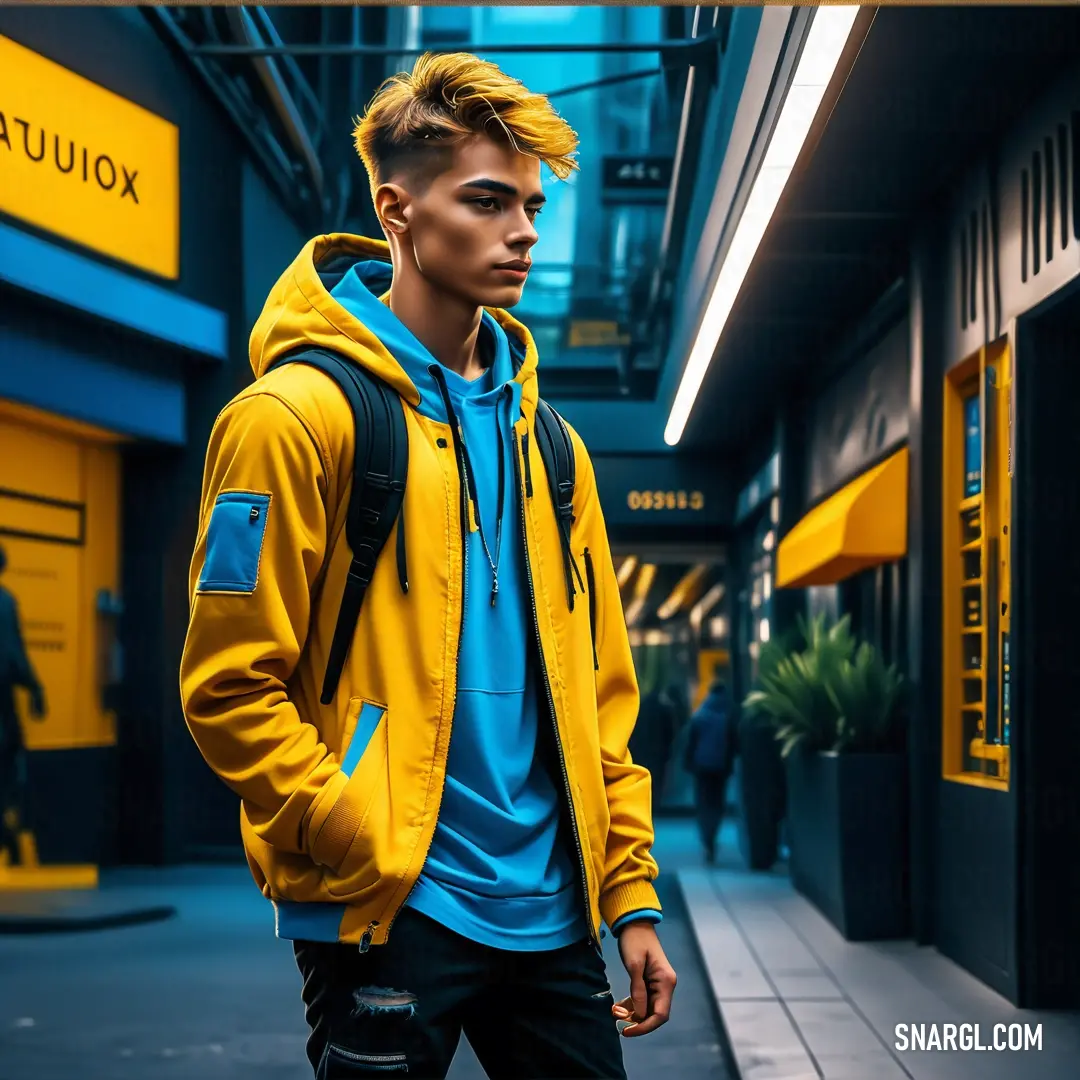
See these colors in NCS, PANTONE, RAL palettes...
How to keep the Streetwear Style updated and fresh?
You want to keep your streetwear style updated and fresh
But you don't know how to do it without looking like a mess
Well, here are some tips that might help you impress
Your friends and foes with your fashion finesse
First, invest in sneakers that are trendy and rare
They are the foundation of your streetwear flair
You can find them online or at a sneaker fair
But be prepared to pay a hefty price for a pair
Second, stick to a single logo that you love and trust
Brand loyalty is important, don't mix and match too much
You want to show your support, not look like a hodgepodge
Choose a brand that reflects your identity and values
Third, play with proportions and experiment with layers
You can create contrast and depth with different shapes and sizes
You can wear oversized hoodies, cropped tops, or baggy trousers
But don't go overboard, you still want to look stylish
Fourth, be yourself and express your personality
Streetwear is all about creativity and originality
You can add accessories, colors, or prints that suit your mood
But don't follow trends blindly, you want to stand out from the crowd
These are some of the tips that can help you master streetwear style
But remember, the most important thing is to have fun and smile
Streetwear is not just a fashion, it's a culture and a lifestyle
So wear it with confidence and pride, and you'll always be in style
Example of the color palette for the image of Streetwear Style
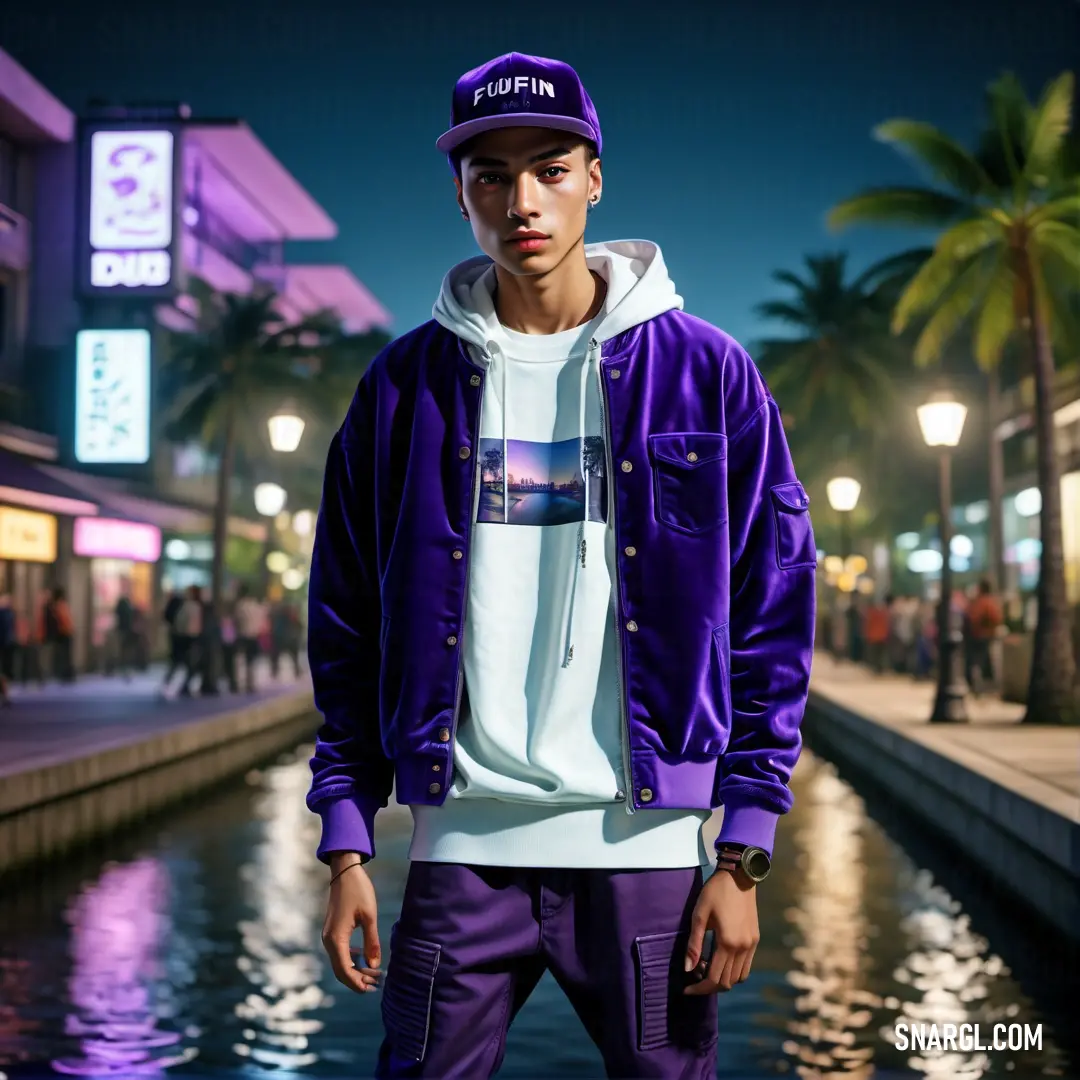
See these colors in NCS, PANTONE, RAL palettes...
What are the common mistakes or faux pas to avoid when dressing Streetwear Style?
Here are some common mistakes or faux pas to avoid when dressing streetwear style:
Don't wear too many logos or brands at once.
This can make you look like a walking billboard or a try-hard.
Instead, stick to one or two logos per outfit, and make sure they complement each other.
For example, you can wear a Supreme hoodie with a pair of Nike sneakers, but not with an Adidas hat and a Gucci belt.Don't wear fake or knock-off items.
Streetwear is all about authenticity and quality, so wearing fake or cheap versions of popular brands can ruin your credibility and style.
If you can't afford the real deal, opt for more affordable alternatives that still have a streetwear vibe, such as Uniqlo, H&M, or Zara.Don't wear the same outfit every day.
Streetwear is about creativity and experimentation, so you should always try to mix and match different pieces and colors.
You can also accessorize your outfits with hats, sunglasses, jewelry, or bags to add some flair and personality.Don't wear clothes that don't fit you well.
Streetwear can be loose or fitted, but it should never be too baggy or too tight.
Clothes that don't fit you well can make you look sloppy or uncomfortable.
You should always try on clothes before buying them, and tailor them if necessary.Don't follow trends blindly.
Streetwear is constantly evolving and changing, so you should always be aware of the latest trends and styles.
However, you shouldn't wear something just because it's popular or hyped.
You should always wear what suits your taste and preference, and what makes you feel confident and comfortable.
Example of the color palette for the image of Streetwear Style
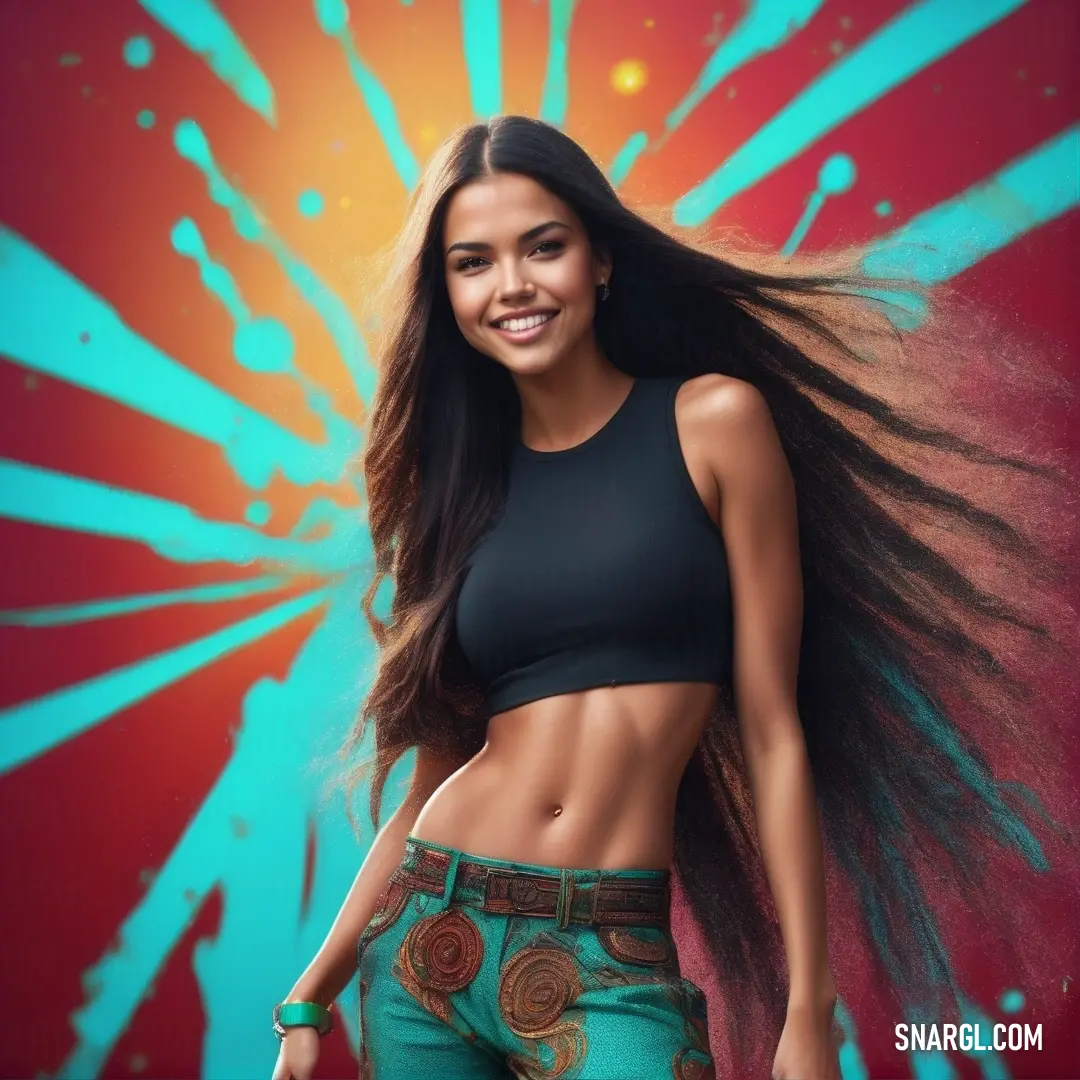
See these colors in NCS, PANTONE, RAL palettes...
How has the Streetwear Style changed or evolved over time?
It is characterized by comfortable and functional clothing, such as jeans, T-shirts, hoodies, sneakers, and caps, often with logos or graphics that express the wearer's identity and preferences.
Streetwear has changed and evolved over time, influenced by different cultural movements, music genres, fashion trends, and social issues.
Some of the major changes and developments in streetwear are:
In the late 1980s and early 1990s, streetwear was mainly associated with the hip-hop culture in New York and the surf-skate culture in Los Angeles.
Brands like Stüssy, Supreme, and Phat Farm were among the pioneers of streetwear, creating clothing that reflected their lifestyles and attitudes.In the mid-1990s, streetwear became more global and diverse, as it spread to other regions and countries, such as Japan, Europe, and Australia.
Japanese streetwear was especially influential, as designers like Hiroshi Fujiwara, Nigo, and Jun Takahashi introduced elements of Japanese street fashion, pop culture, and high-end design to streetwear.
Brands like A Bathing Ape, Undercover, and Neighborhood were some of the examples of Japanese streetwear.In the late 1990s and early 2000s, streetwear became more connected to the mainstream fashion industry, as it collaborated with luxury and sportswear brands, such as Gucci, Burberry, Adidas, and Nike.
Streetwear also gained more exposure and recognition in the media, as celebrities, musicians, and athletes wore streetwear and endorsed streetwear brands.In the late 2000s and 2010s, streetwear became more diverse and experimental, as it incorporated elements of different styles, such as punk, grunge, vintage, and military.
Streetwear also became more accessible and affordable, as online platforms, social media, and e-commerce enabled more people to discover, share, and buy streetwear.In the 2020s, streetwear is still evolving and changing, as it adapts to the changing social and environmental issues, such as the COVID-19 pandemic, racial justice, and sustainability.
Streetwear is also becoming more inclusive and diverse, as it embraces different genders, ethnicities, and cultures.
Streetwear is a dynamic and creative style of clothing that reflects the culture and identity of its wearers.
Example of the color palette for the image of Streetwear Style
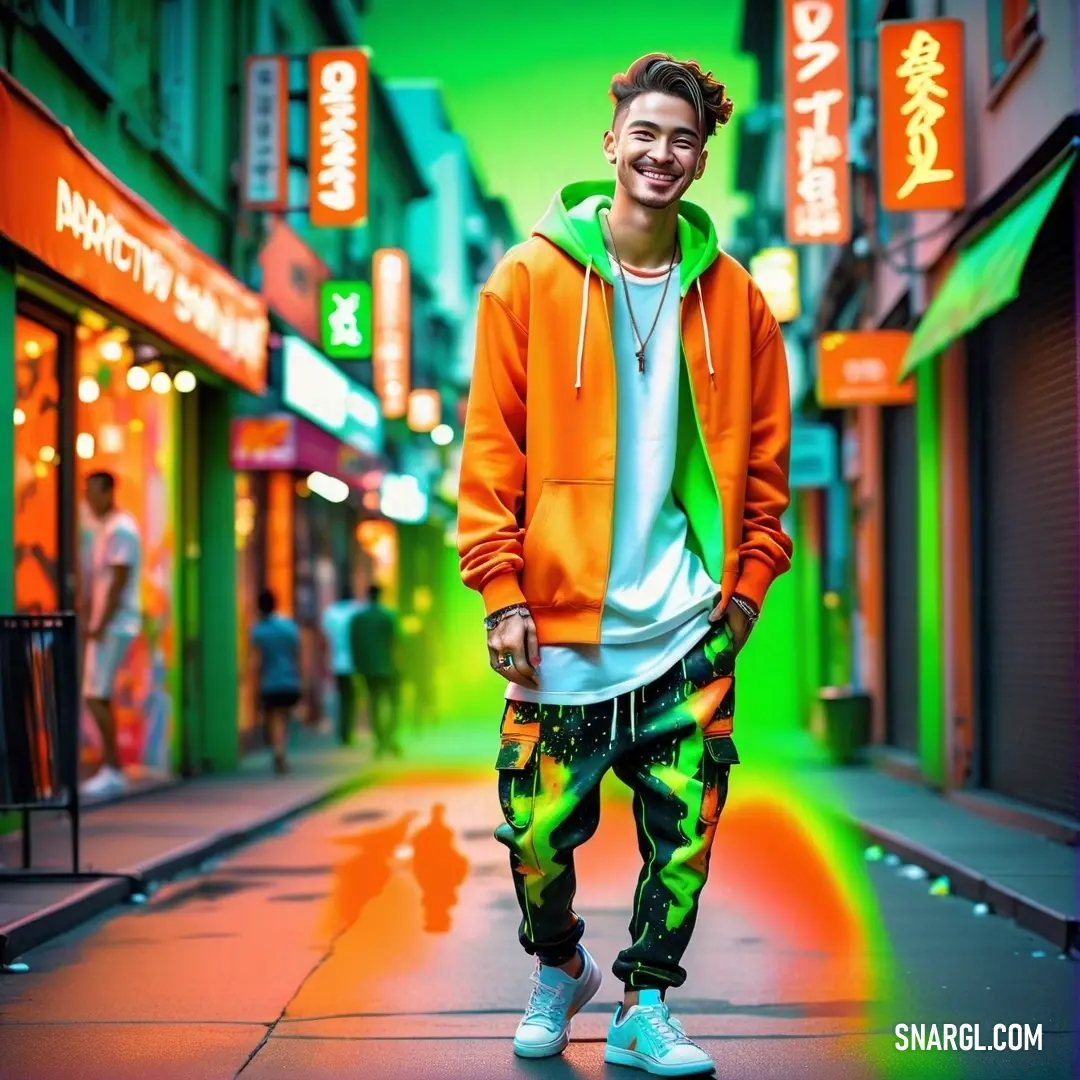
See these colors in NCS, PANTONE, RAL palettes...
What are the best tips and tricks for mastering Streetwear Style?
It is characterized by comfortable clothing, graphic prints, and limited-edition items.
Here are some tips and tricks for mastering streetwear style:
Invest in sneakers. Sneakers are often the most important (and most expensive) part of a streetwear look. They can make or break your outfit, so choose them wisely. Look for quality, comfort, and originality. You can also customize your sneakers to make them more unique.
Stick to a single logo. Brand loyalty is an important part of streetwear culture, so it's rare to see a true fan layering different streetwear brands in a single look. Instead, pick one brand that you like and stick to it. This will create a more cohesive and authentic look.
Play with proportions. Streetwear style is not about fitting in, but standing out. One way to do that is to experiment with different proportions and silhouettes. You can mix oversized pieces with fitted ones, or layer different lengths and textures. The key is to balance your look and avoid looking sloppy.
Be yourself. Streetwear style is all about expressing your personality and creativity. Don't be afraid to mix and match different colors, patterns, and styles. You can also add accessories like hats, sunglasses, or jewelry to spice up your look. The most important thing is to have fun and be confident in your own style.
Stay updated. Streetwear style is constantly evolving and changing with new trends and collaborations. To master it, you need to stay updated on the latest news and releases from your favorite brands and influencers. You can follow them on social media, read blogs and magazines, or join online communities. These are some of the best tips and tricks for mastering streetwear style.
So don't be afraid to experiment and find your own streetwear style!
How does the Streetwear Style fit with the music, art, or hobbies preferences?
Streetwear style is a form of self-expression that reflects the music, art, or hobbies preferences of the wearer.
Streetwear style is influenced by various subcultures, such as hip-hop, skateboarding, punk, and contemporary art, and often incorporates elements from these genres into the clothing.
For example, a streetwear enthusiast who likes hip-hop music may wear graphic tees with rap lyrics, hoodies with logos of their favorite artists, and sneakers from collaborations between musicians and brands.
A streetwear fan who enjoys contemporary art may wear pieces that feature prints or designs inspired by famous artworks, or that parody or critique the art world.
A streetwear lover who is into skateboarding may wear clothing that is comfortable and durable for skating, such as sweatpants, bomber jackets, and workwear.
Streetwear style is also about creating a unique and personal look, by mixing and matching different brands, colors, patterns, and accessories.
Streetwear style allows the wearer to showcase their individuality and creativity, as well as their music, art, or hobbies preferences.
Example of the color palette for the image of Streetwear Style
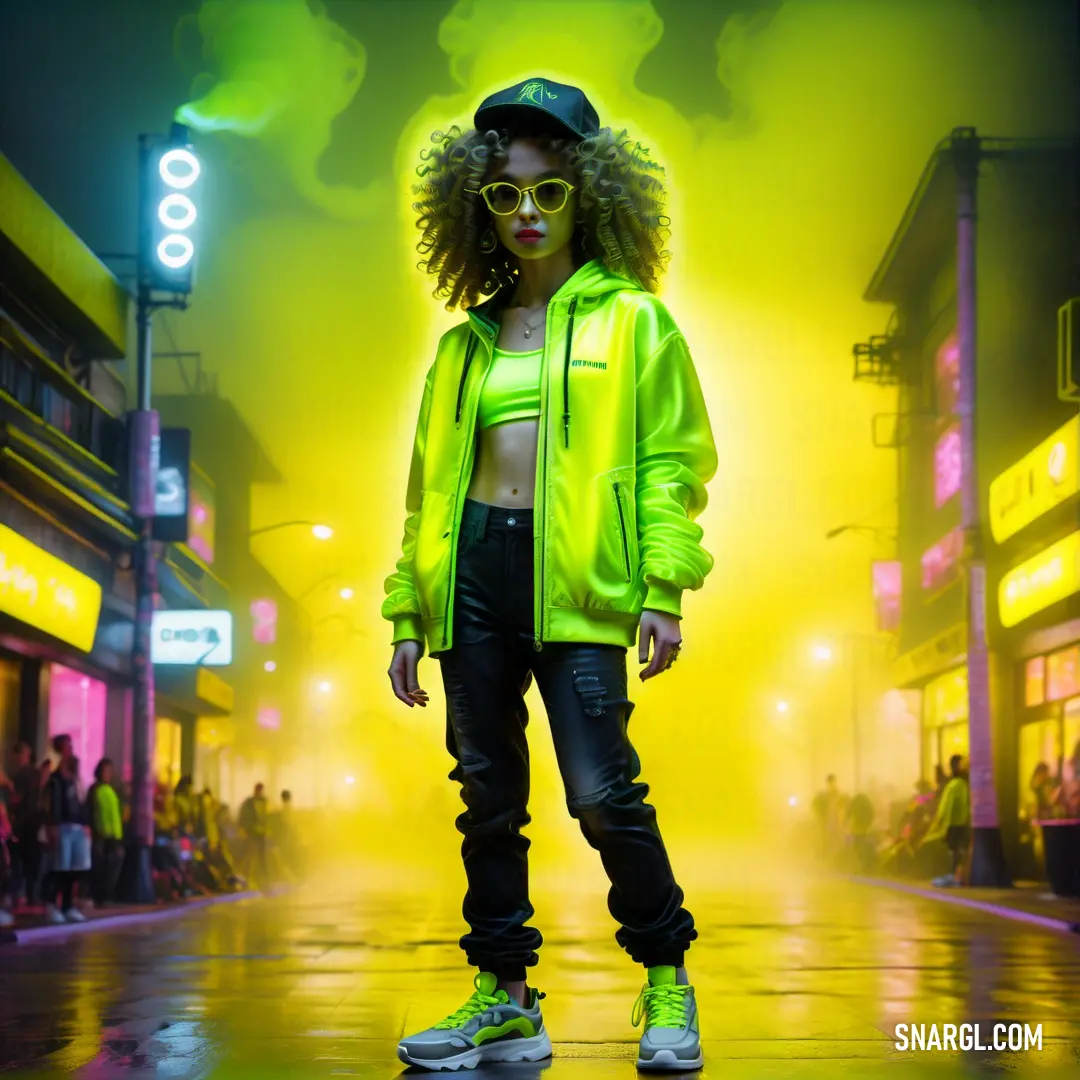
See these colors in NCS, PANTONE, RAL palettes...
How does the Streetwear Style suit different seasons, occasions, or settings?
Winter:
Layer up with cozy and warm pieces like hoodies, jackets, beanies, and scarves.
Add color and contrast with bright or patterned accessories.
Example: Wear a graphic tee under a denim jacket, paired with black sweatpants and red sneakers.
Summer:
Opt for lighter and breathable fabrics like cotton, linen, or mesh.
Experiment with different cuts and silhouettes, such as crop tops, shorts, or tank tops.
Accessorize with sunglasses, hats, or jewelry.
Example: Wear a white crop top with a plaid skirt, complemented by a bucket hat and a chain necklace.
Formal Occasions:
Mix streetwear elements with refined and elegant pieces like blazers, trousers, or dresses.
Choose neutral or dark colors such as black, navy, or gray.
Add flair and personality with subtle details like logos, prints, or embroidery.
Example: Wear a black blazer over a graphic tee, matched with black trousers and white sneakers.
Casual Settings:
Have fun and be creative with streetwear outfits.
Mix and match different styles, such as sportswear, punk, skateboarding, or Japanese street fashion.
Play with different textures, patterns, and colors, like denim, leather, camo, or neon.
Example: Wear a tie-dye hoodie with ripped jeans, accessorized with a leather jacket and a pair of sunglasses.
Example of the color palette for the image of Streetwear Style
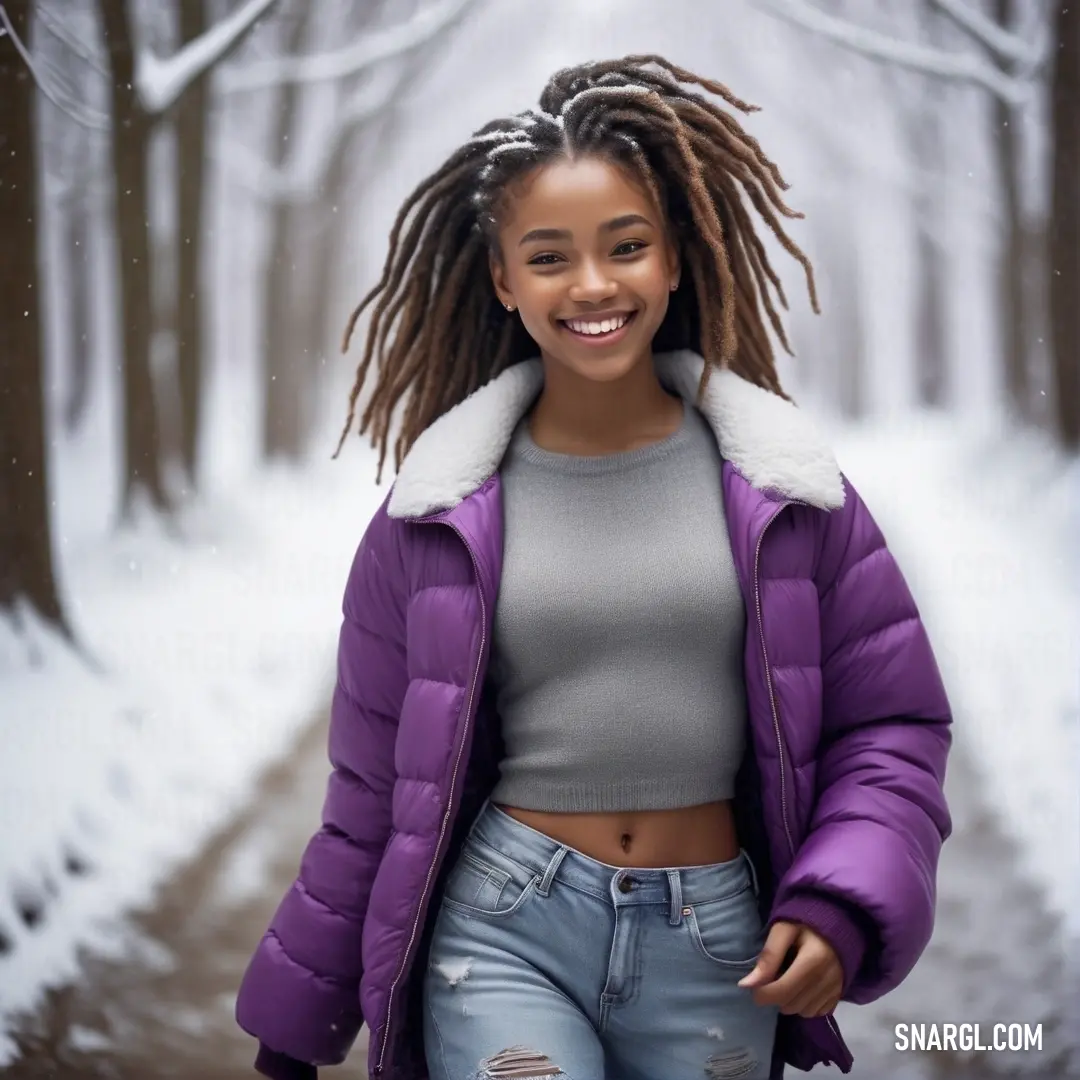
See these colors in NCS, PANTONE, RAL palettes...
What are the past or classic trends or influences in Streetwear Style?
It is influenced by a variety of sources, such as skateboarding, hip-hop, graffiti, punk rock, and retro fashion.
Here is a descriptive answer about some of the past or classic trends or influences in Streetwear Style:
Skateboarding: Skateboarding was one of the original inspirations for streetwear, as it represented a form of rebellion and expression for the youth.
Skateboarders wore casual and comfortable clothing, such as baggy jeans, graphic t-shirts, hoodies, and sneakers, that suited their lifestyle and culture.
Brands like Stüssy and Supreme catered to the skateboarding community and became icons of the streetwear revolution.Hip-Hop: Hip-hop was another major influence on streetwear, as it introduced elements of urban culture, music, and art into fashion.
Hip-hop artists and influencers often sported streetwear brands, such as FUBU, Rocawear, and A Bathing Ape, that reflected their identity and style.
This style also popularized accessories like hats, chains, and sunglasses, as well as oversized and colorful clothing.Graffiti: Graffiti was a form of street art that expressed the creativity and voice of the urban youth.
Graffiti artists often wore streetwear clothing that matched their artistic vision and aesthetic.
The art also influenced the design and graphics of streetwear brands, such as Obey, BAPE, and Off-White, that incorporated graffiti motifs and fonts into their logos and products.Punk Rock: Punk rock was a musical genre that embodied the spirit of counterculture and anti-establishment.
Punk rockers wore streetwear clothing that showcased their attitude and individualism, such as leather jackets, ripped jeans, band t-shirts, and combat boots.
The genre also influenced the use of patches, pins, and studs as accessories and embellishments on streetwear clothing.Retro Fashion: Retro fashion was a style that revived and reinterpreted the trends and styles of past decades, such as the 70s, 80s, and 90s.
Retro fashion added a nostalgic and vintage touch to streetwear, as it brought back elements like mom jeans, crop tops, neon colors, and logomania.
It also blended elements from different cultures and styles, creating a unique and diverse fusion of streetwear.
Example of the color palette for the image of Streetwear Style
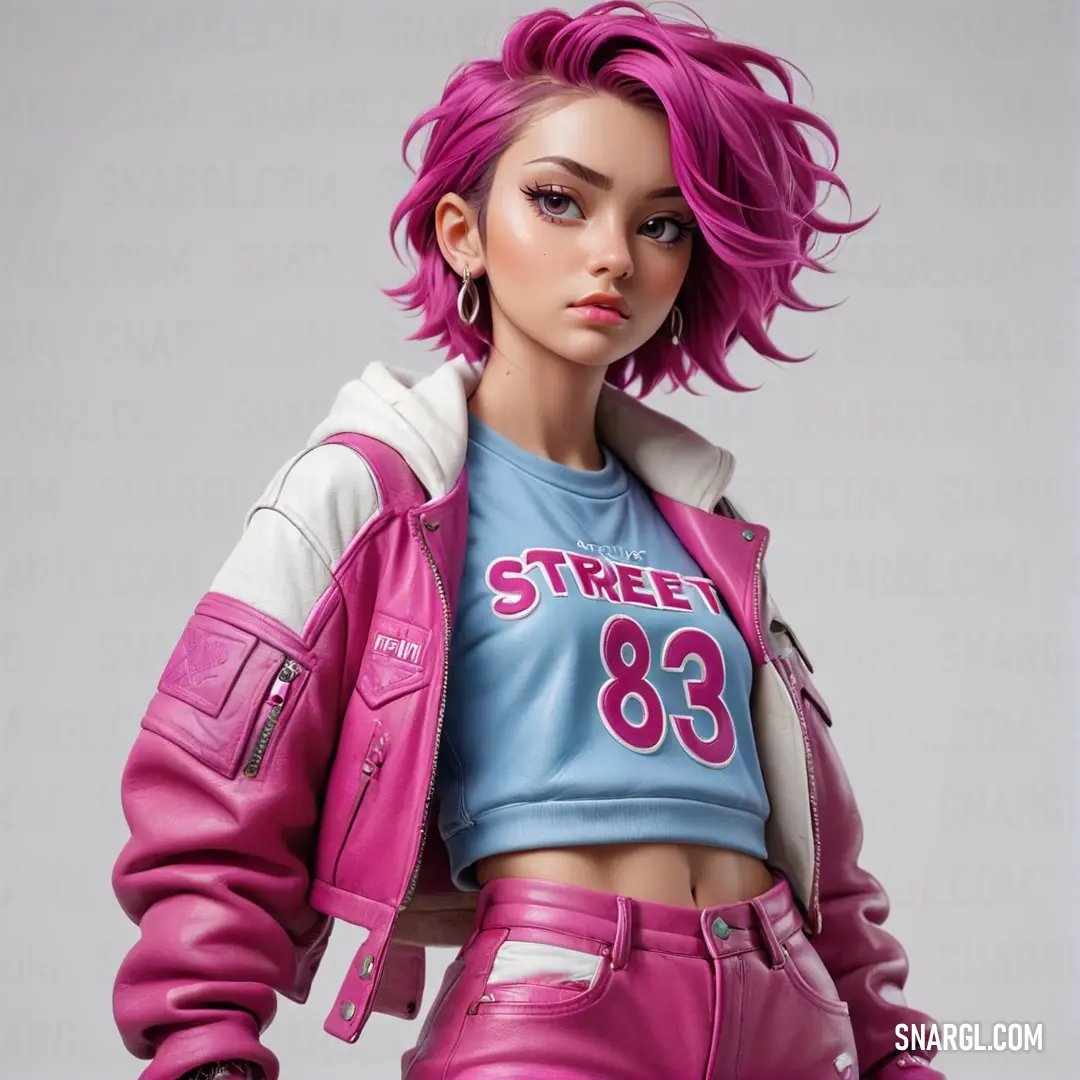
See these colors in NCS, PANTONE, RAL palettes...
What are the current or upcoming trends or innovations in Streetwear Style?
Streetwear style is constantly evolving and adapting to new trends and innovations, as well as revisiting and reinterpreting past styles.
Here are some of the current or upcoming trends or innovations in streetwear style for 2024:
Micro-Fringe: This trend adds a touch of texture and movement to streetwear outfits, with ultra-fine strands of fringe accenting hemlines, sleeves, collars, and accessories.
Micro-fringe can be seen on pieces from brands like Gucci, Burberry, and Akris.Business Sensual: This trend mixes the formal and the casual, with sheer fabrics and transparent layers creating a contrast with structured and tailored silhouettes.
Business sensual can be seen on pieces from brands like Sportmax, Givenchy, and Issey Miyake.Major Mod Micro-Minis: This trend brings back the 60s vibe, with short and boxy dresses embellished with rhinestones, sequins, and beads.
Major mod micro-minis can be seen on pieces from brands like Carolina Herrera, Gucci, and Richard Quinn.New Wave Sport: This trend explores the intersection of fashion and technology, with functional and futuristic designs inspired by cycling, racing, and motocross.
New wave sport can be seen on pieces from brands like Balenciaga, HIDDEN.NY, and A$AP Rocky x PUMA.Nostalgic Vibes: This trend taps into the nostalgia of previous decades, with retro and vintage styles making a comeback.
Nostalgic vibes can be seen on pieces from brands like Stüssy, Palace, and adidas.
Streetwear style is all about expressing your individuality and creativity, so don't be afraid to mix and match different trends and create your own unique look.
What are the future or potential trends or directions in Streetwear Style?
Based on the current trends and influences, here are some of the future or potential directions that streetwear style might take in the next few years:
Sustainability and social responsibility: As more people become aware of the environmental and social impacts of fashion, streetwear brands will have to find ways to produce their clothes in a more ethical and eco-friendly manner.
This could mean using recycled or organic materials, supporting local communities, or donating to causes that align with their values.
Some examples of brands that are already doing this are Patagonia, Noah, and Carhartt WIP.Collaborations and crossovers: Streetwear has always been influenced by other cultures and subcultures, such as music, art, sports, and skateboarding.
In the future, we might see more collaborations and crossovers between streetwear brands and artists, celebrities, athletes, or even other industries.
This could create new and unexpected combinations of styles, aesthetics, and messages.
Recent collaborations include Palace x McDonald's, Supreme x The North Face and Off-White x Nike.Diversity and inclusivity: Streetwear has traditionally been dominated by men, especially in the West.
However, as more women, people of color, LGBTQ+ individuals, and other marginalized groups enter the scene, streetwear will have to reflect their voices and perspectives.
This could mean more representation, empowerment, and celebration of diversity and inclusivity in streetwear design, marketing, and media.
Examples of brands that are already doing this include Pyer Moss, Telfar, and Golf Wang.Innovation and experimentation: Streetwear is known for its creativity and innovation, constantly pushing the boundaries of fashion and challenging the norms.
In the future, we might see more innovation and experimentation in streetwear design, technology, and functionality.
This could mean using new fabrics, techniques, or features that enhance the performance, comfort, or durability of streetwear clothes.
It could also mean creating new forms, shapes, or silhouettes that challenge the conventional notions of streetwear style.
Some examples of brands that are already doing this are A-COLD-WALL*, Stone Island, and Alyx.
What are the best examples or role models of Streetwear Style in media or culture?
This style takes inspiration from both hip-hop culture and skater style, with the added element of intentional product scarcity.
Some of the best examples or role models of streetwear style in media or culture are:
Travis Scott: The rapper and producer is known for his eclectic and experimental streetwear outfits, often mixing high-end brands like Louis Vuitton and Dior with vintage pieces and his own merchandise.
He also collaborates with Nike and Jordan Brand to create coveted sneakers that sell out in minutes.Billie Eilish: The singer and songwriter is famous for her oversized and colorful streetwear looks, which often feature logos, graphics, and patterns.
She prefers to wear baggy clothes that hide her body shape, as a way of expressing her individuality and avoiding body shaming.
Billie Eilish also has her own clothing line that reflects her style.Rihanna: The singer, actress, and entrepreneur is a style icon who can pull off any streetwear look, from casual to glamorous.
Rihanna often wears pieces from her own brands, Fenty and Savage x Fenty, as well as other streetwear labels like Off-White and Vetements.
She also rocks statement accessories like sunglasses, hats, and jewelry.Virgil Abloh: The designer and creative director is the founder of Off-White, one of the most influential streetwear brands in the world.
He is also the artistic director of Louis Vuitton's menswear collection, where he infuses streetwear elements into luxury fashion.
Abloh is known for his signature use of quotation marks, arrows, and zip ties on his designs.A$AP Rocky: The rapper and actor is a trendsetter who has a keen eye for streetwear fashion.
Rocky often wears pieces from his own brand, AWGE, as well as other labels like Prada, Gucci, and Raf Simons.
He also experiments with different styles, colors, and textures, creating unique and memorable outfits.

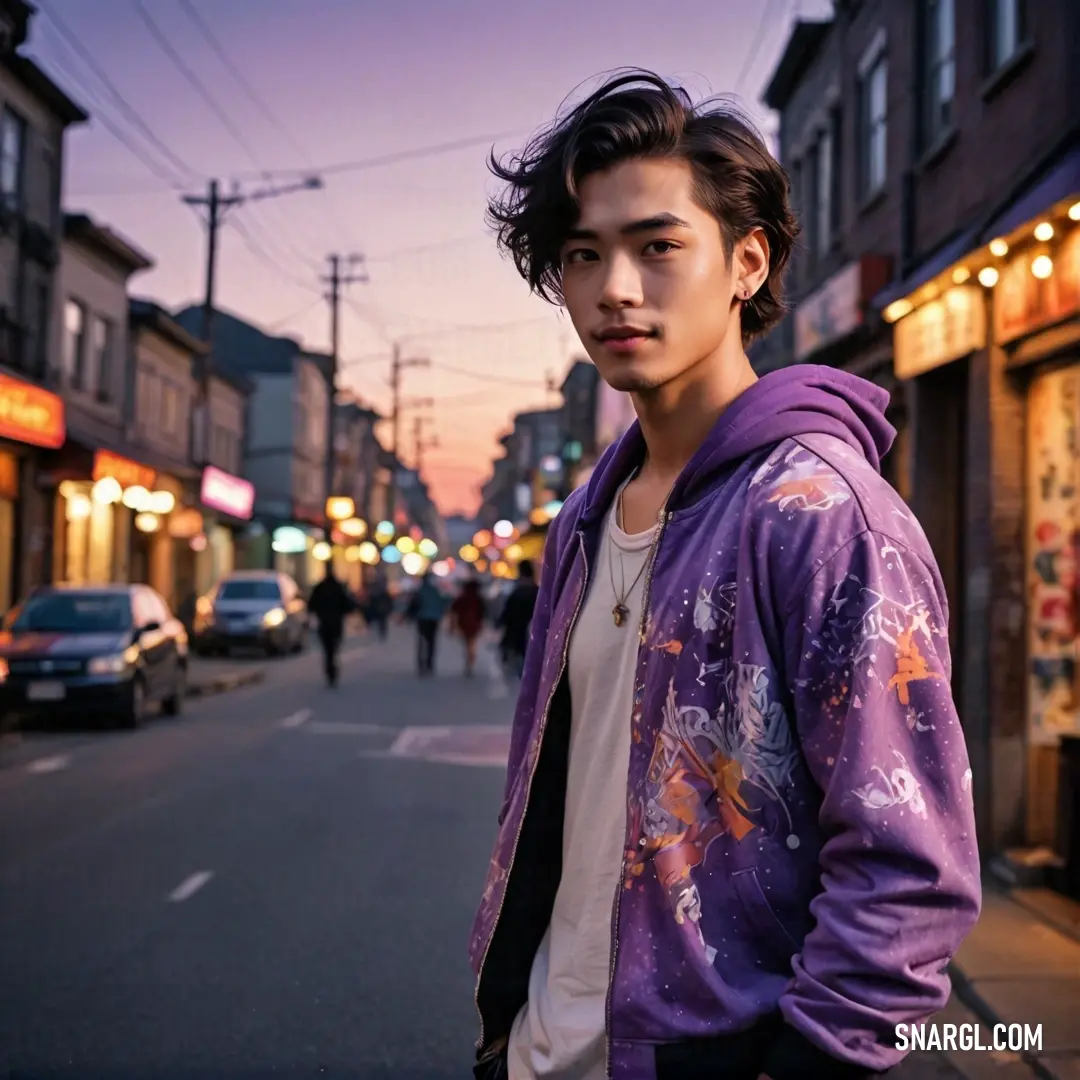
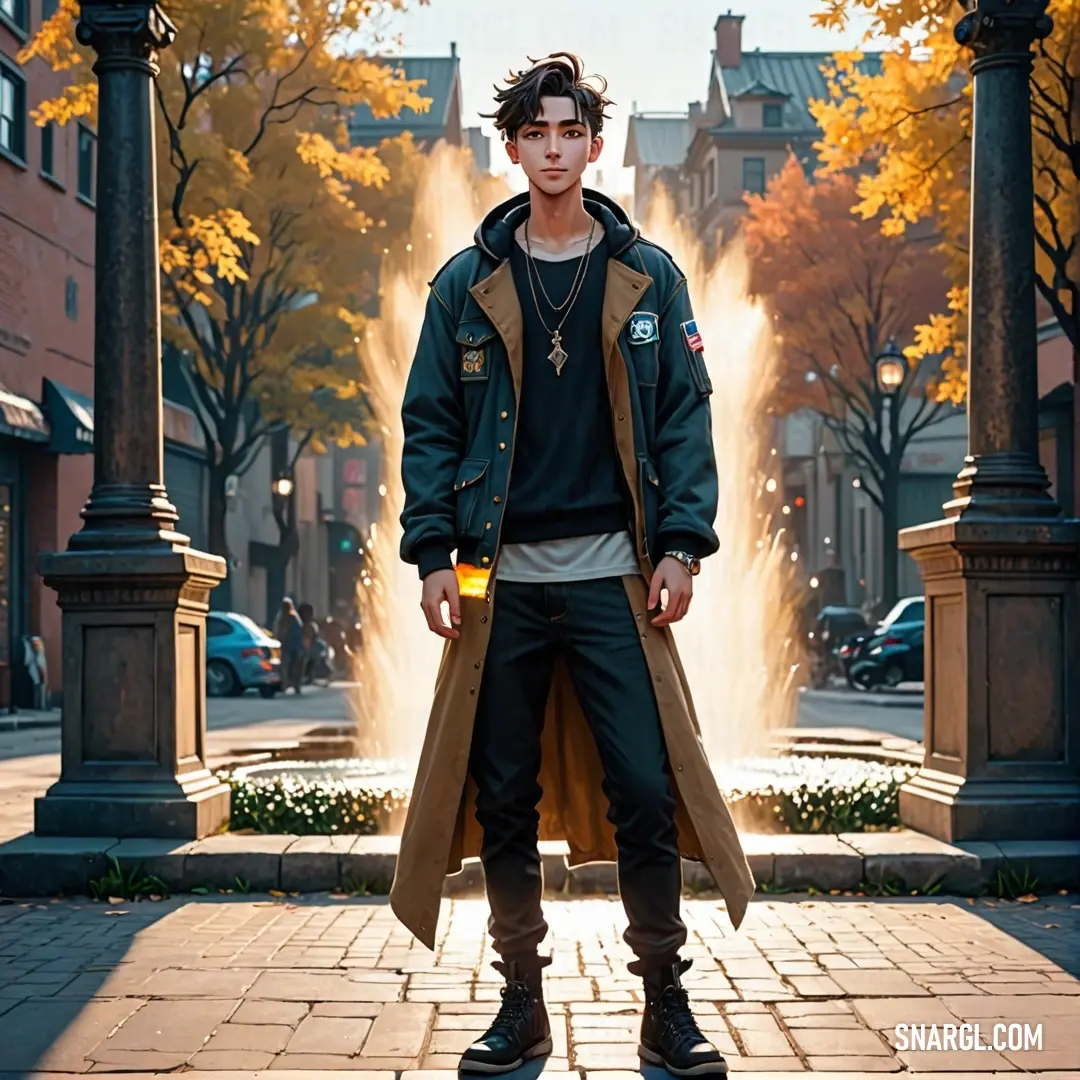
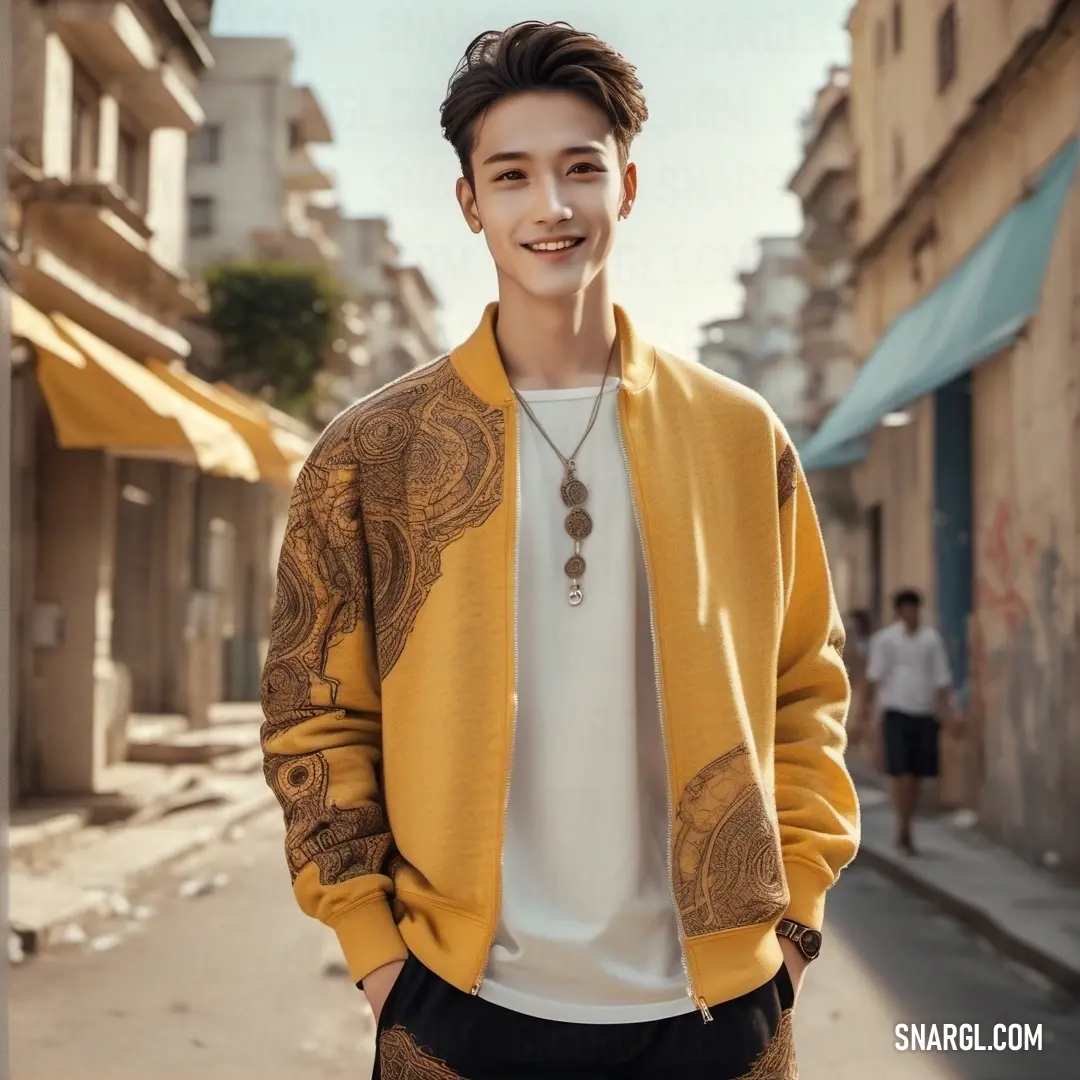
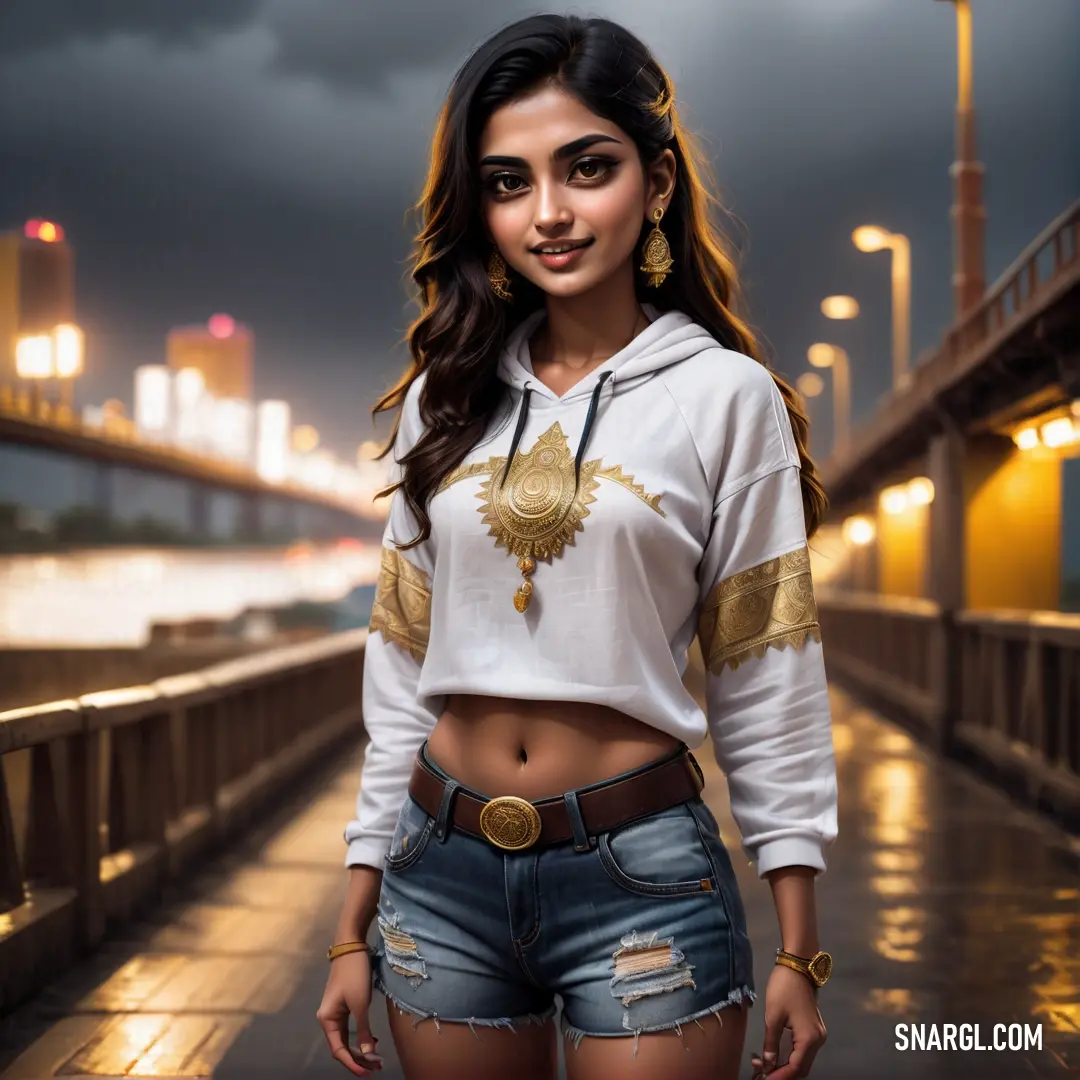
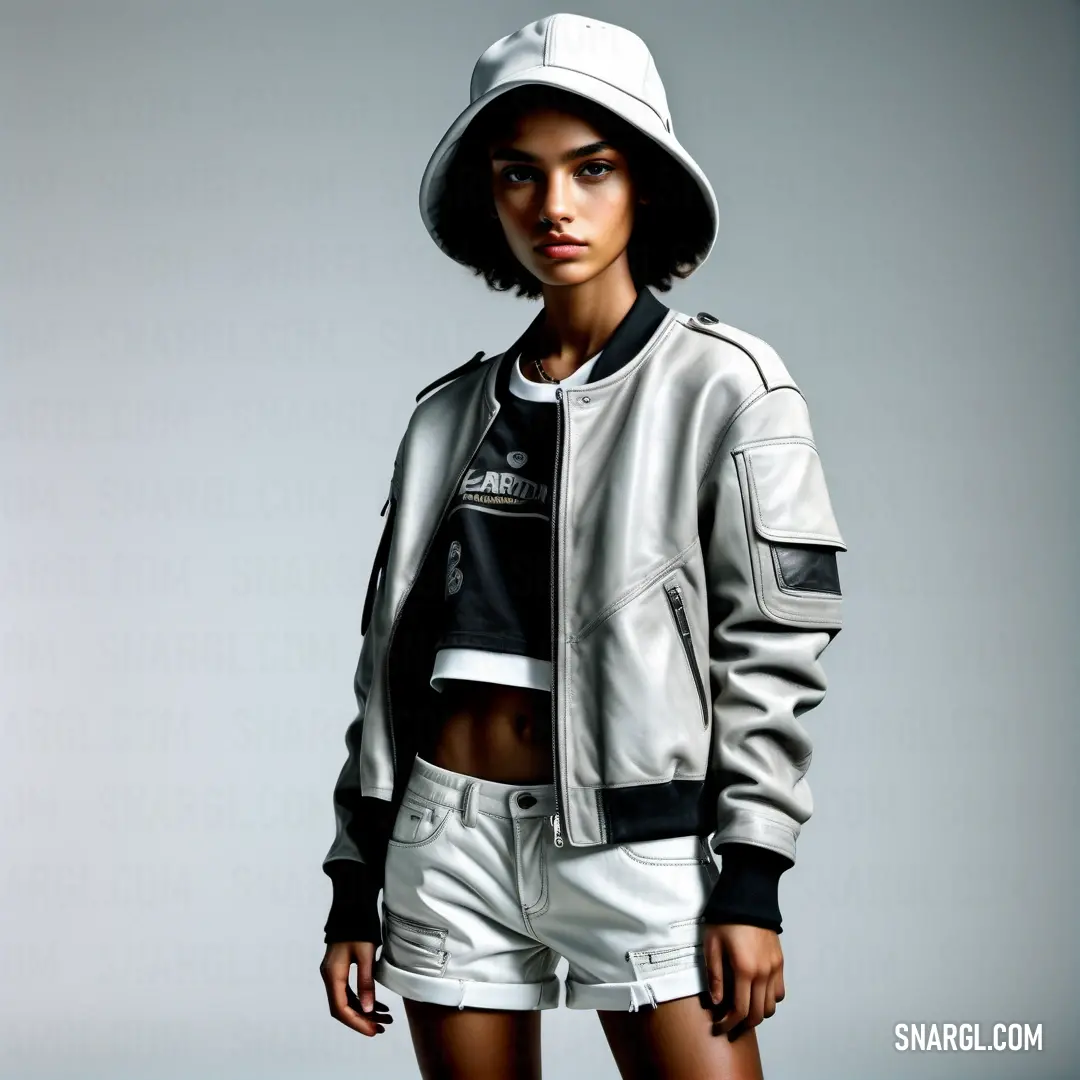
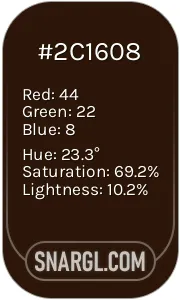 Zinnwaldite
Zinnwaldite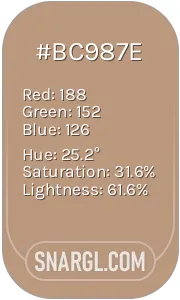 Pale taupe
Pale taupe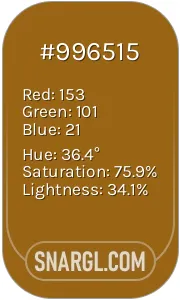 Golden brown
Golden brown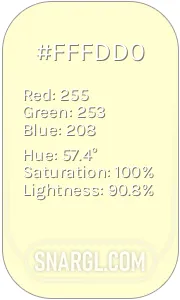 Cream
Cream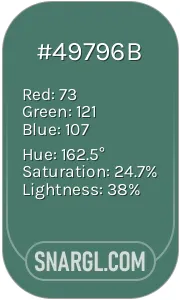 Hooker green
Hooker green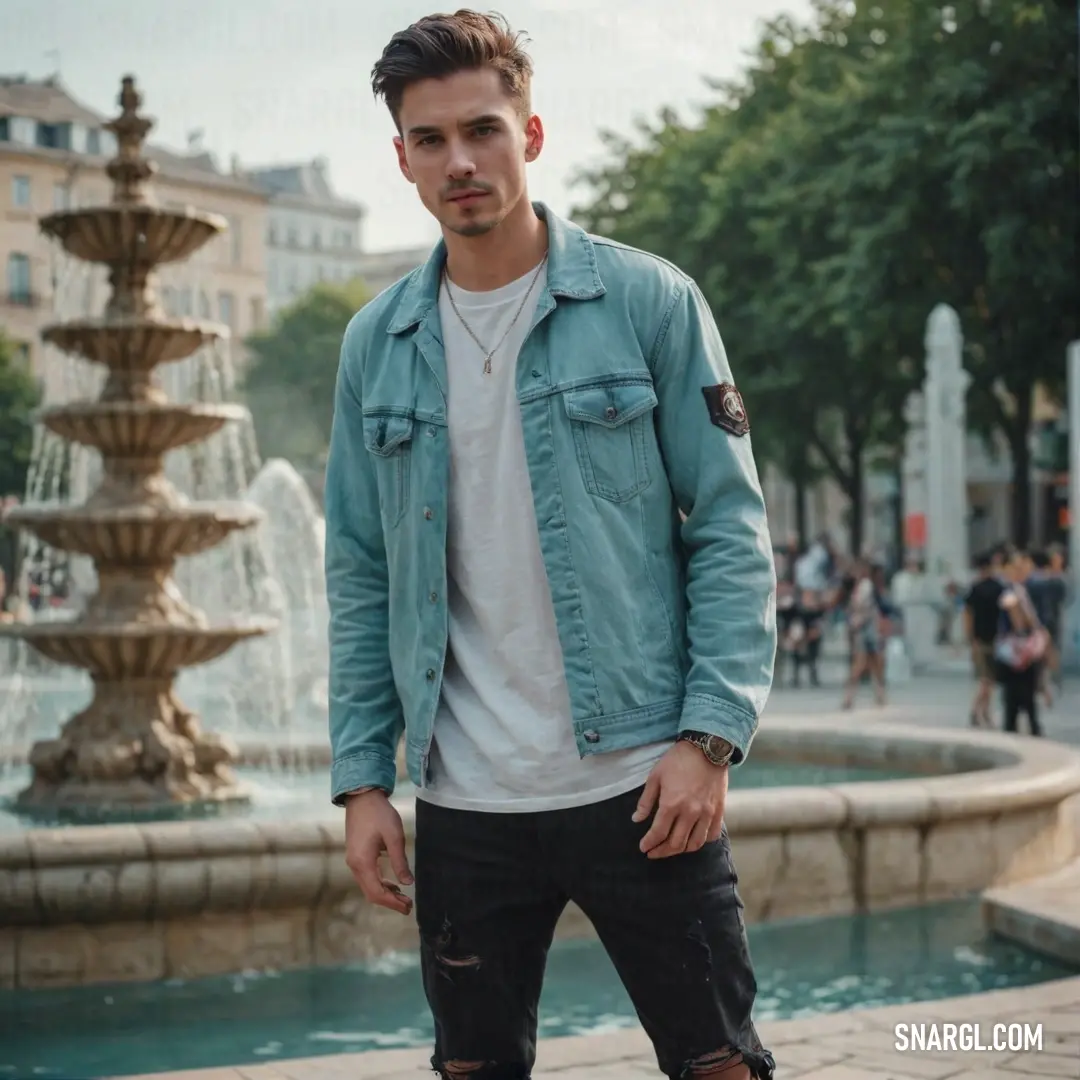
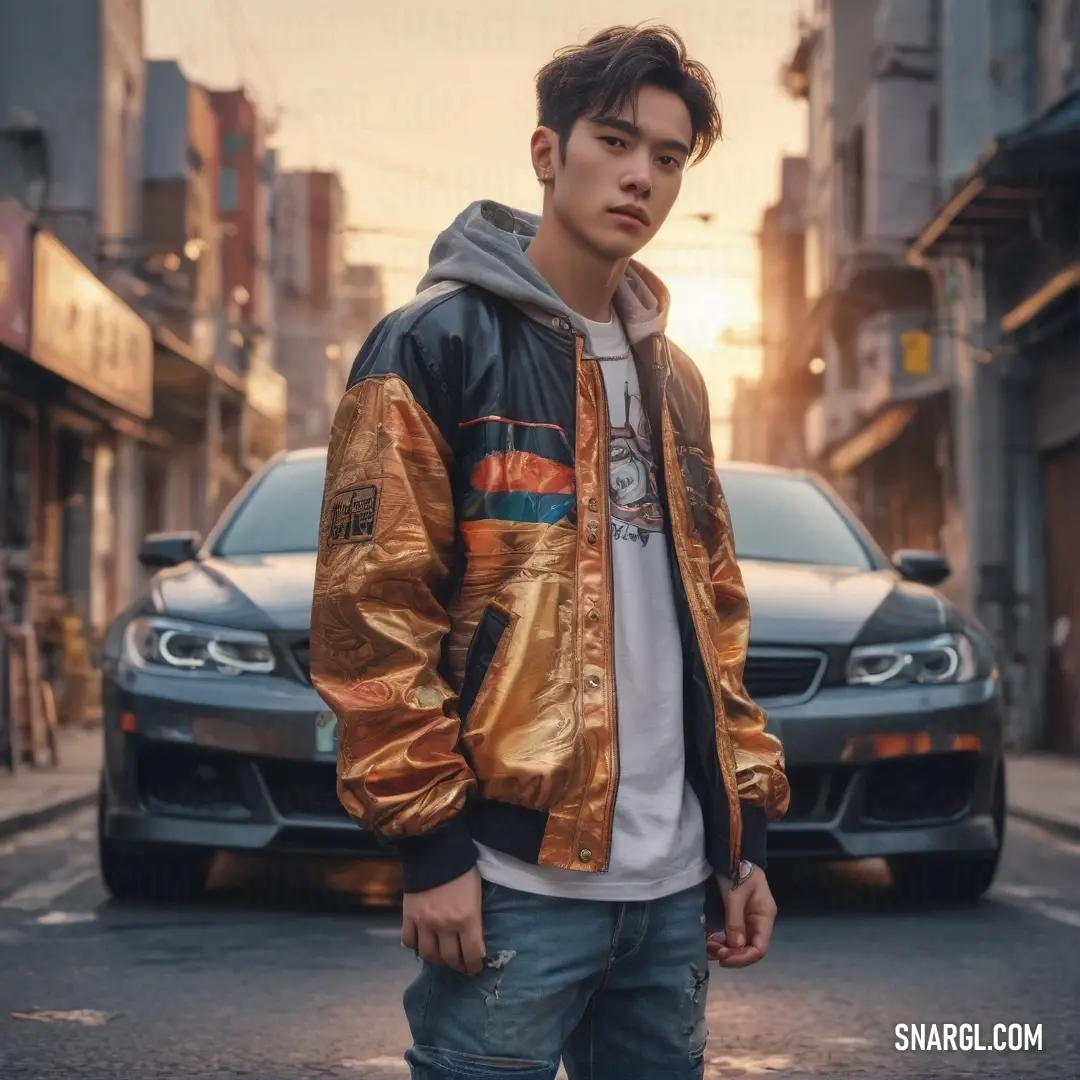
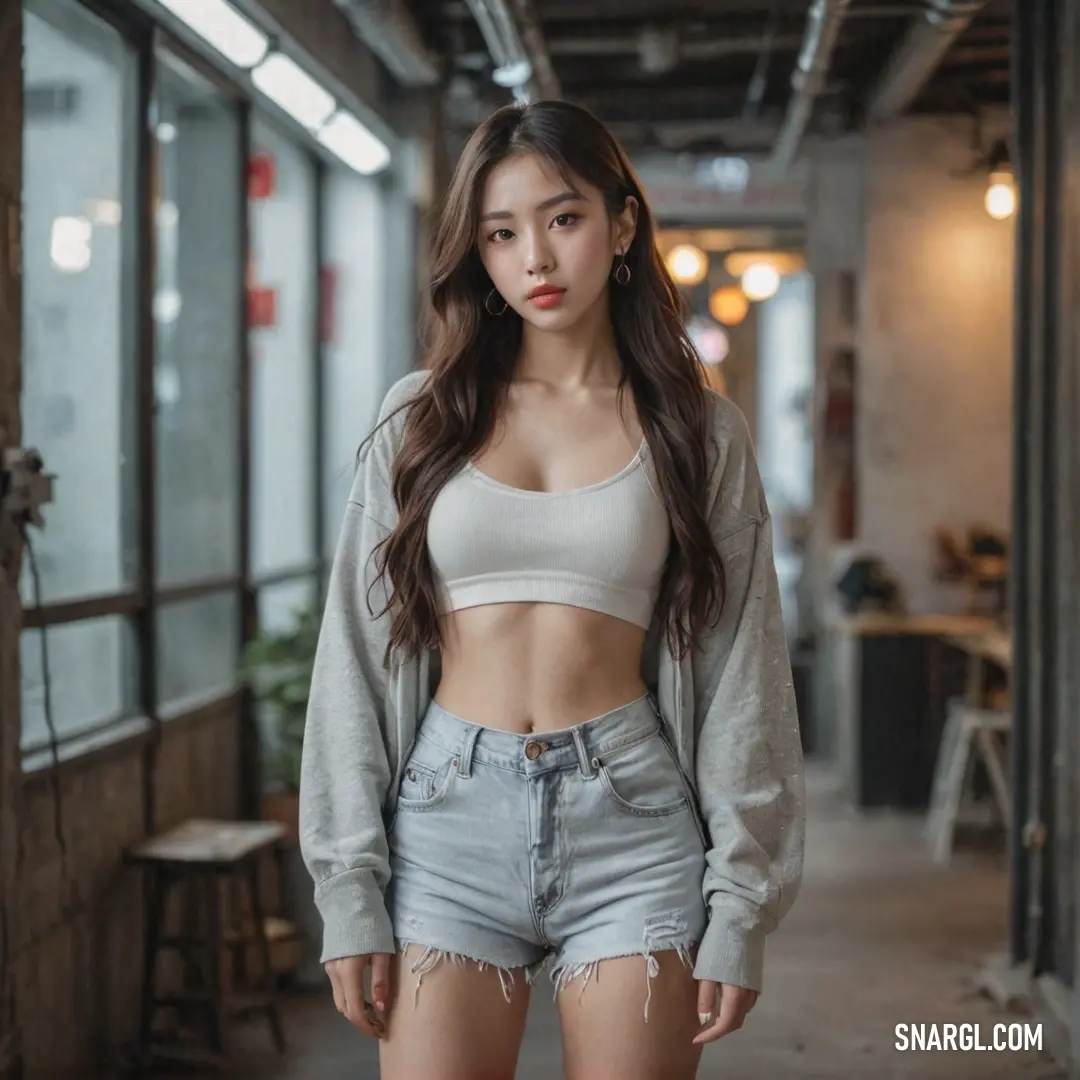
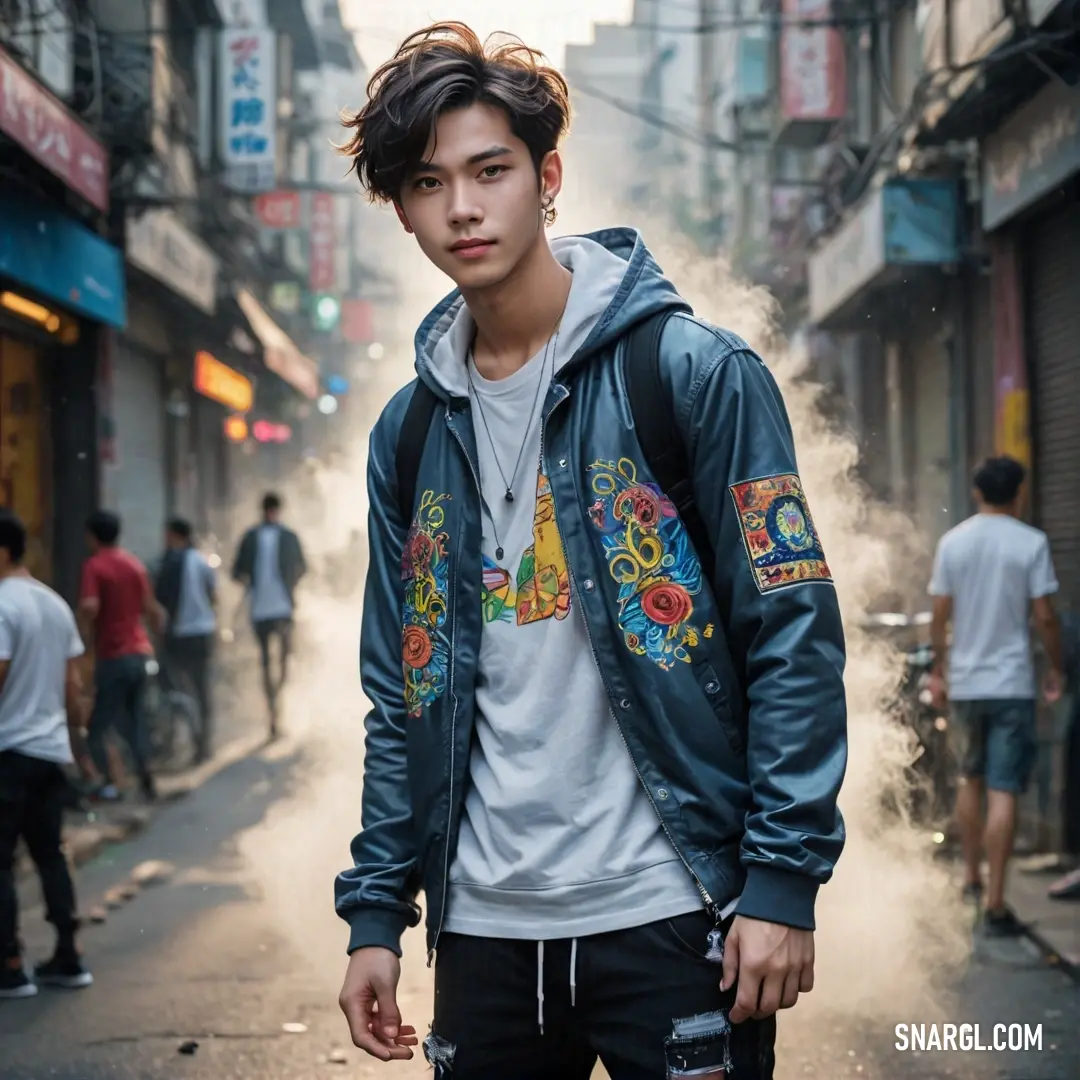
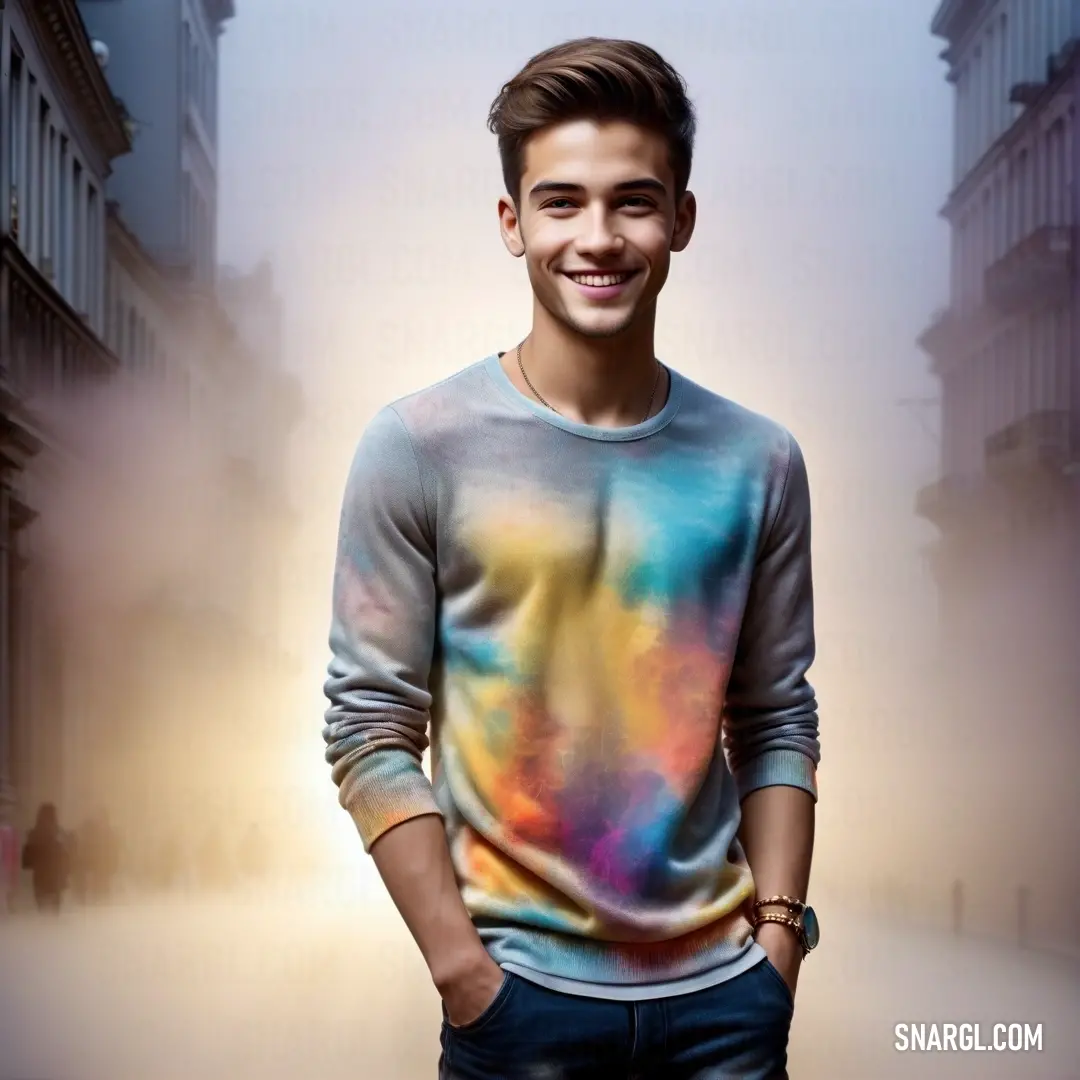
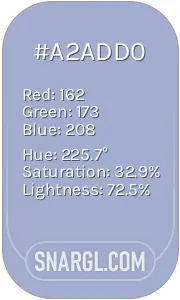 Wild blue yonder
Wild blue yonder Viridian
Viridian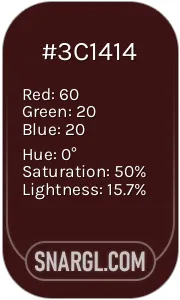 Dark sienna
Dark sienna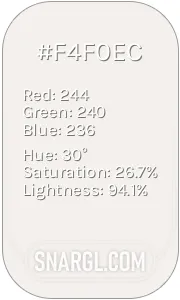 Isabelline
Isabelline Coffee
Coffee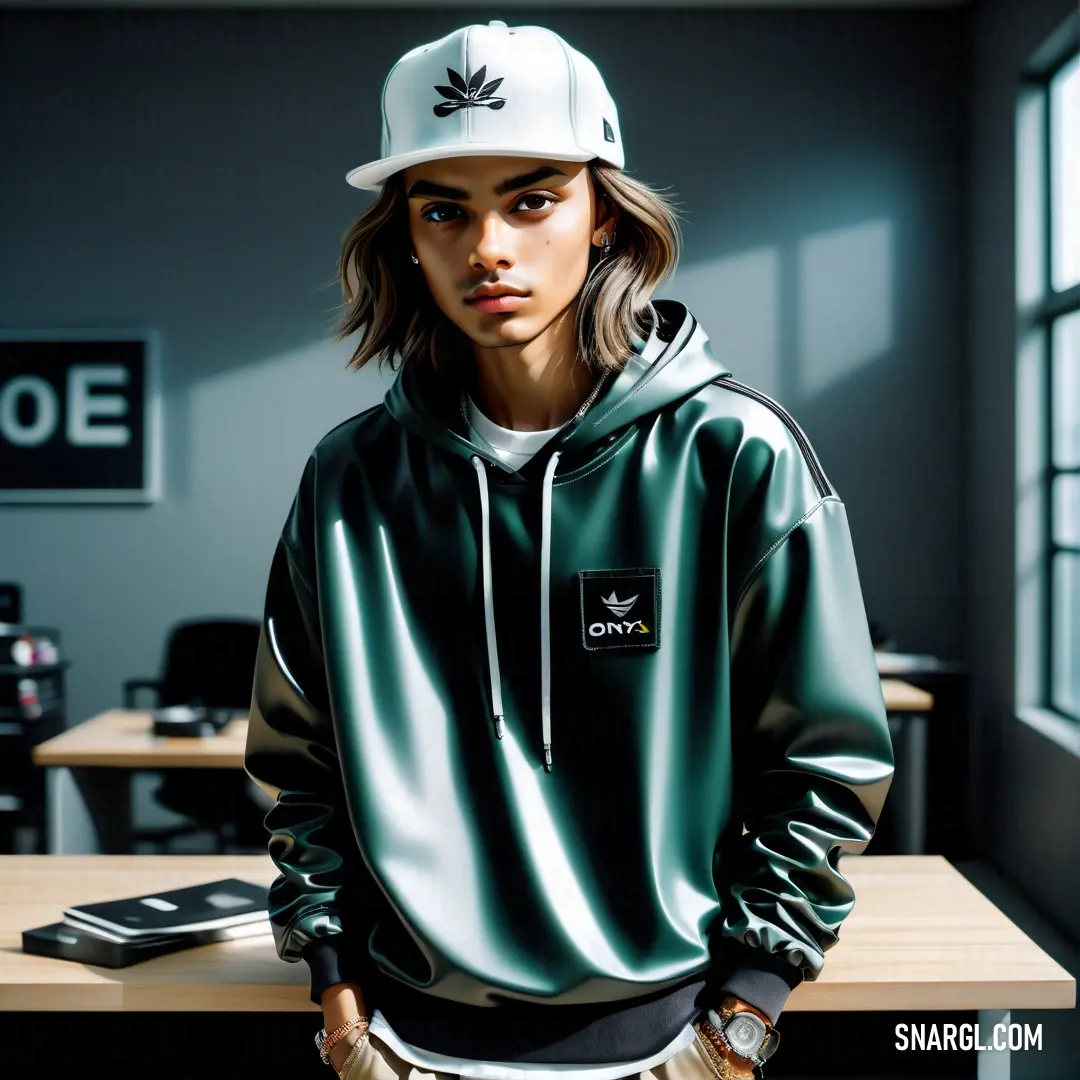
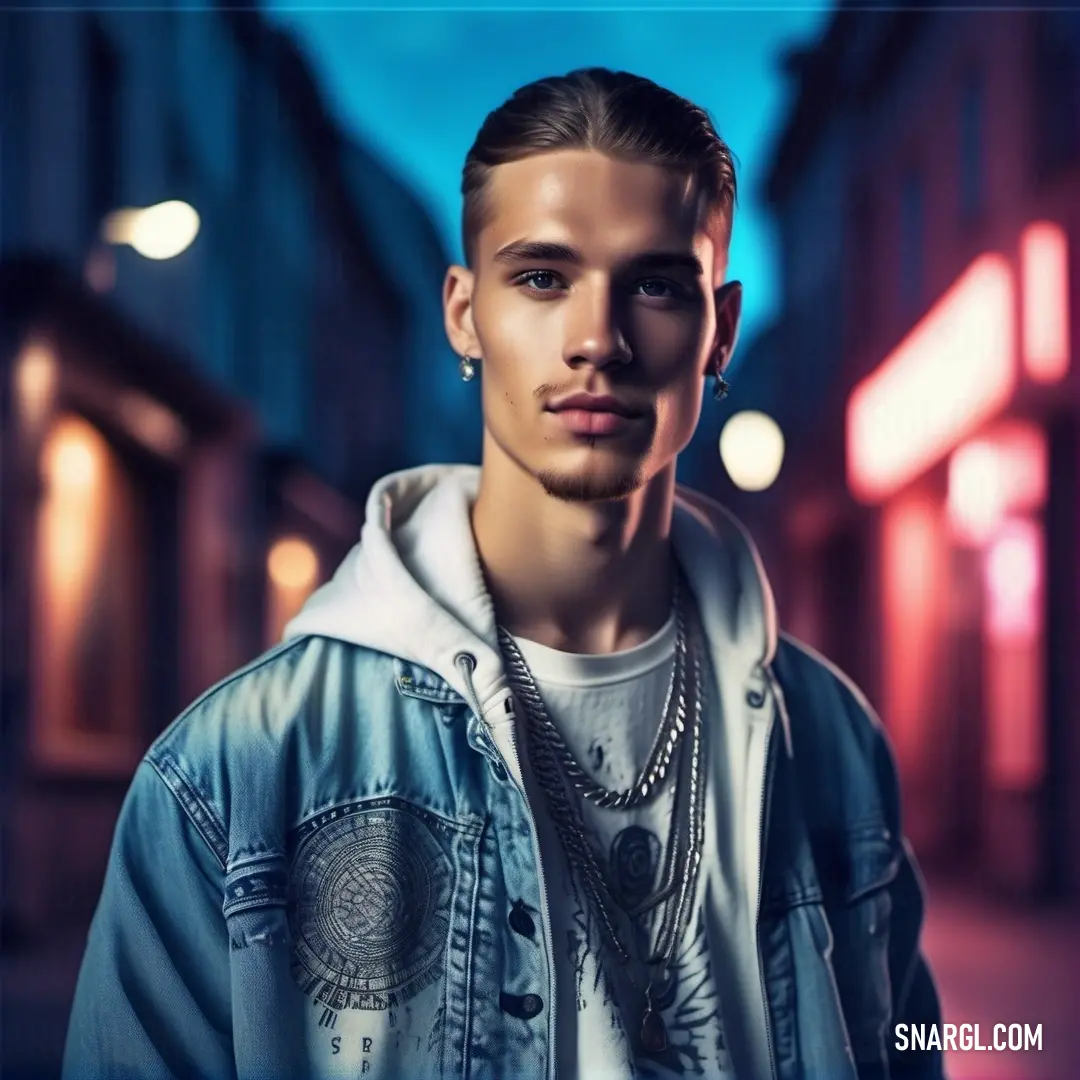
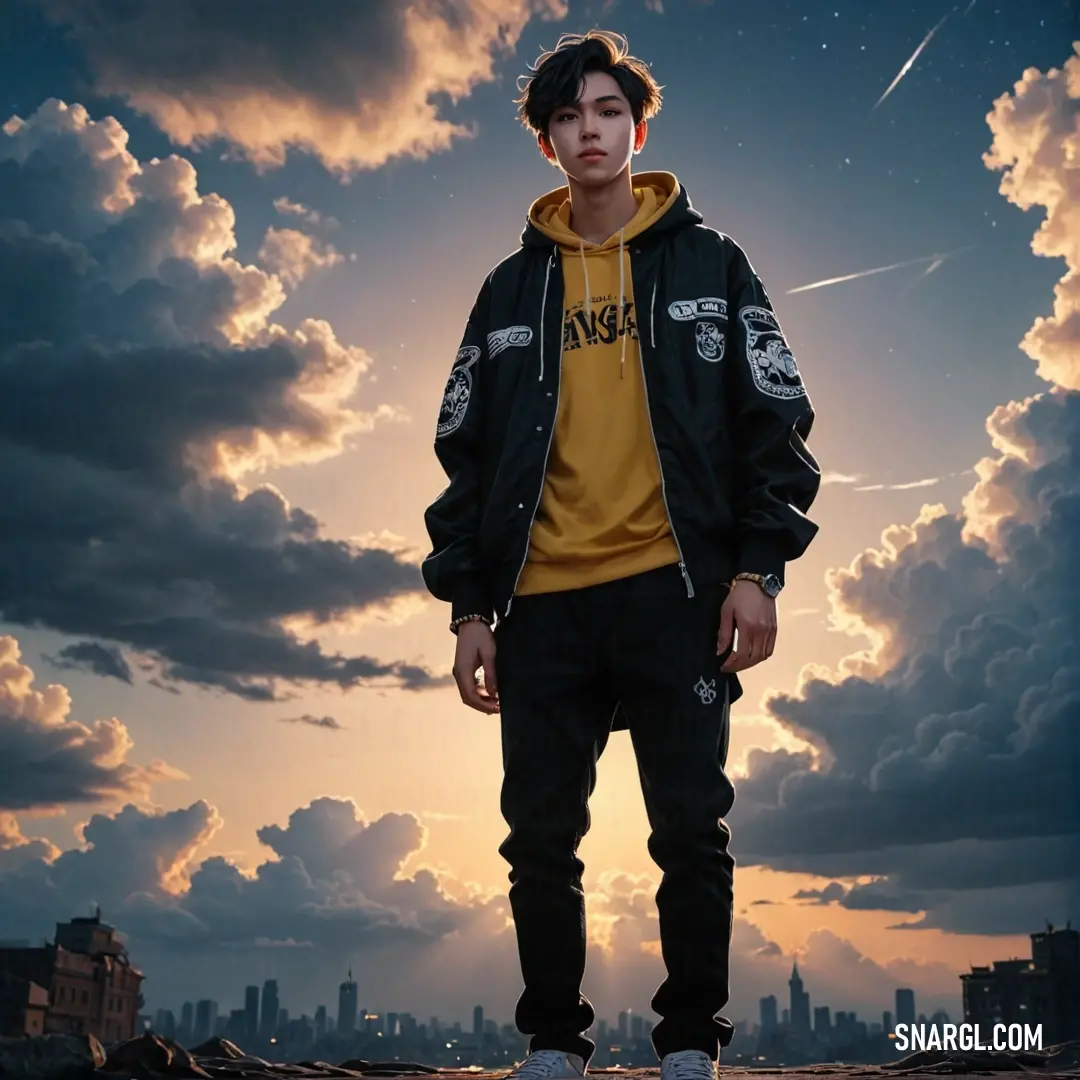
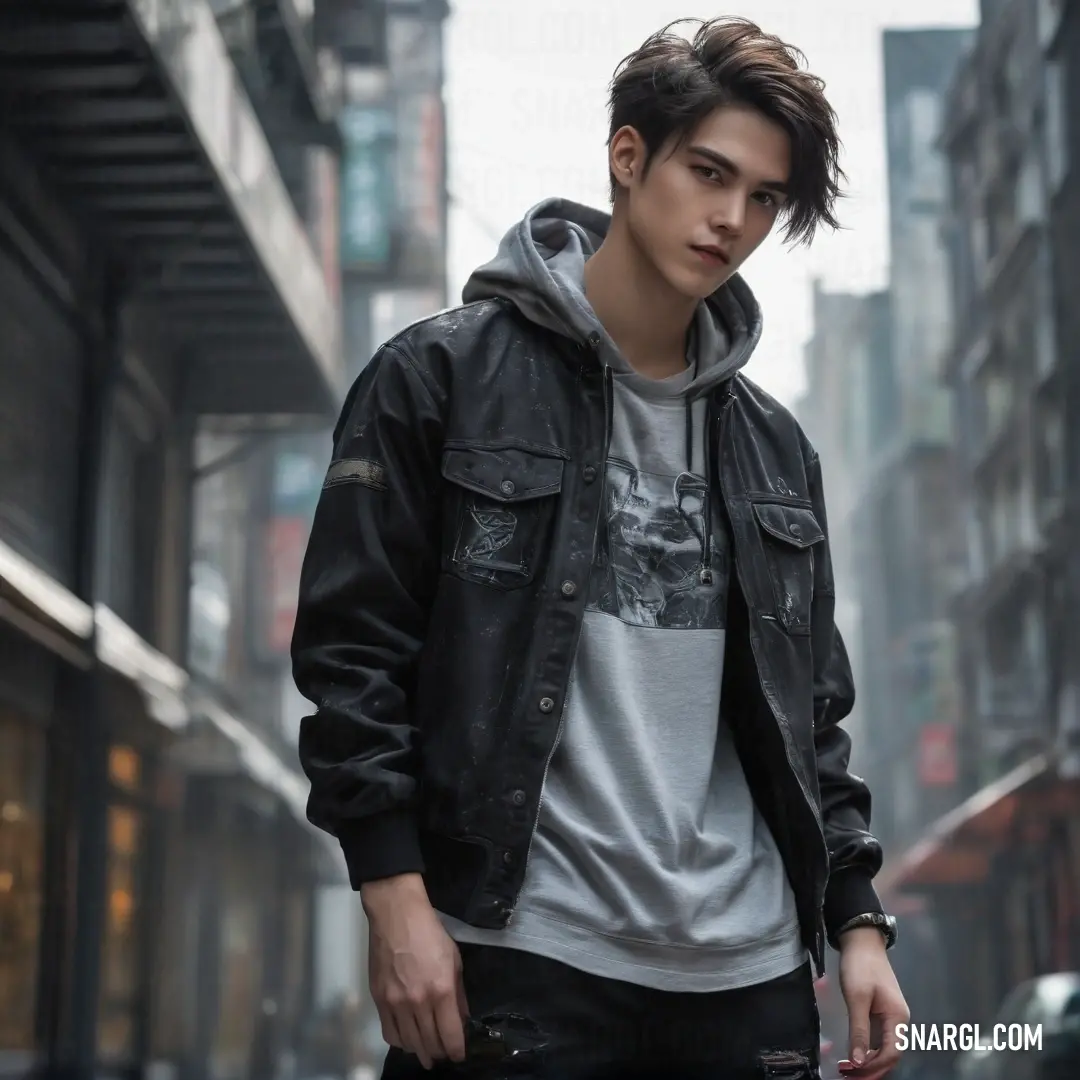
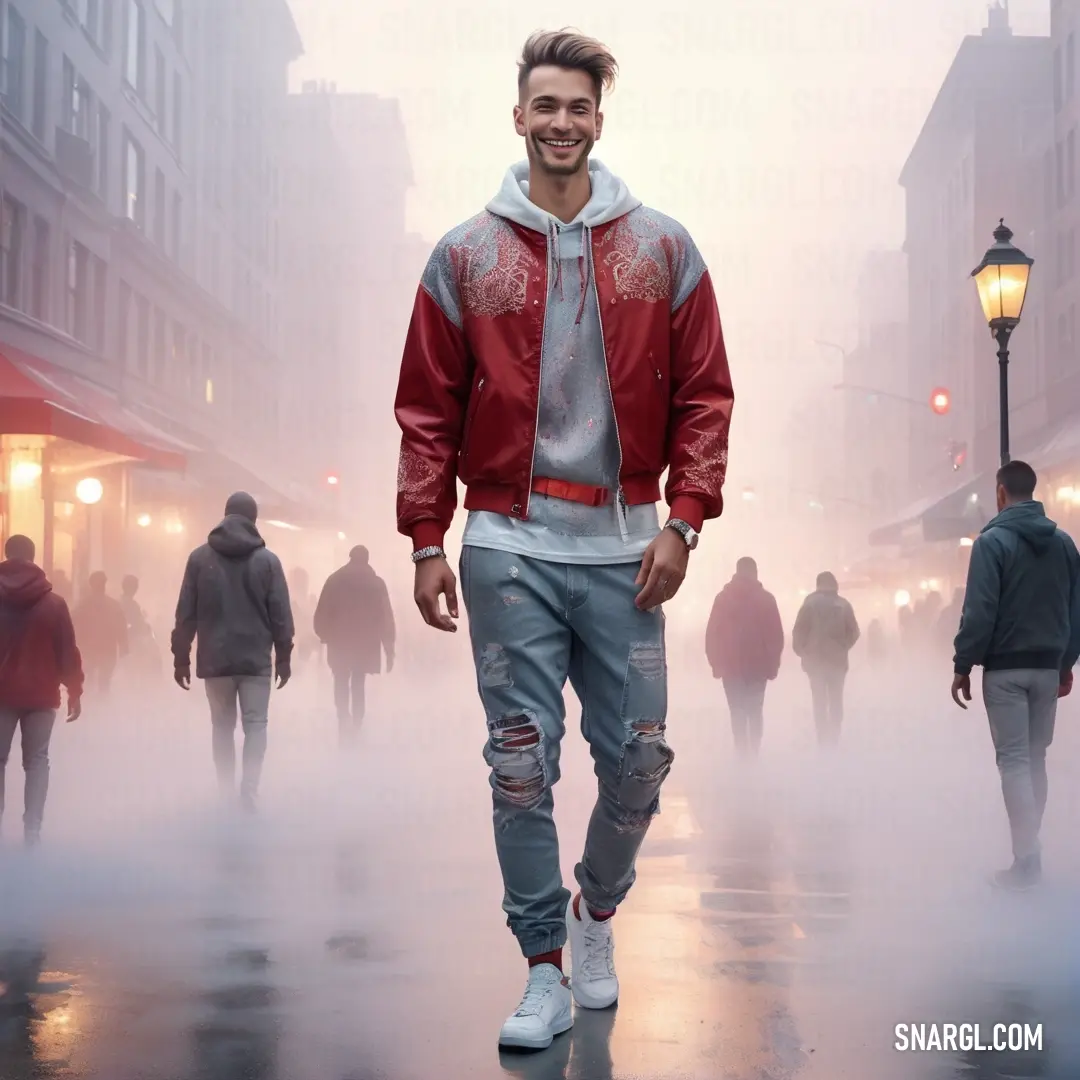
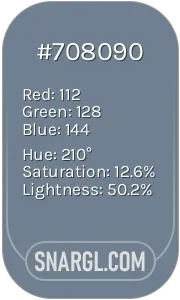 Slate gray
Slate gray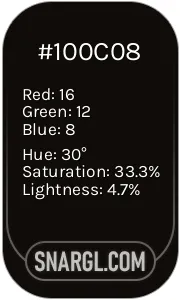 Smoky black
Smoky black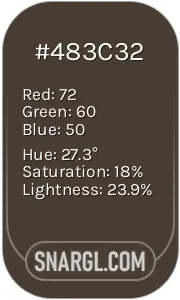 Dark lava
Dark lava Dark terra cotta
Dark terra cotta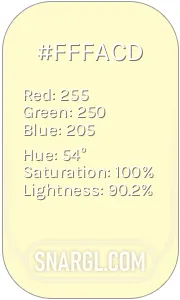 Lemon chiffon
Lemon chiffon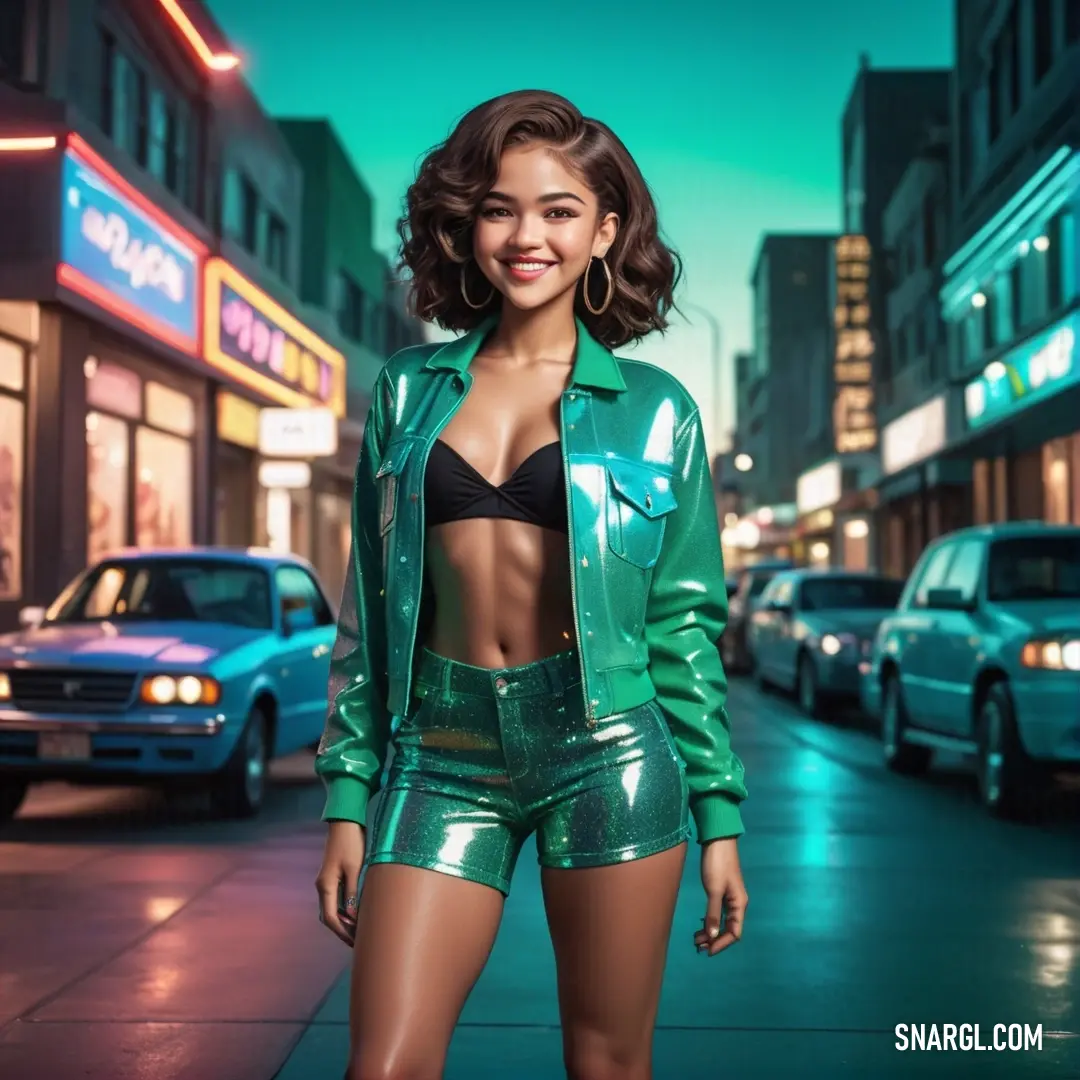
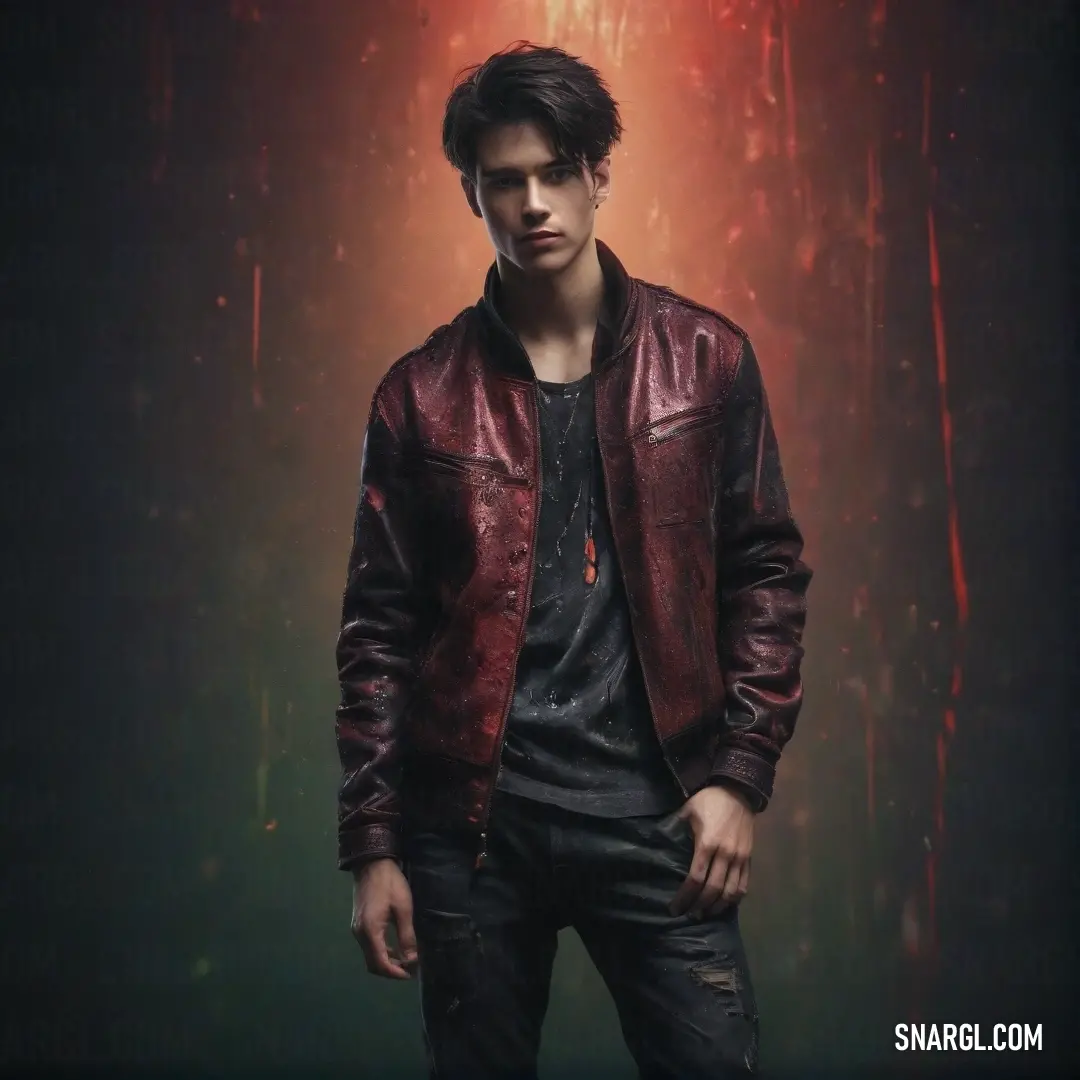
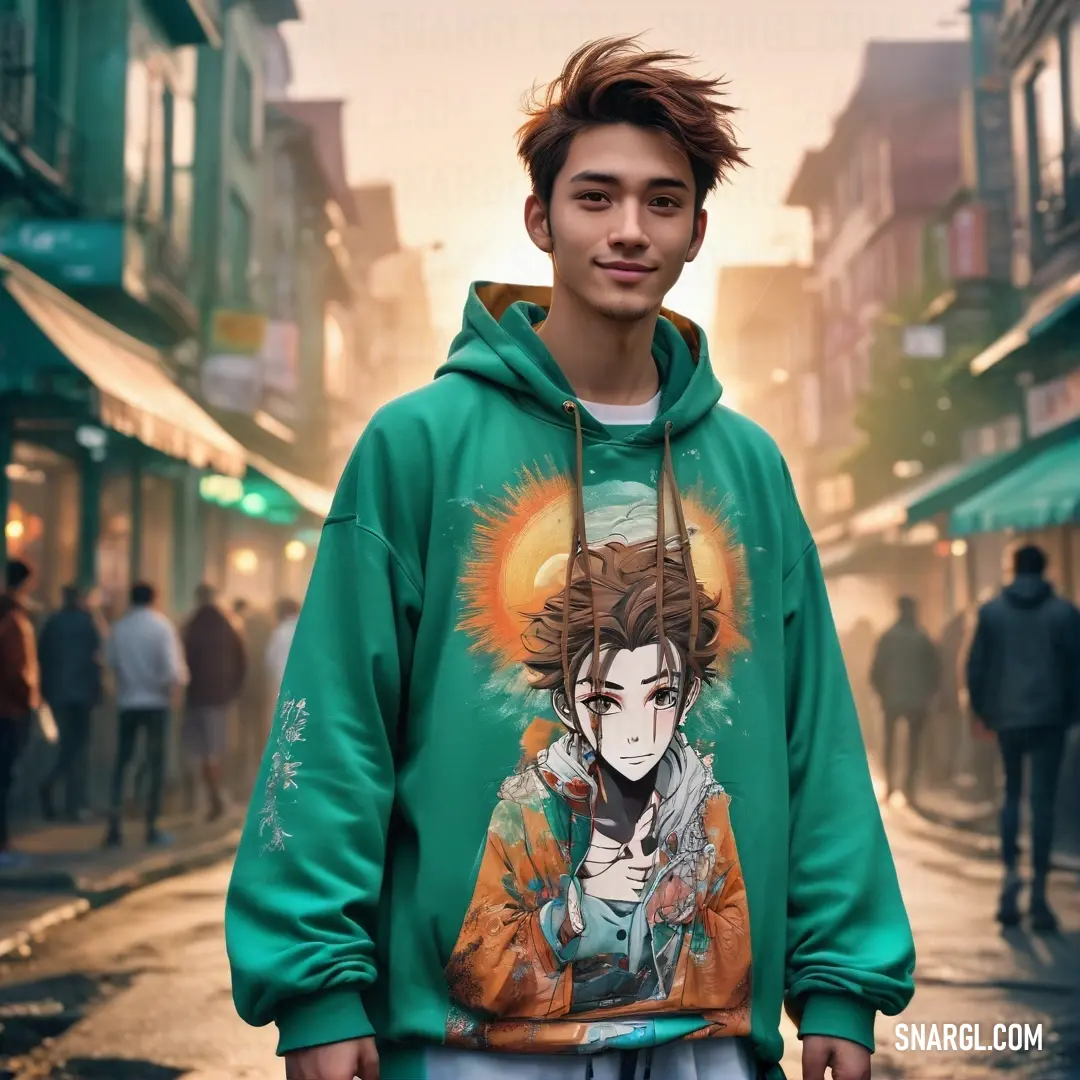
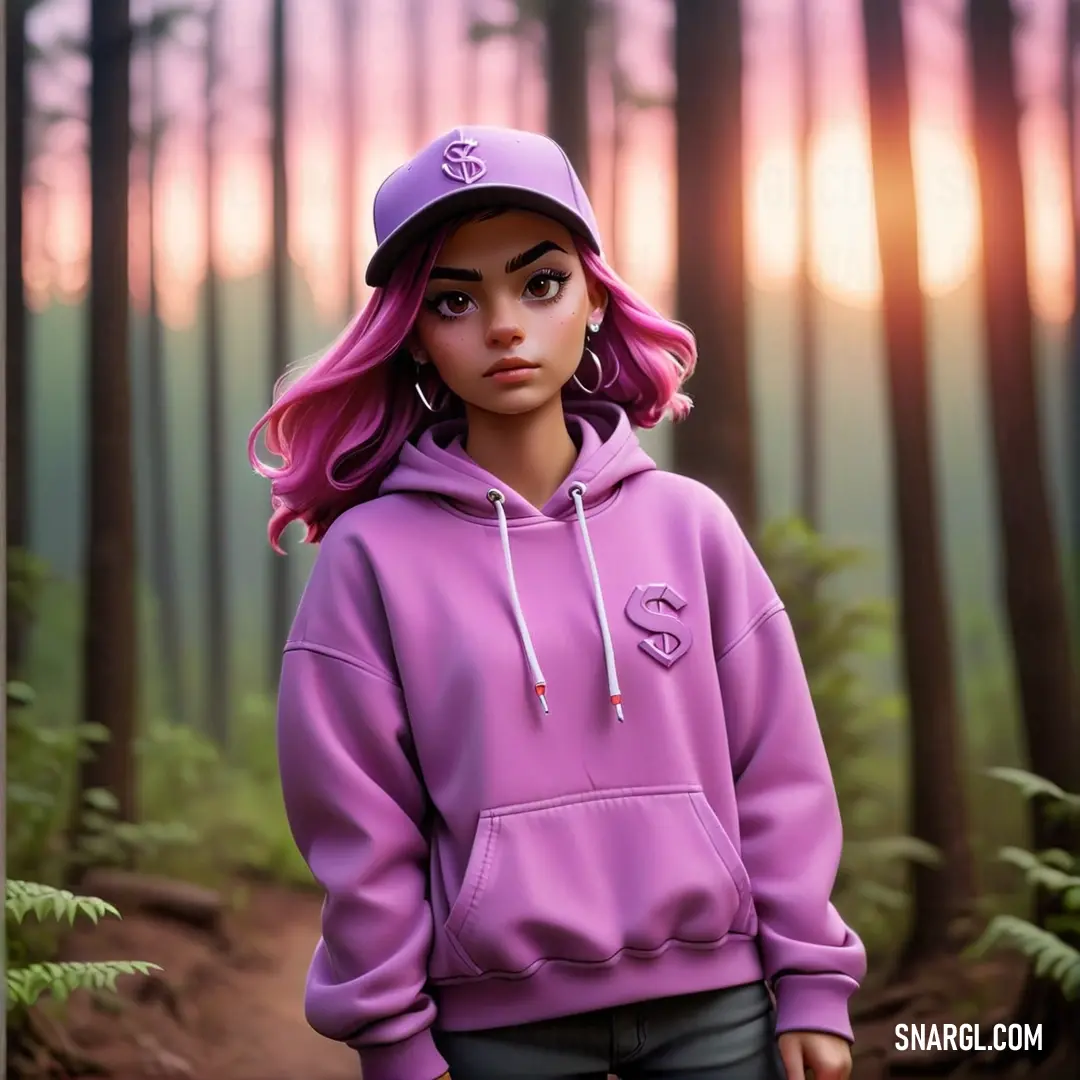
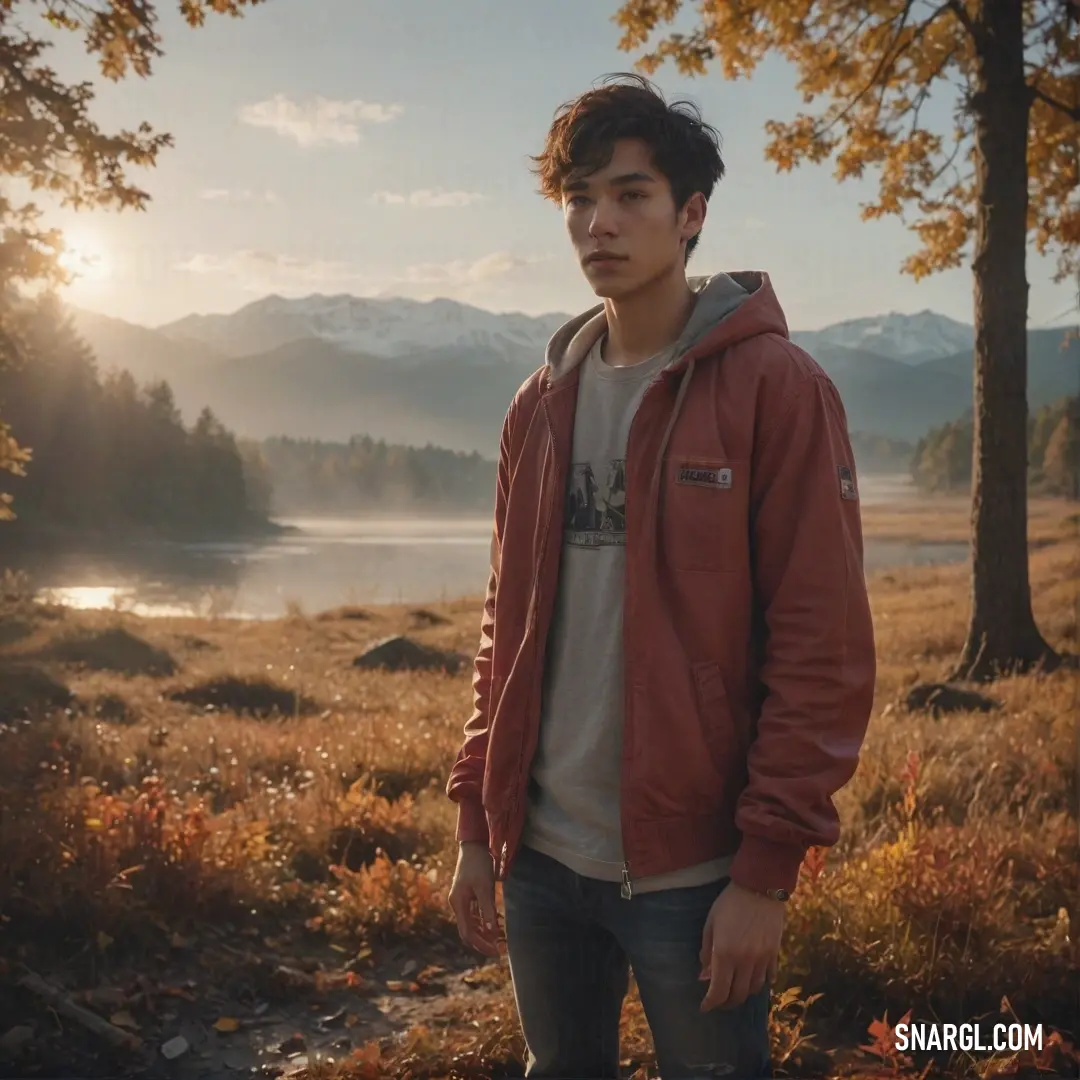
 Royal purple
Royal purple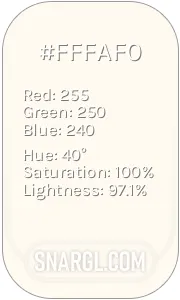 Floral white
Floral white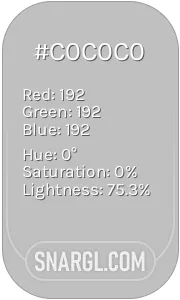 Silver
Silver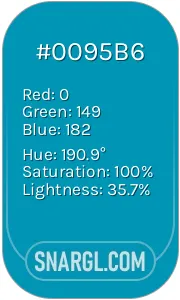 Bondi Blue
Bondi Blue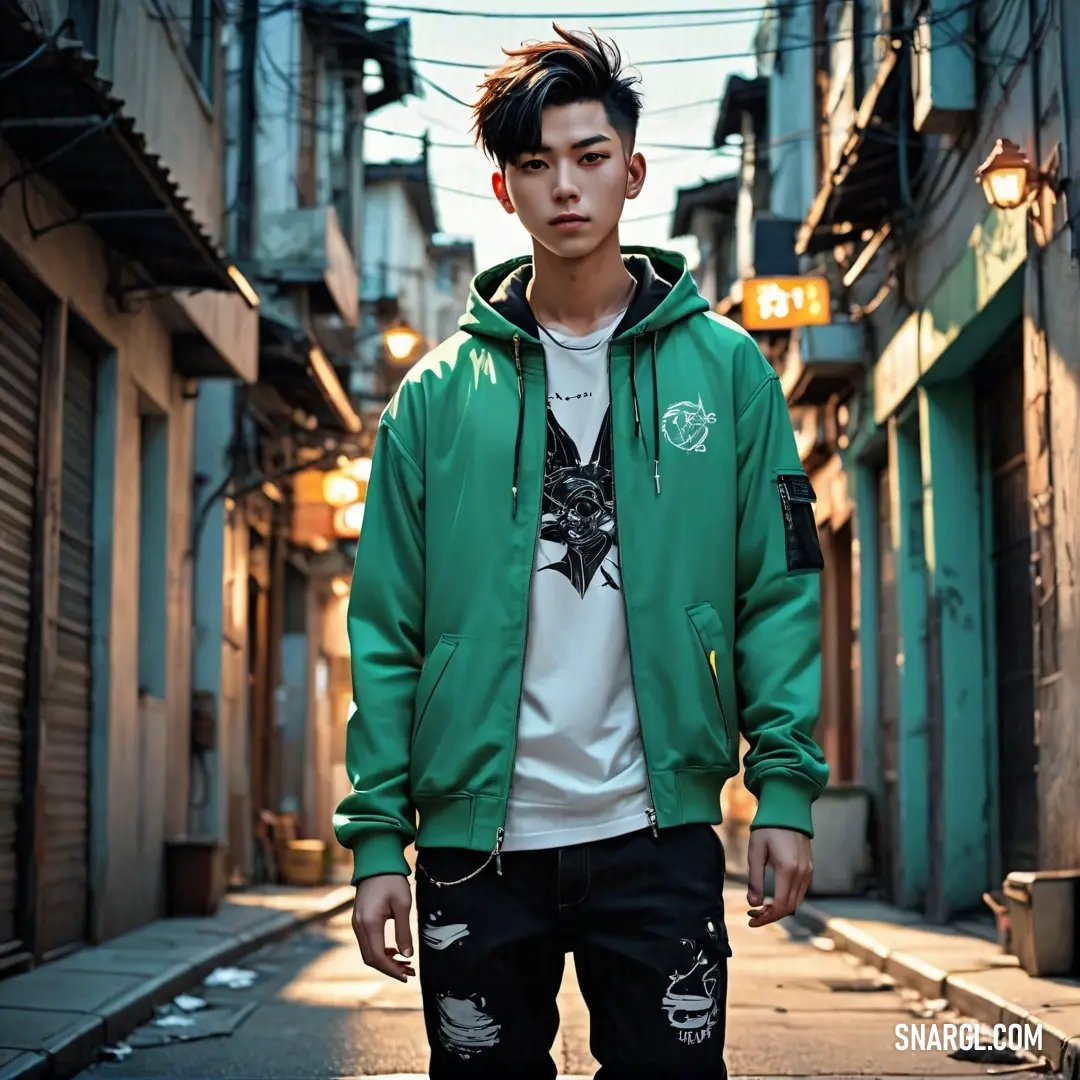
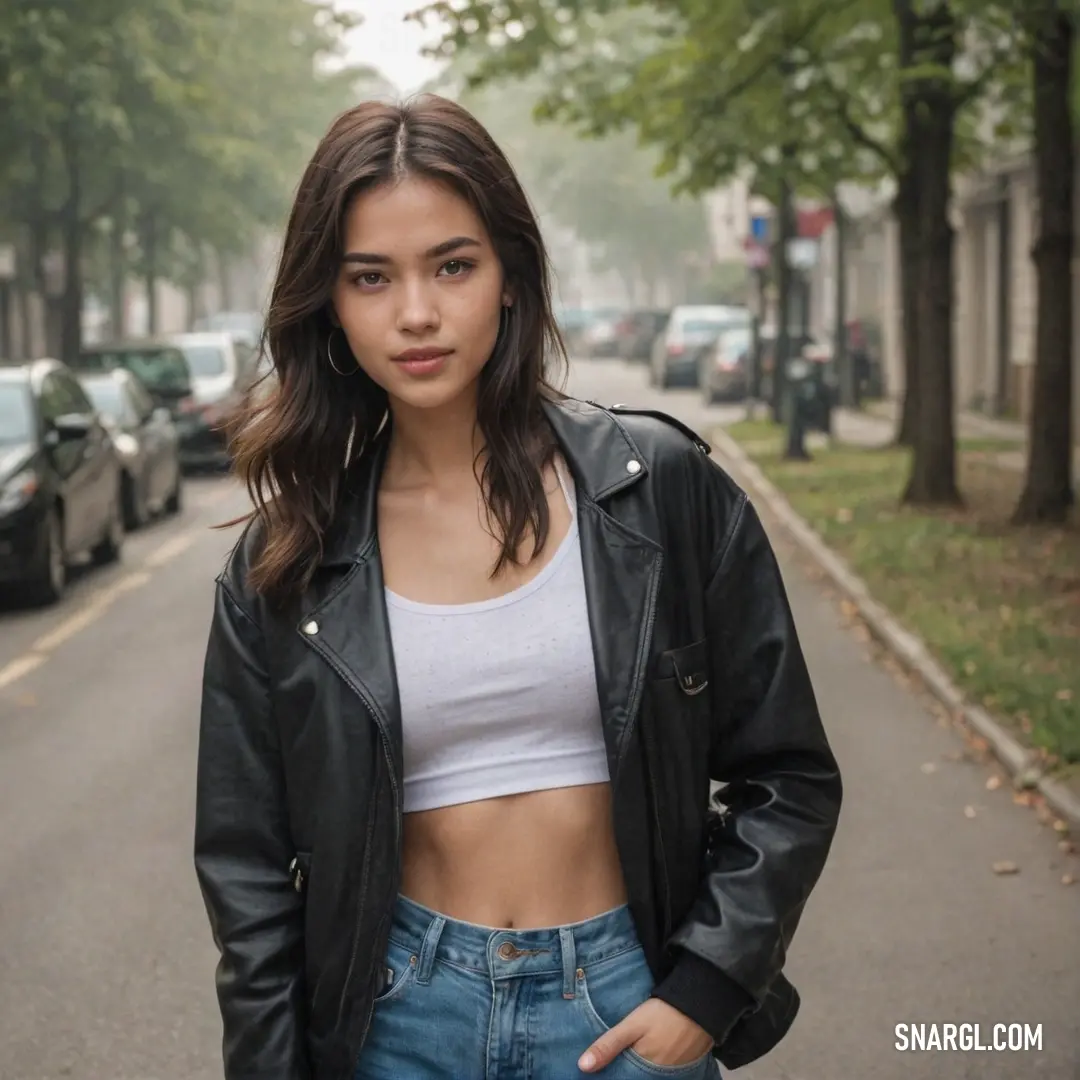
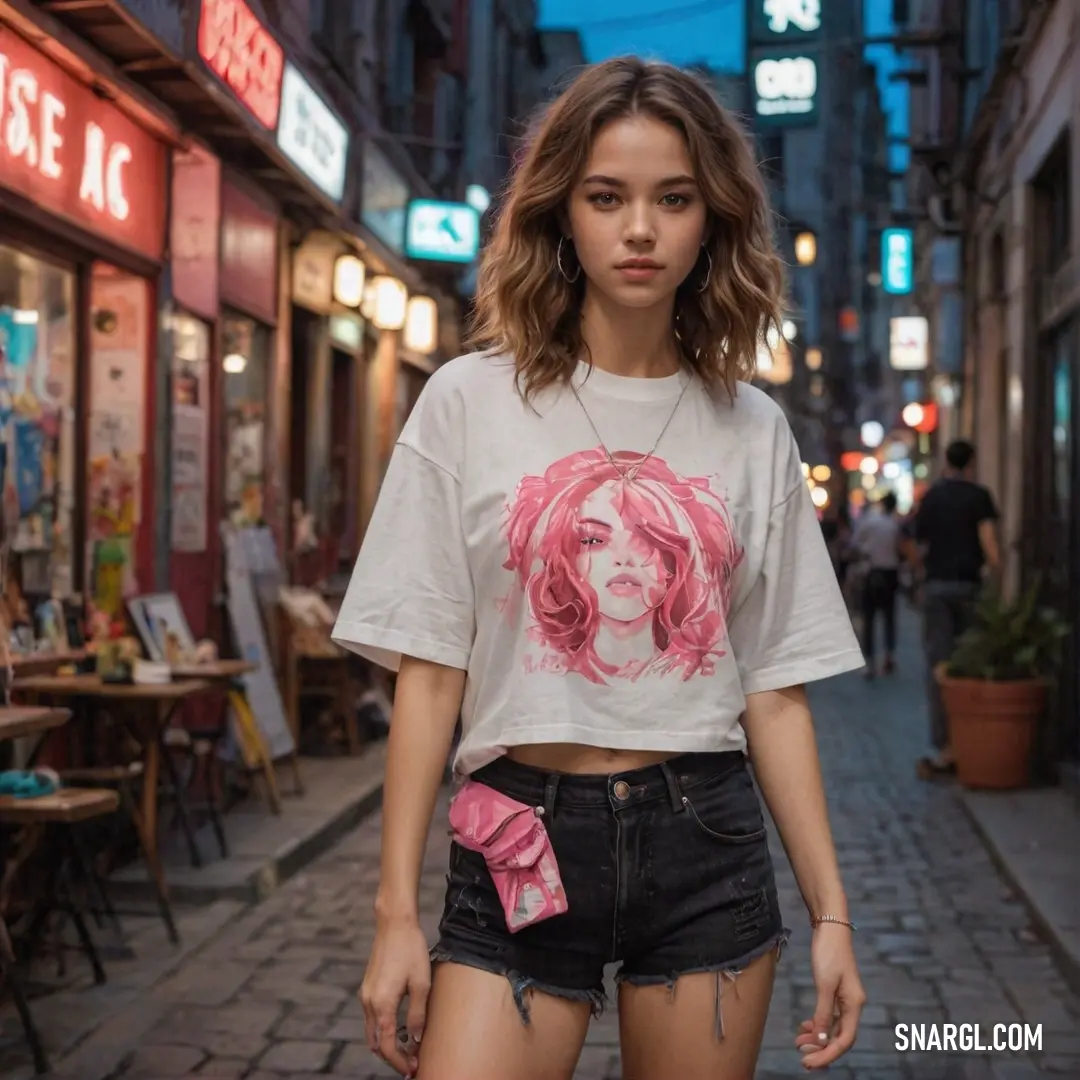
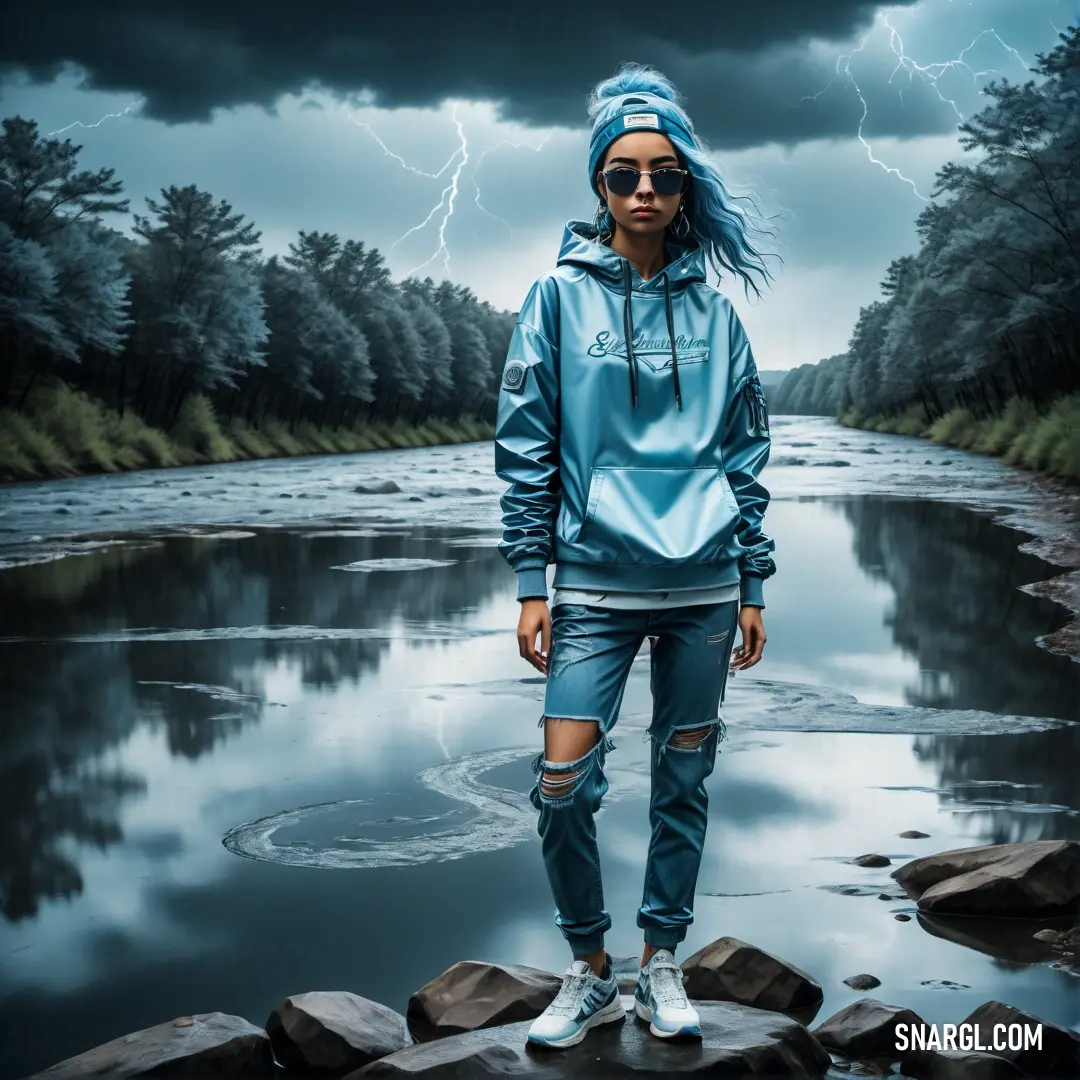
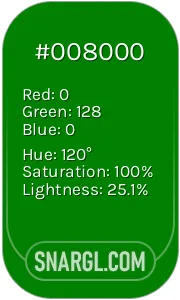 Ao
Ao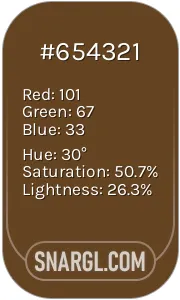 Dark brown
Dark brown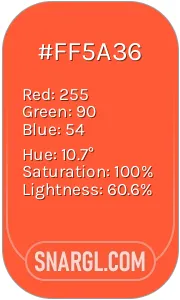 Portland Orange
Portland Orange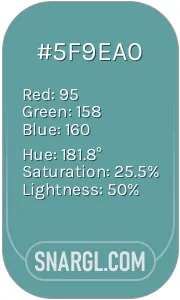 Cadet blue
Cadet blue Aquamarine
Aquamarine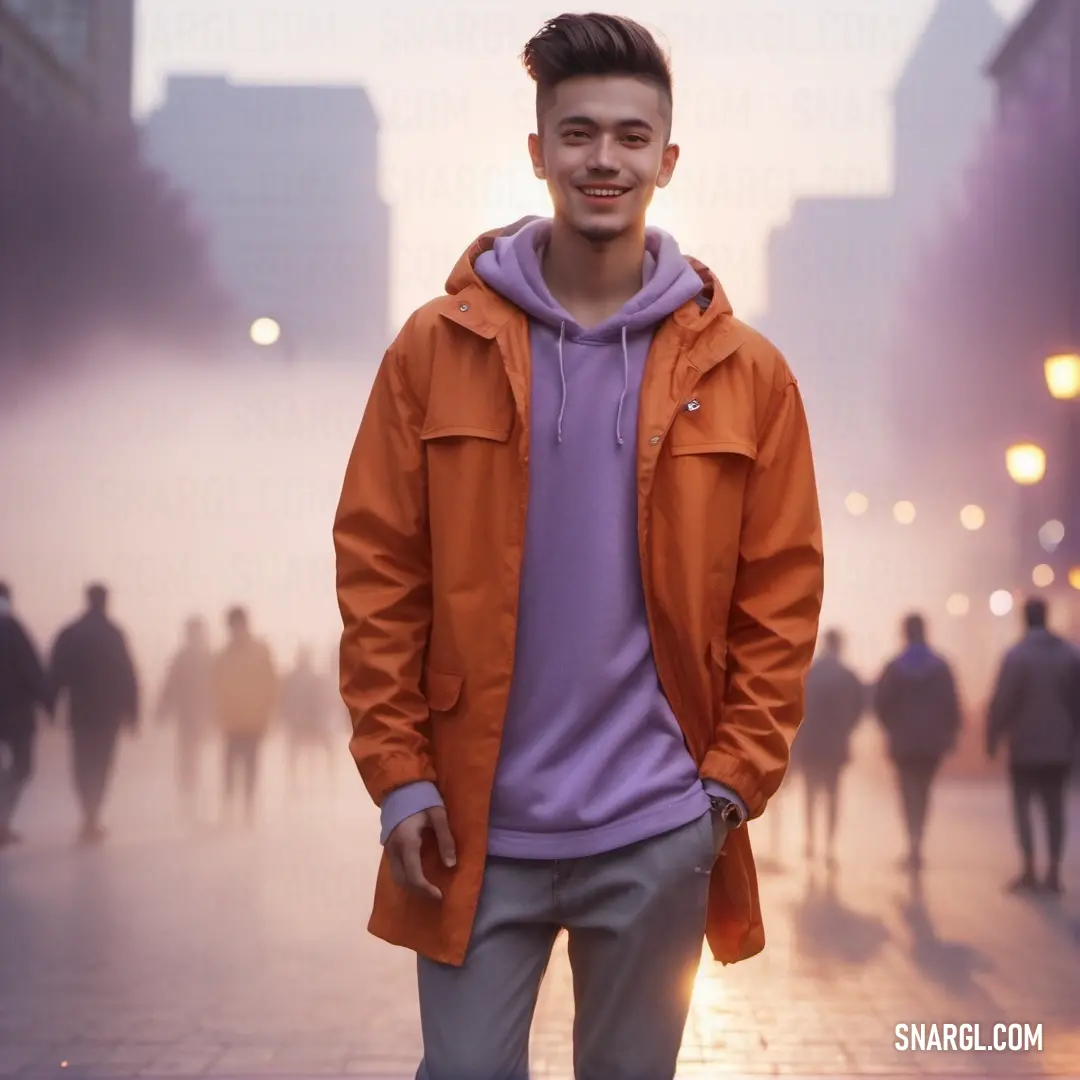

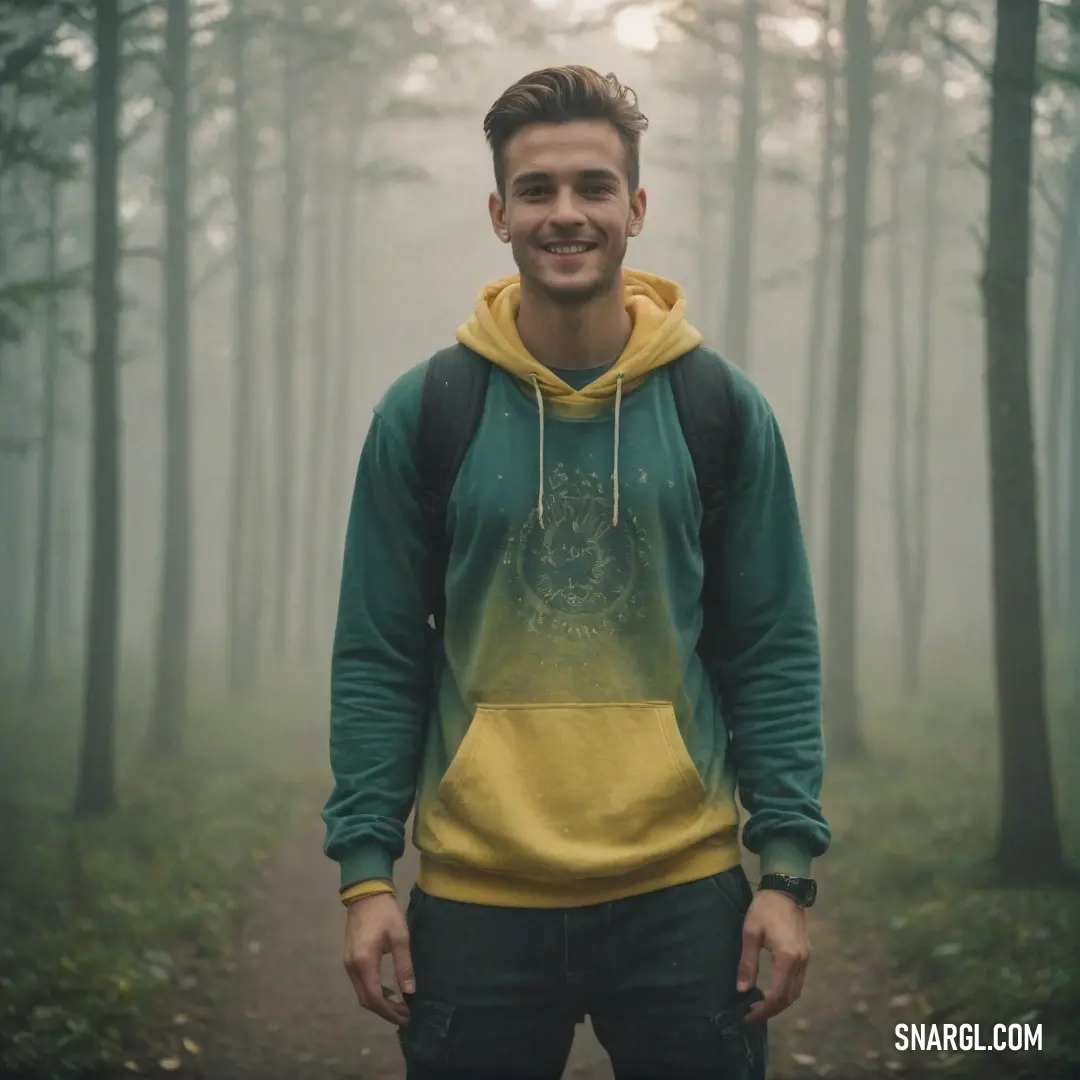

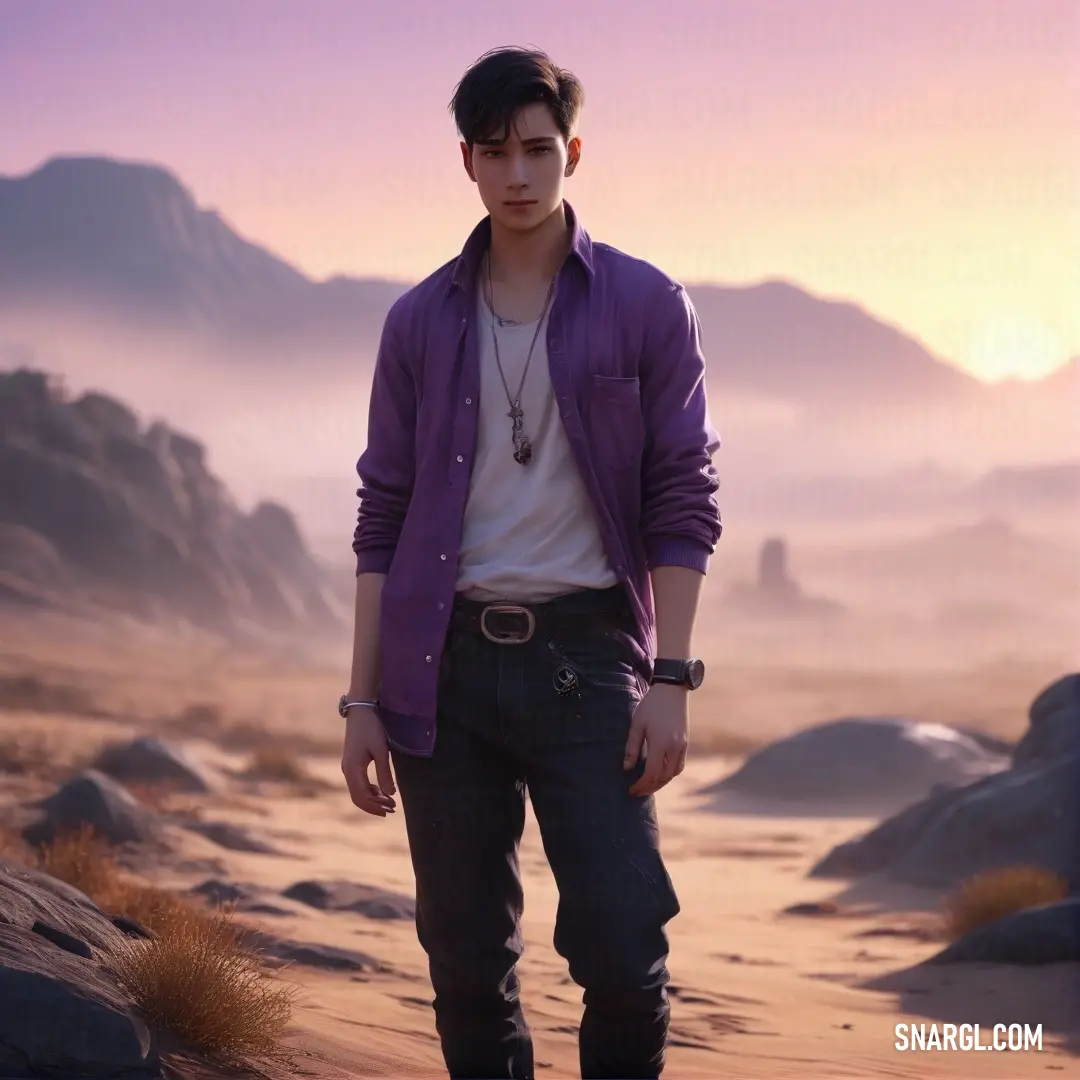
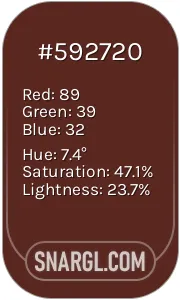 Caput mortuum
Caput mortuum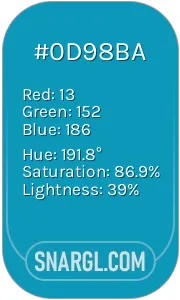 Blue green
Blue green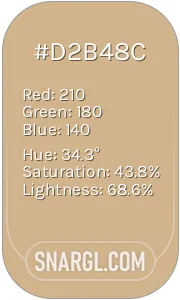 Tan
Tan Sunglow
Sunglow Seashell
Seashell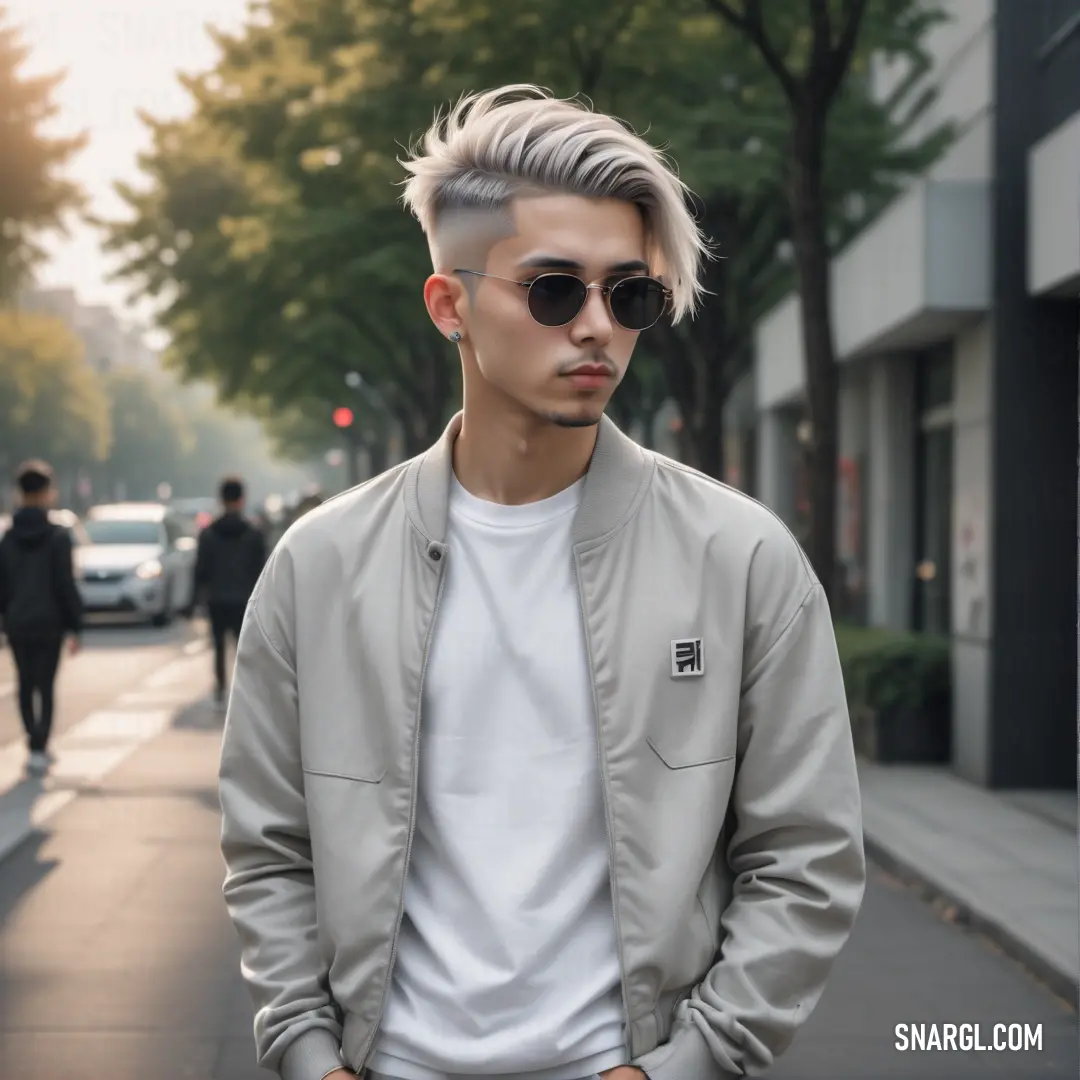
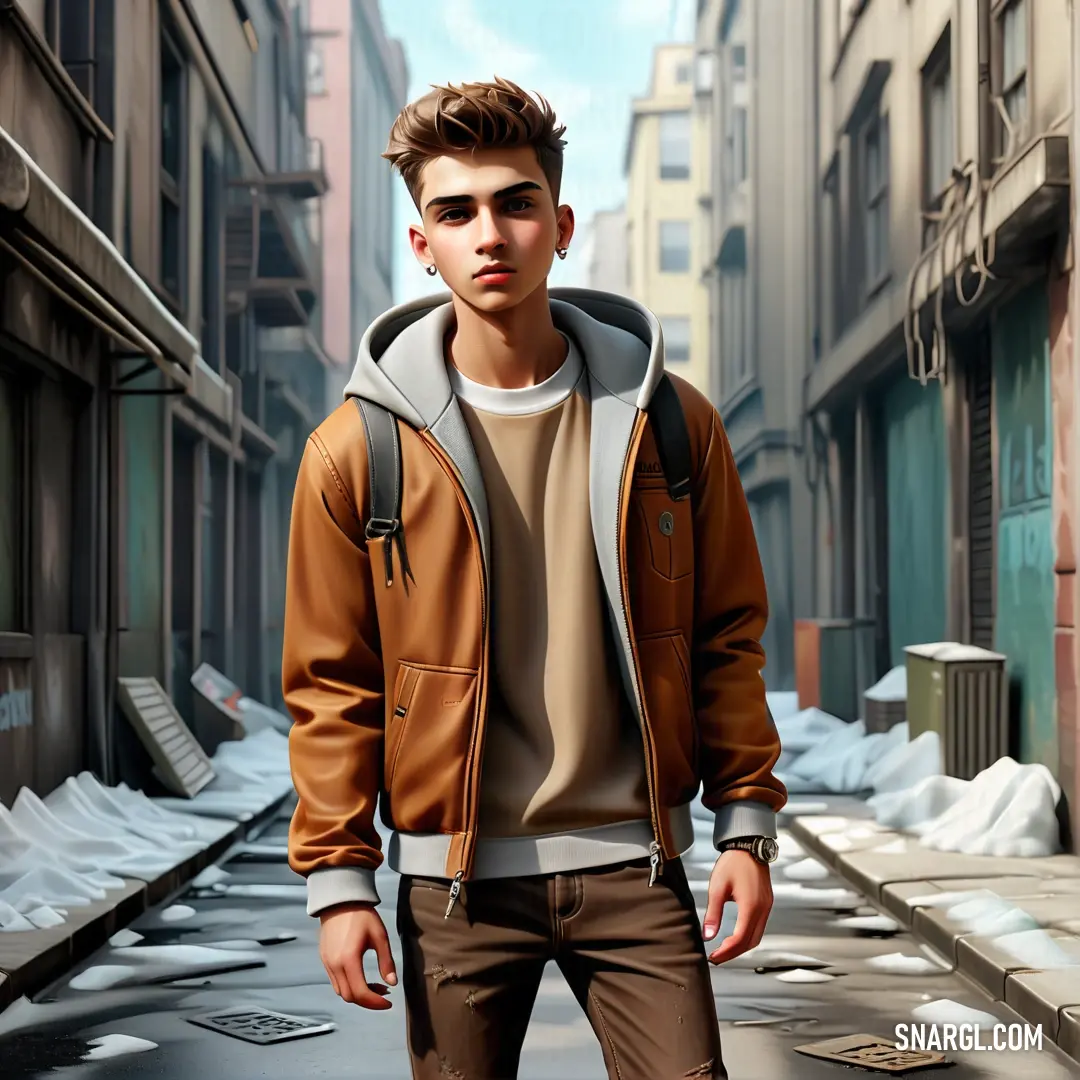
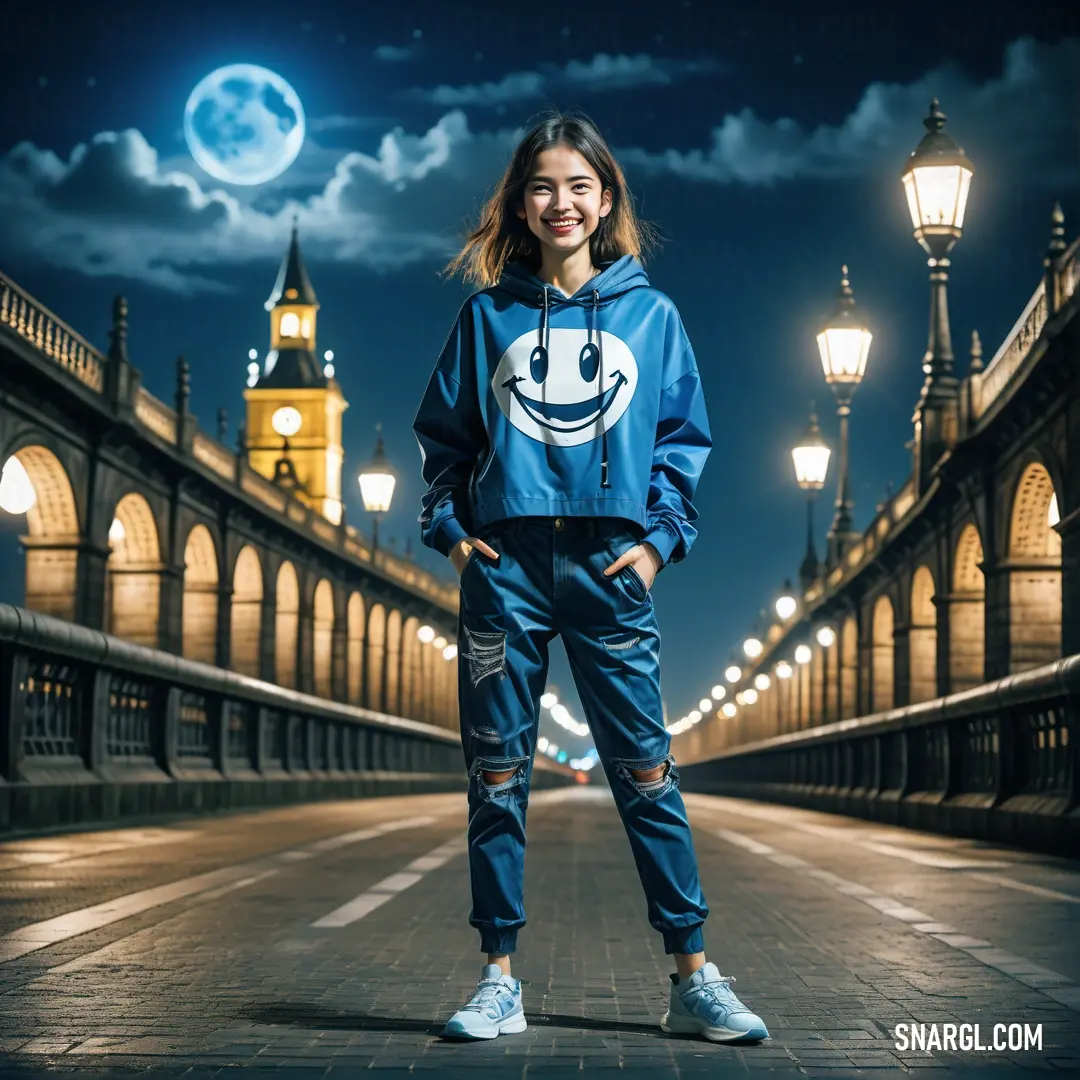
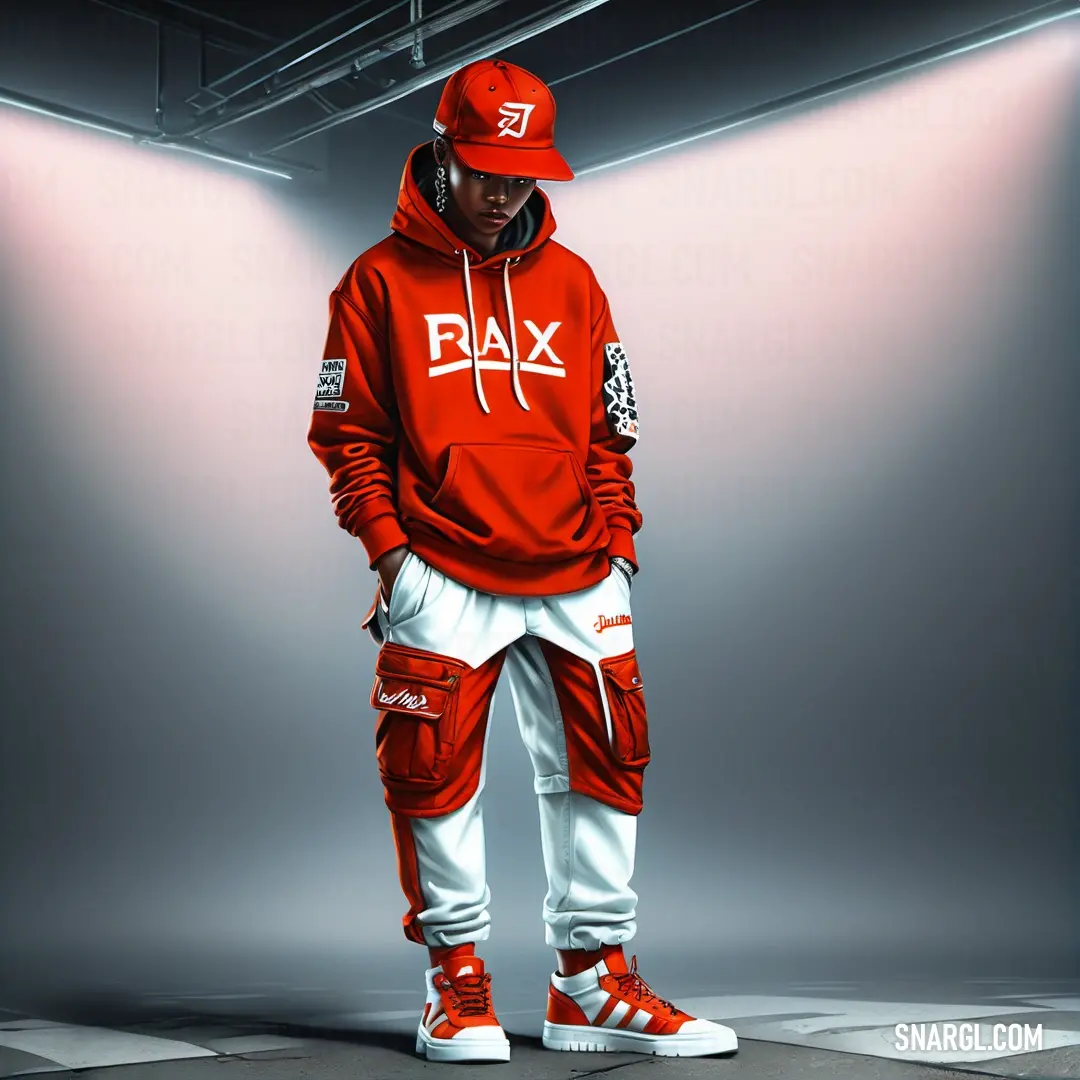
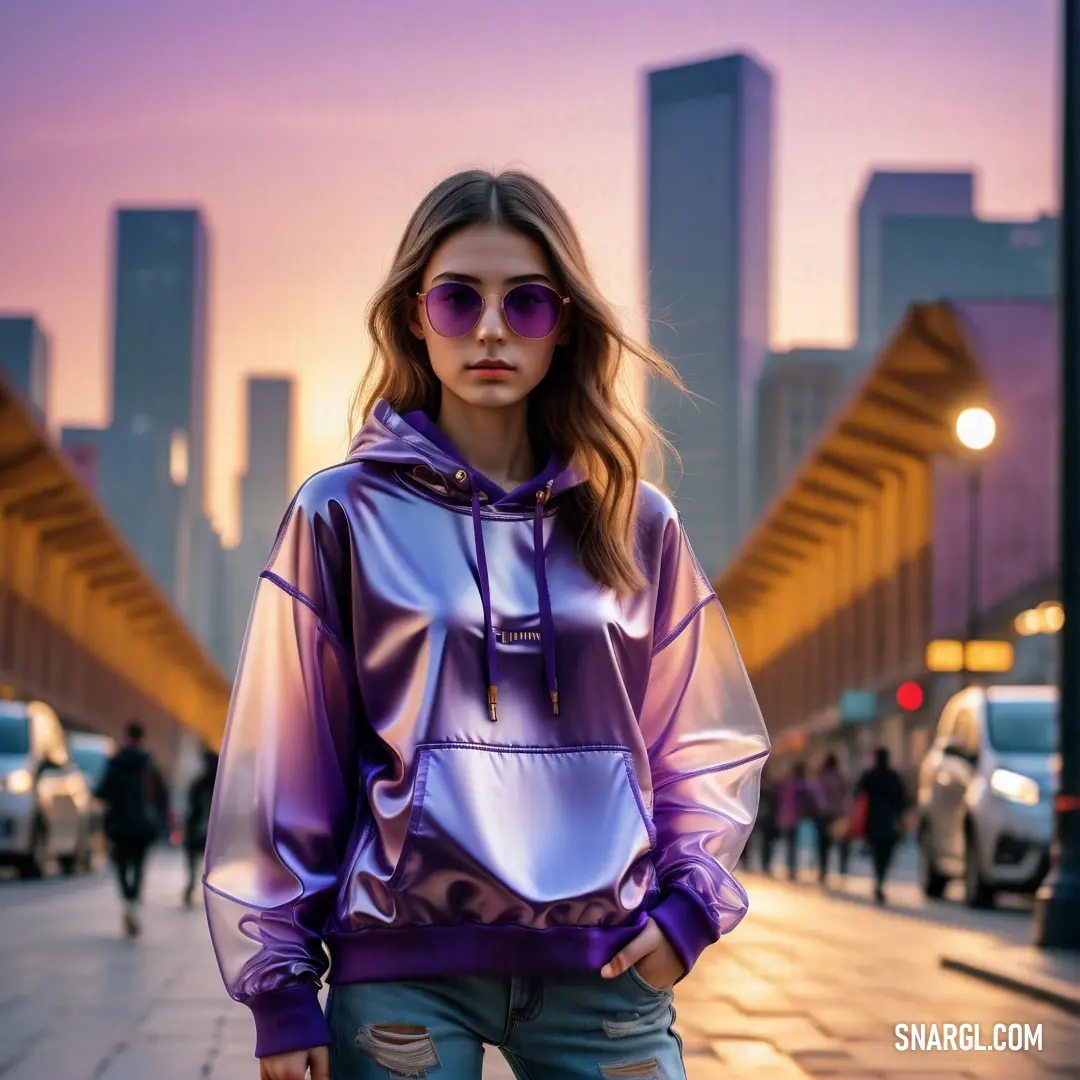
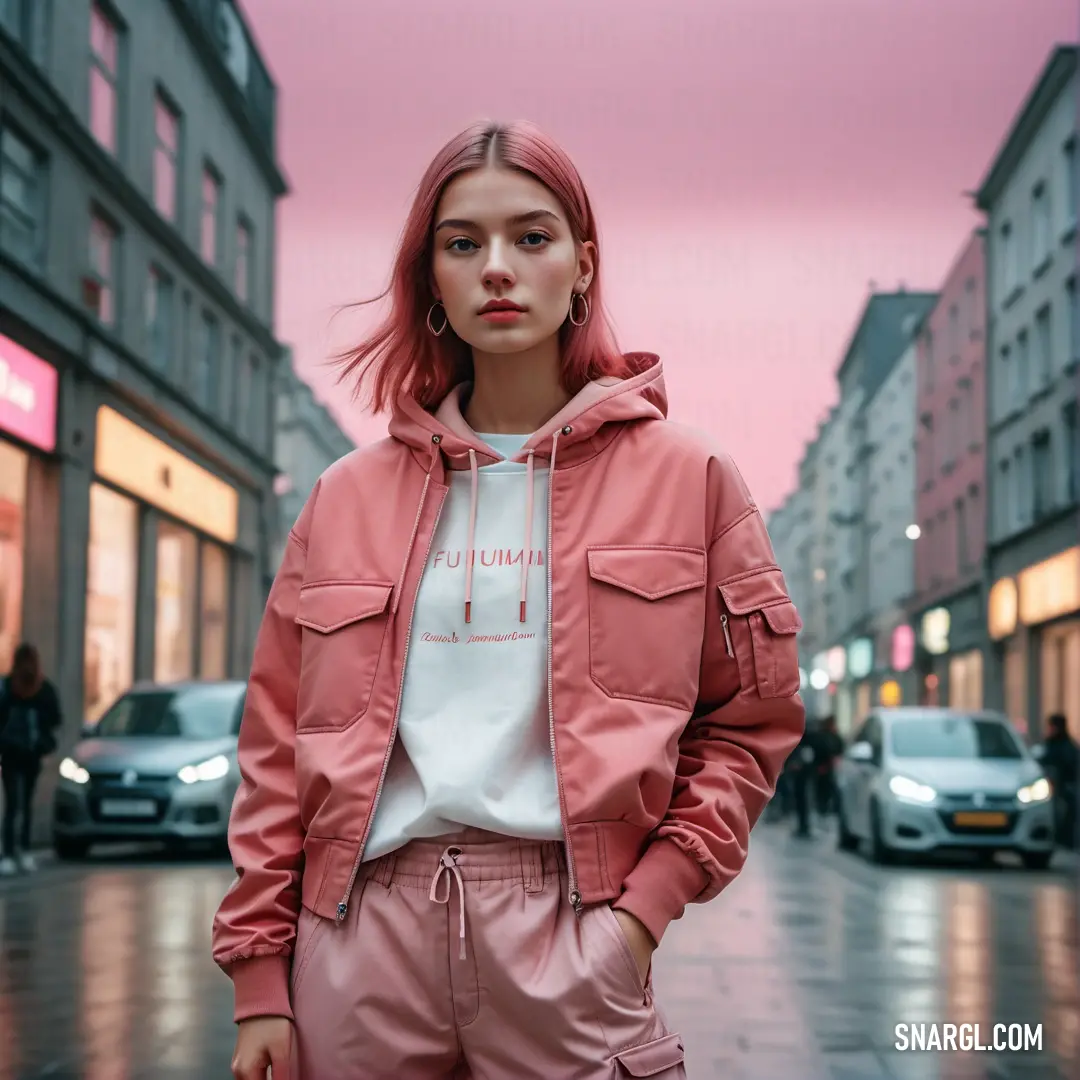
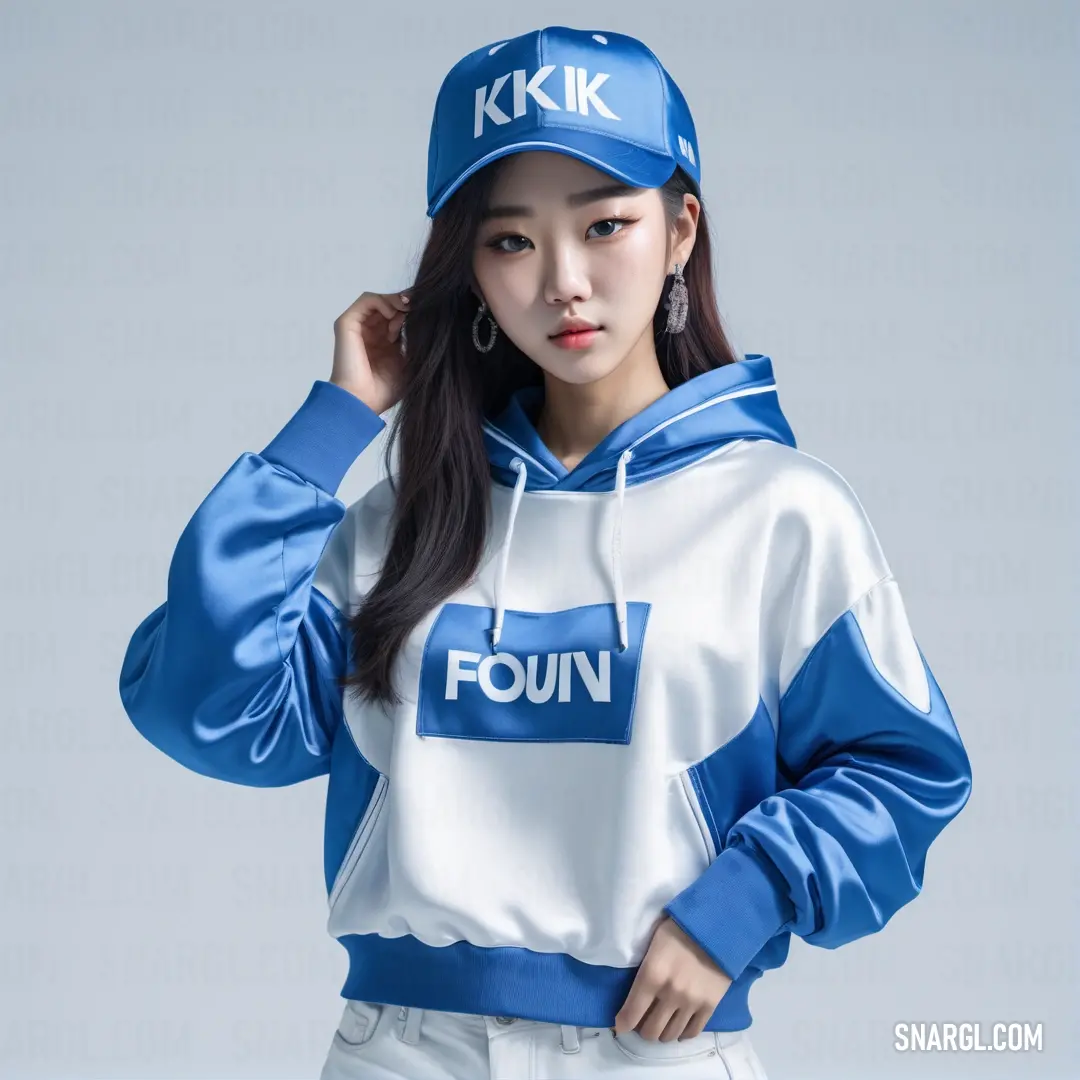
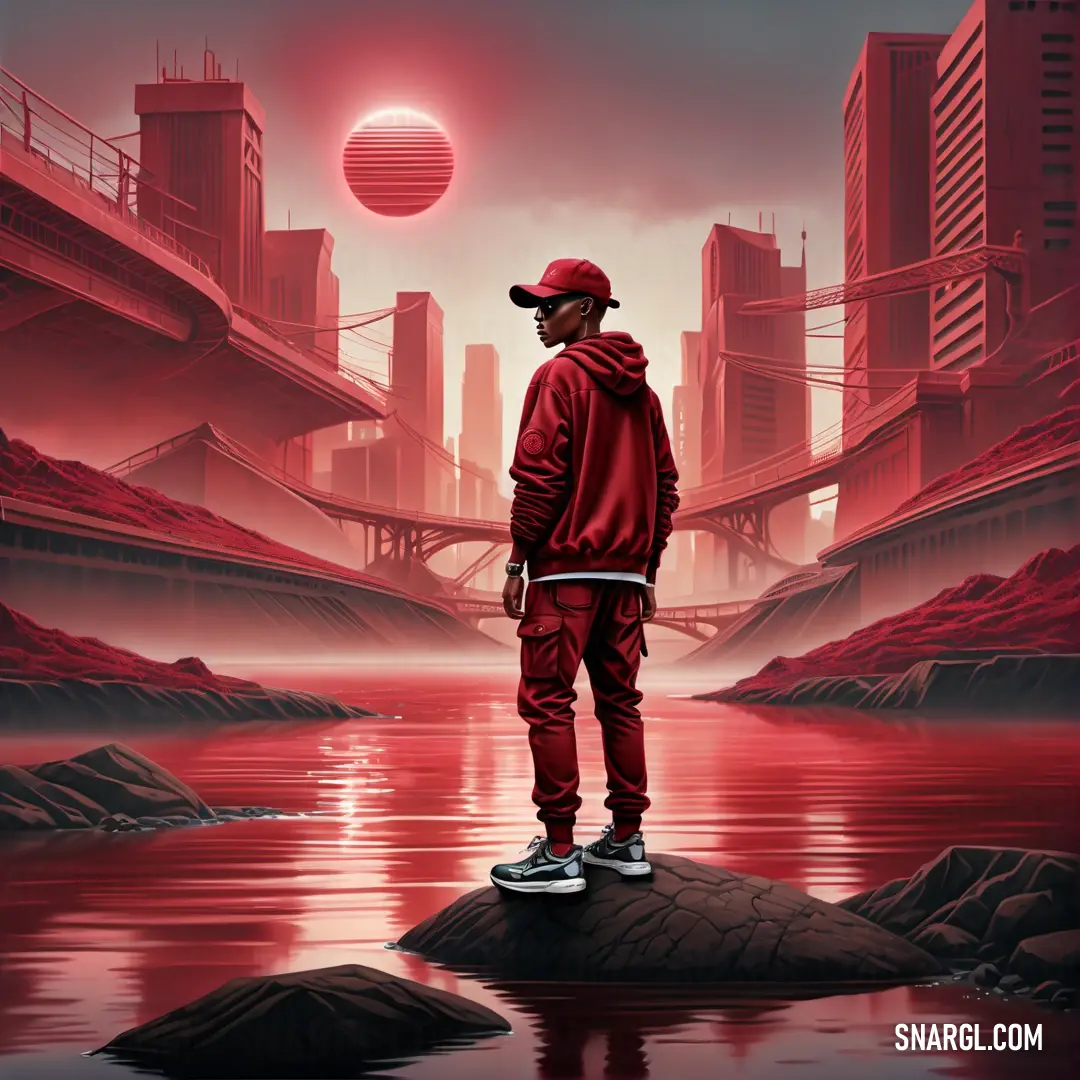
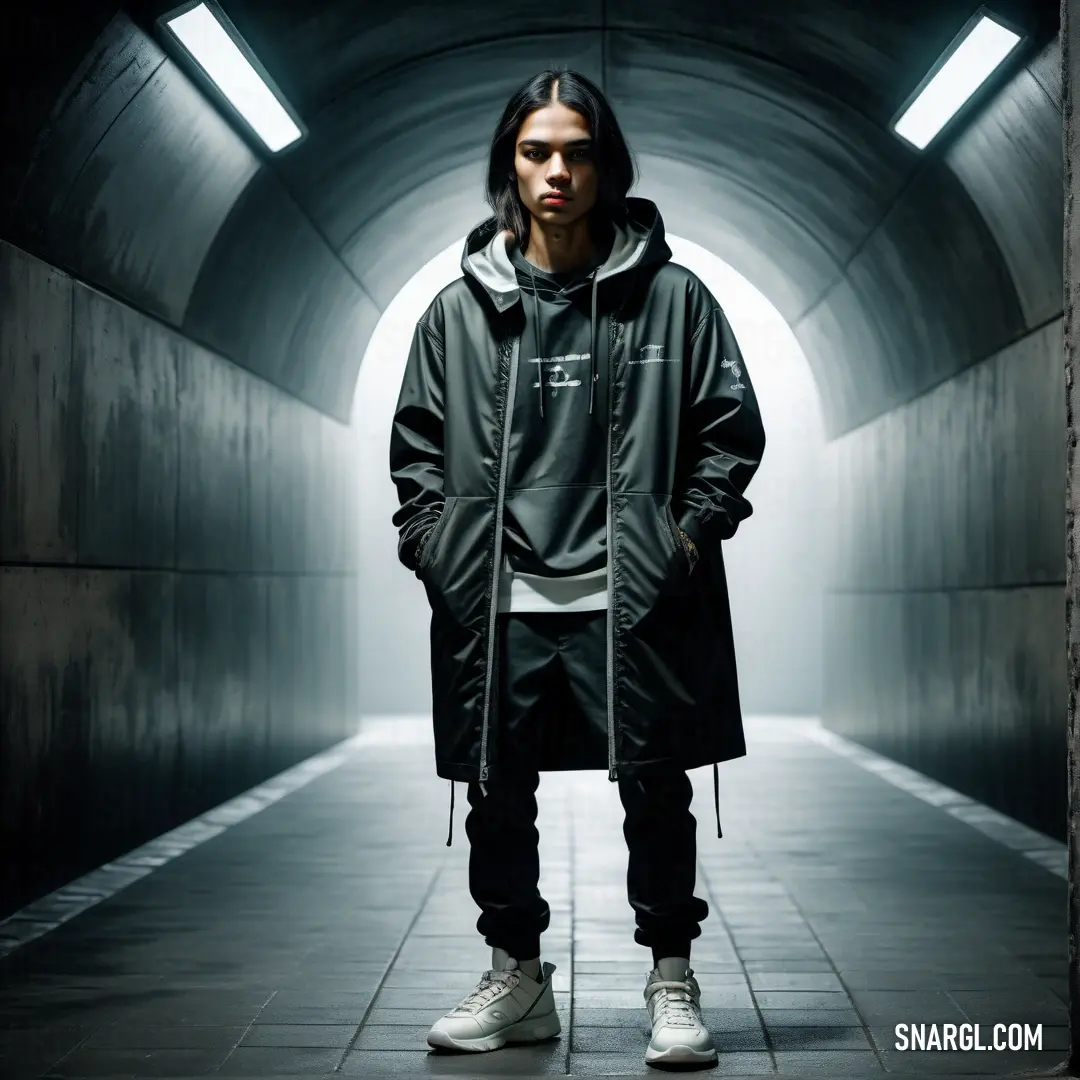
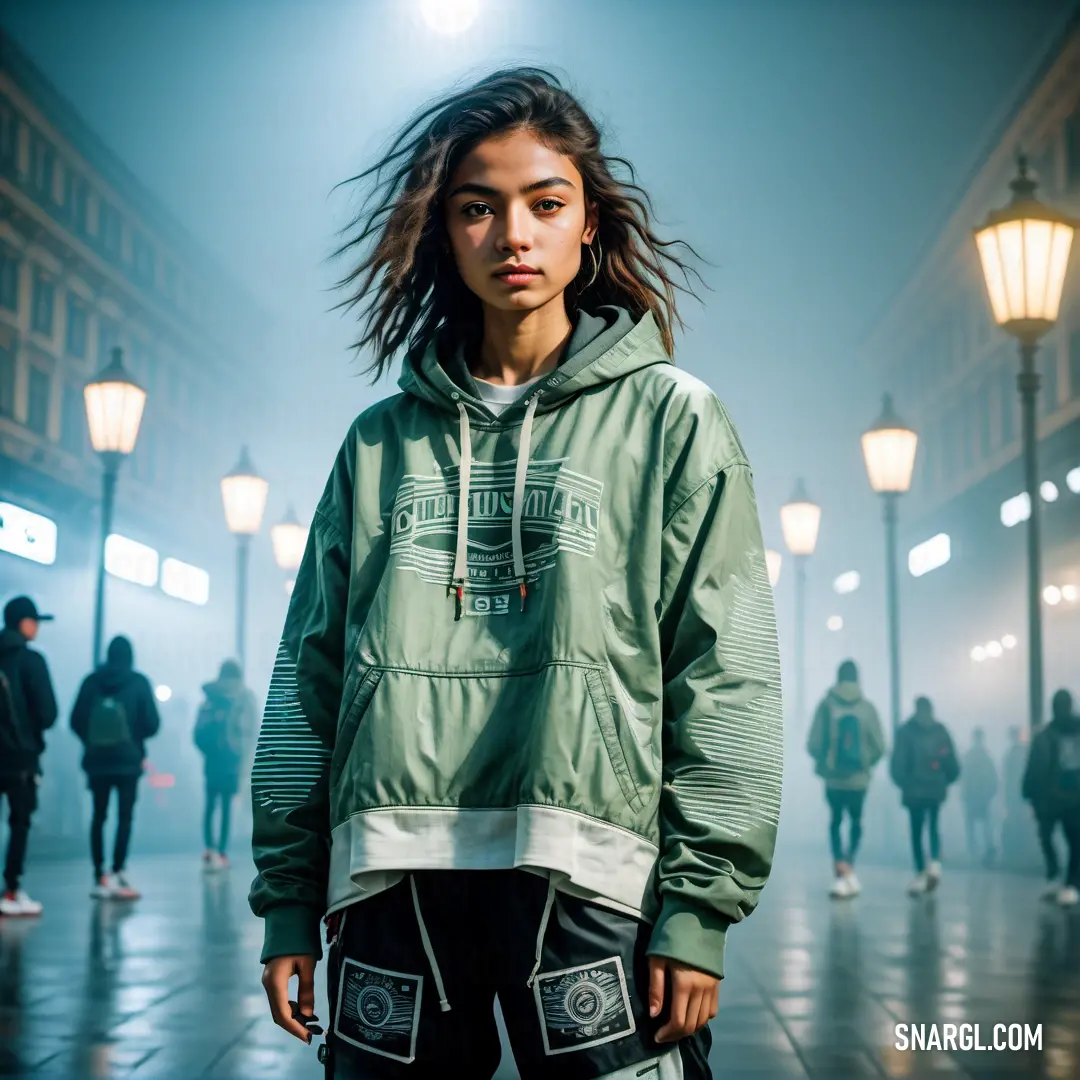
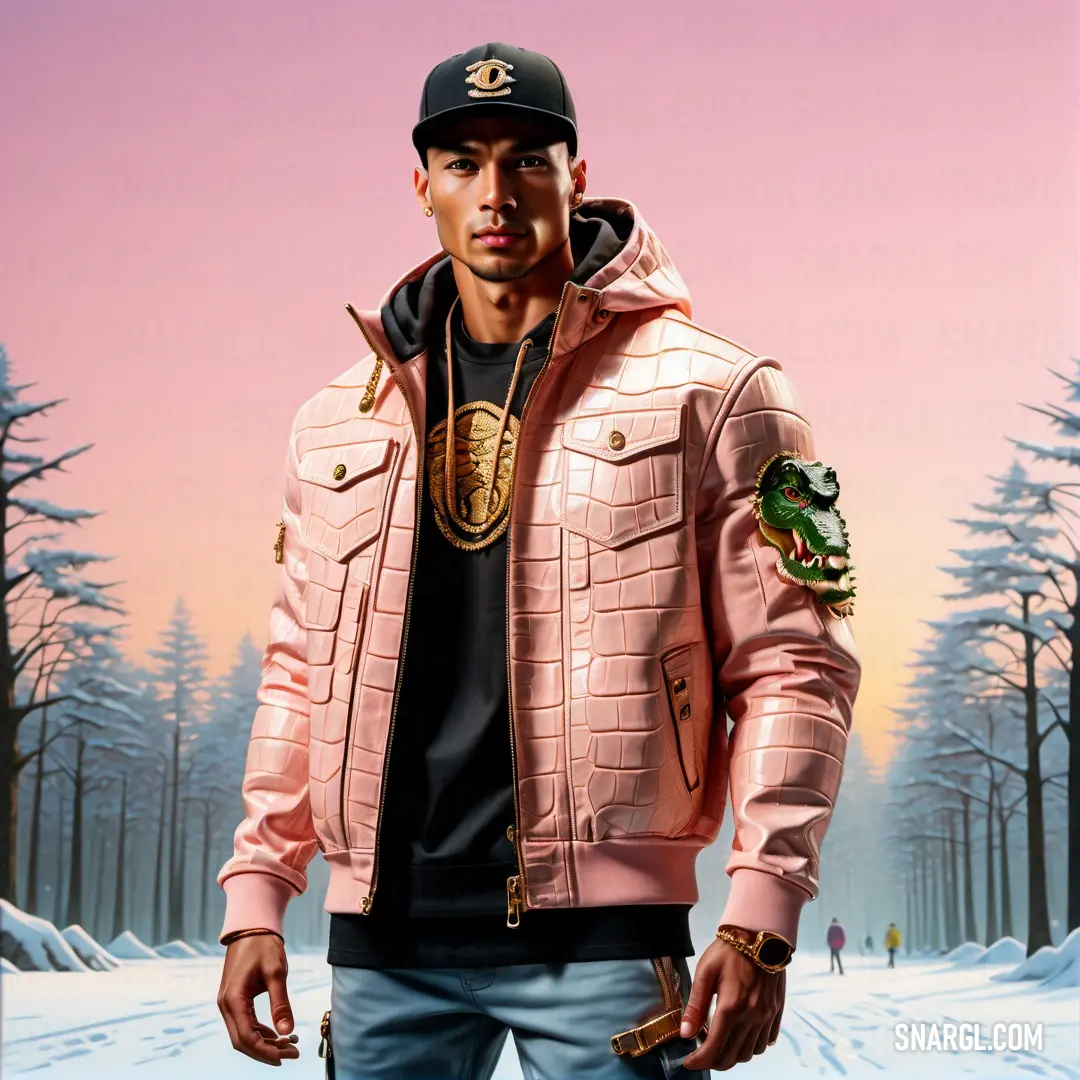
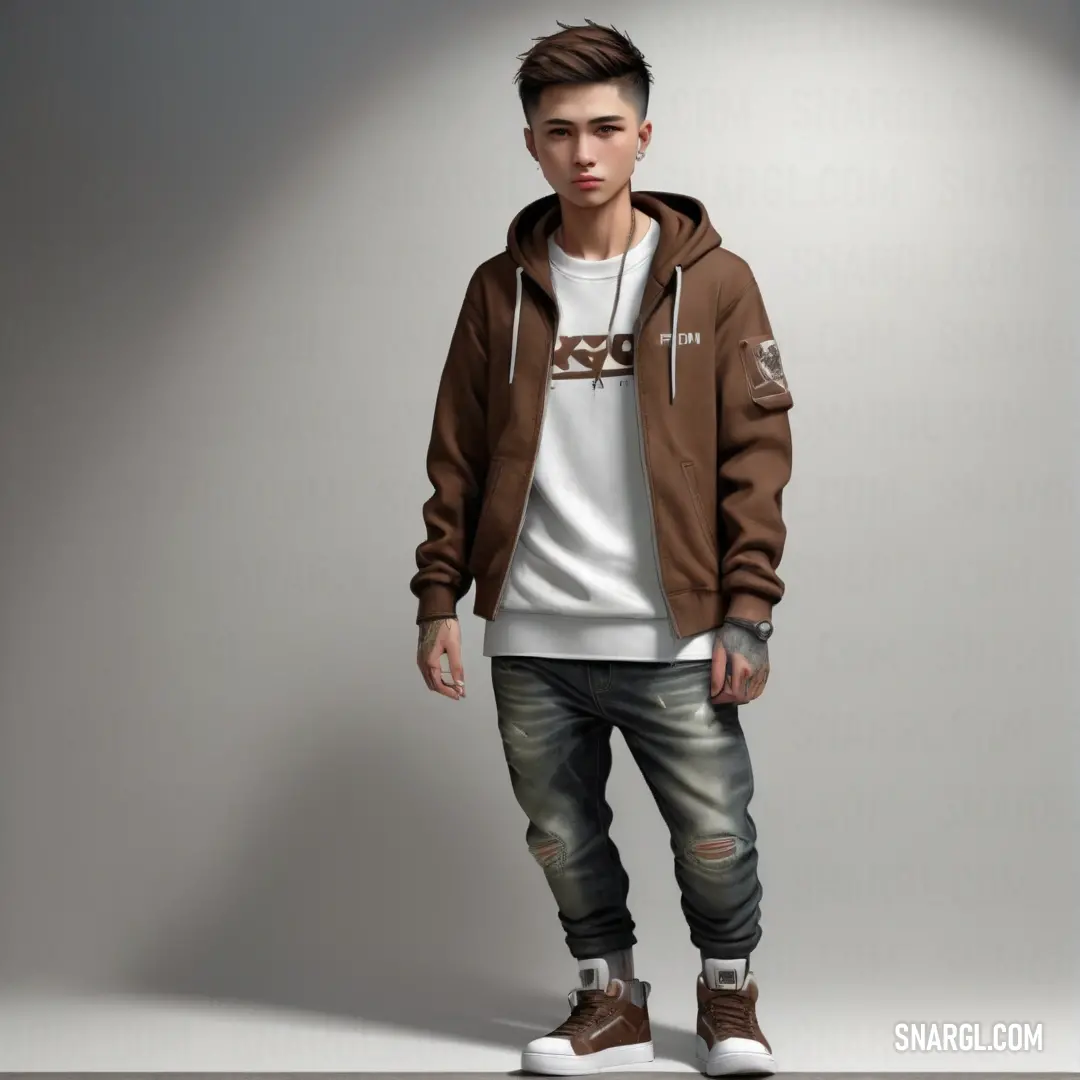
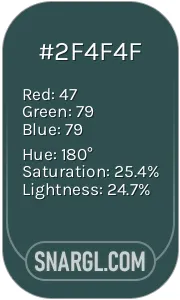 Dark slate gray
Dark slate gray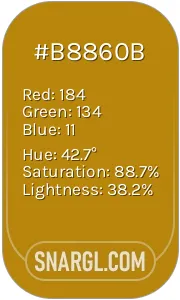 Dark goldenrod
Dark goldenrod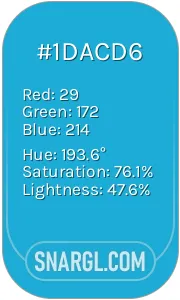 Bright cerulean
Bright cerulean Black
Black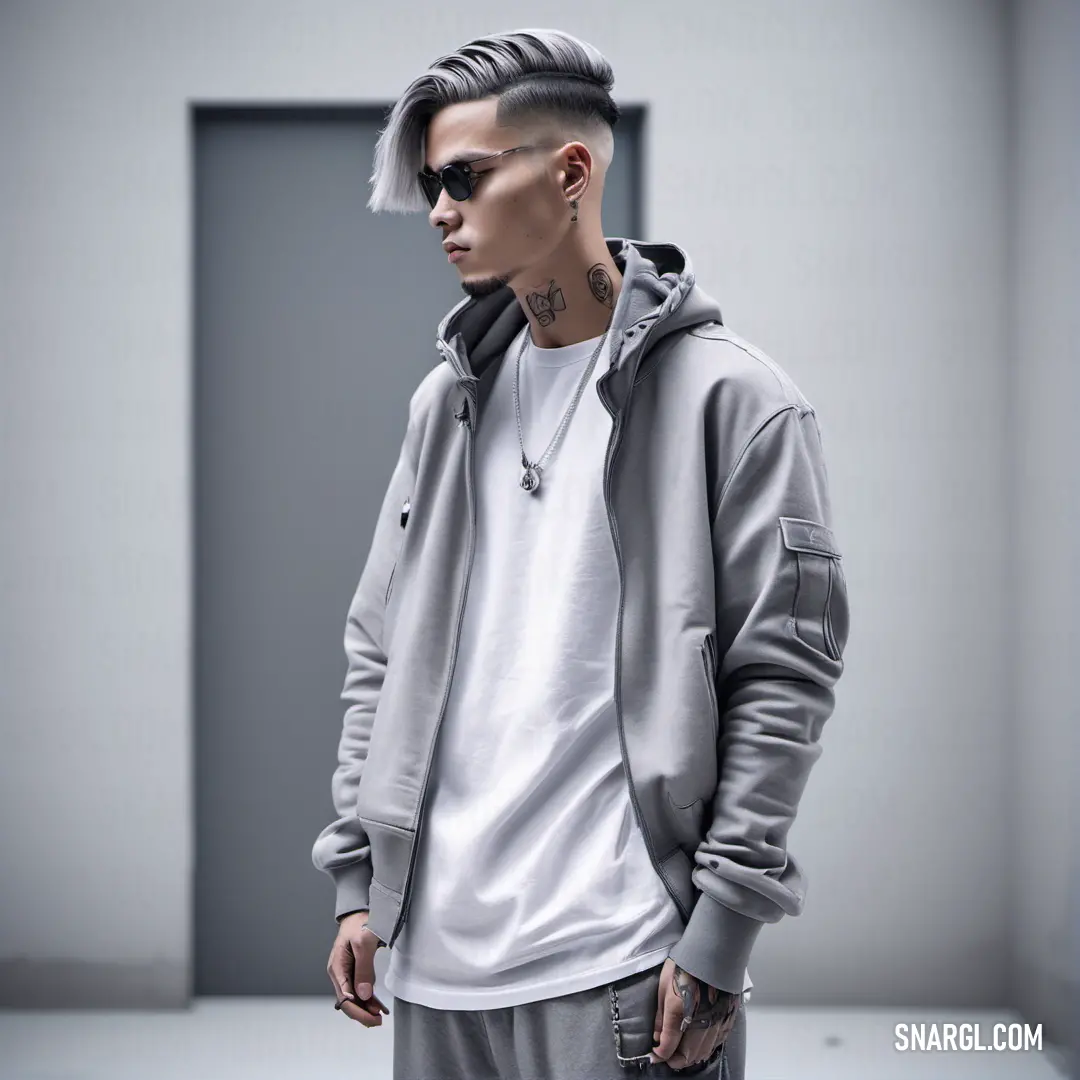
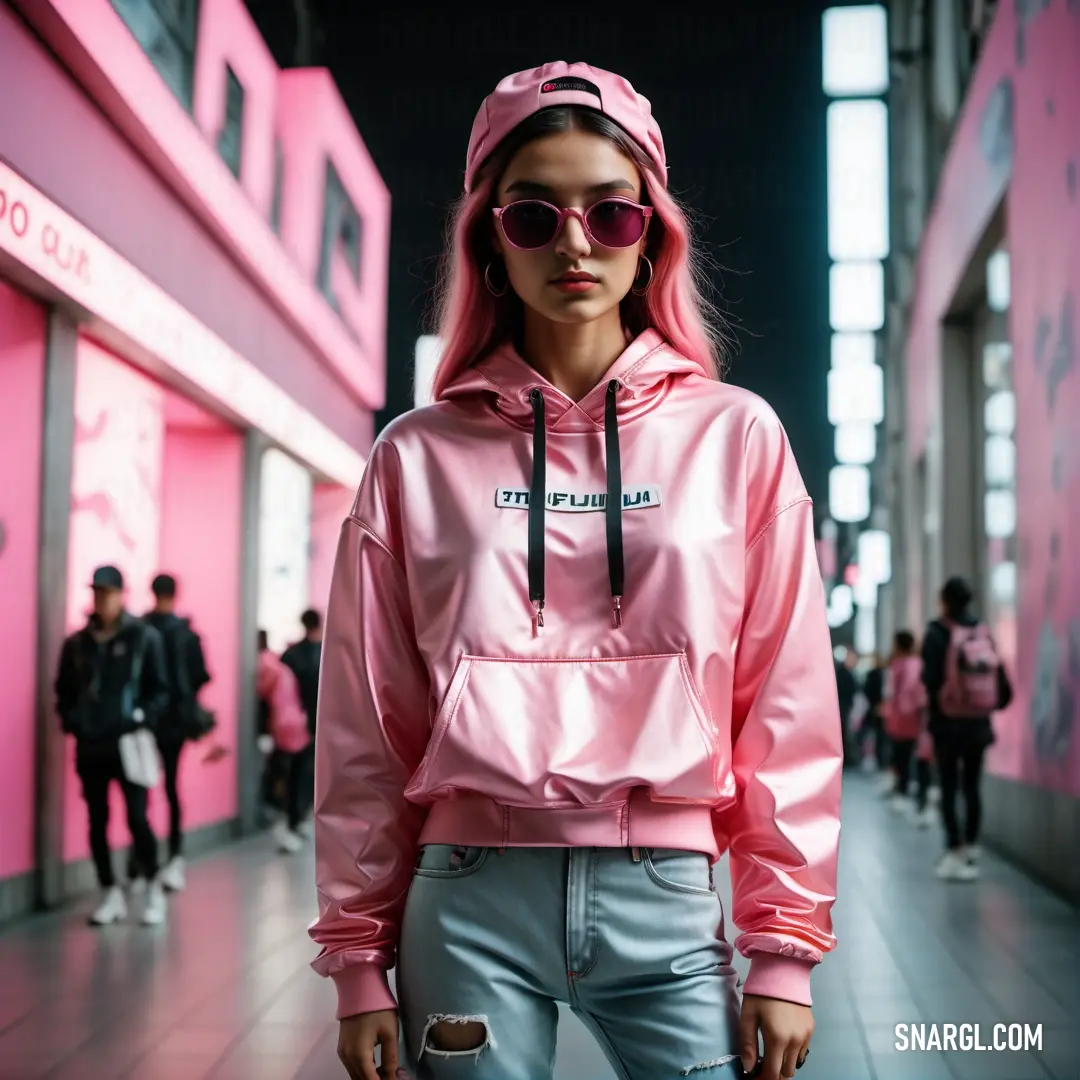
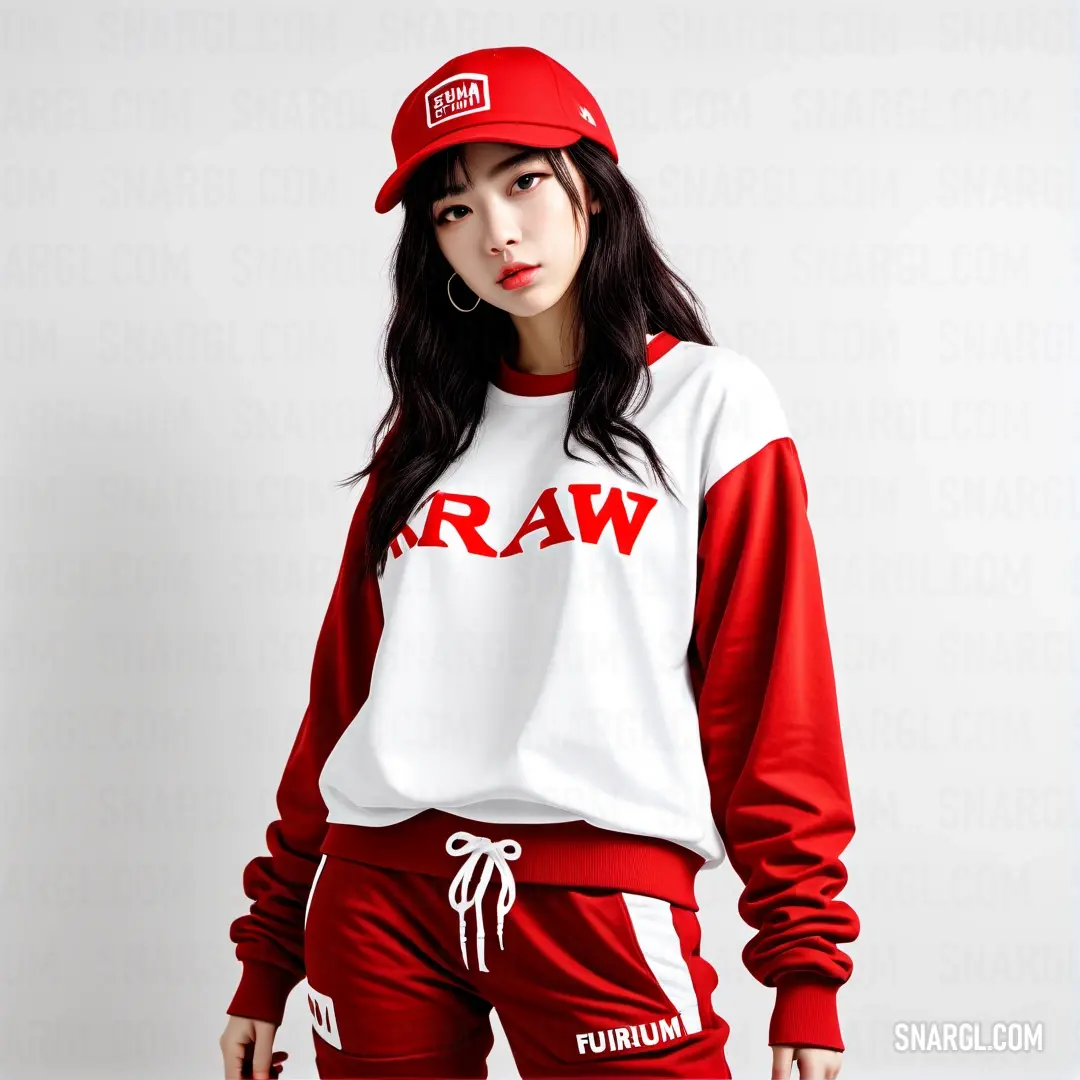
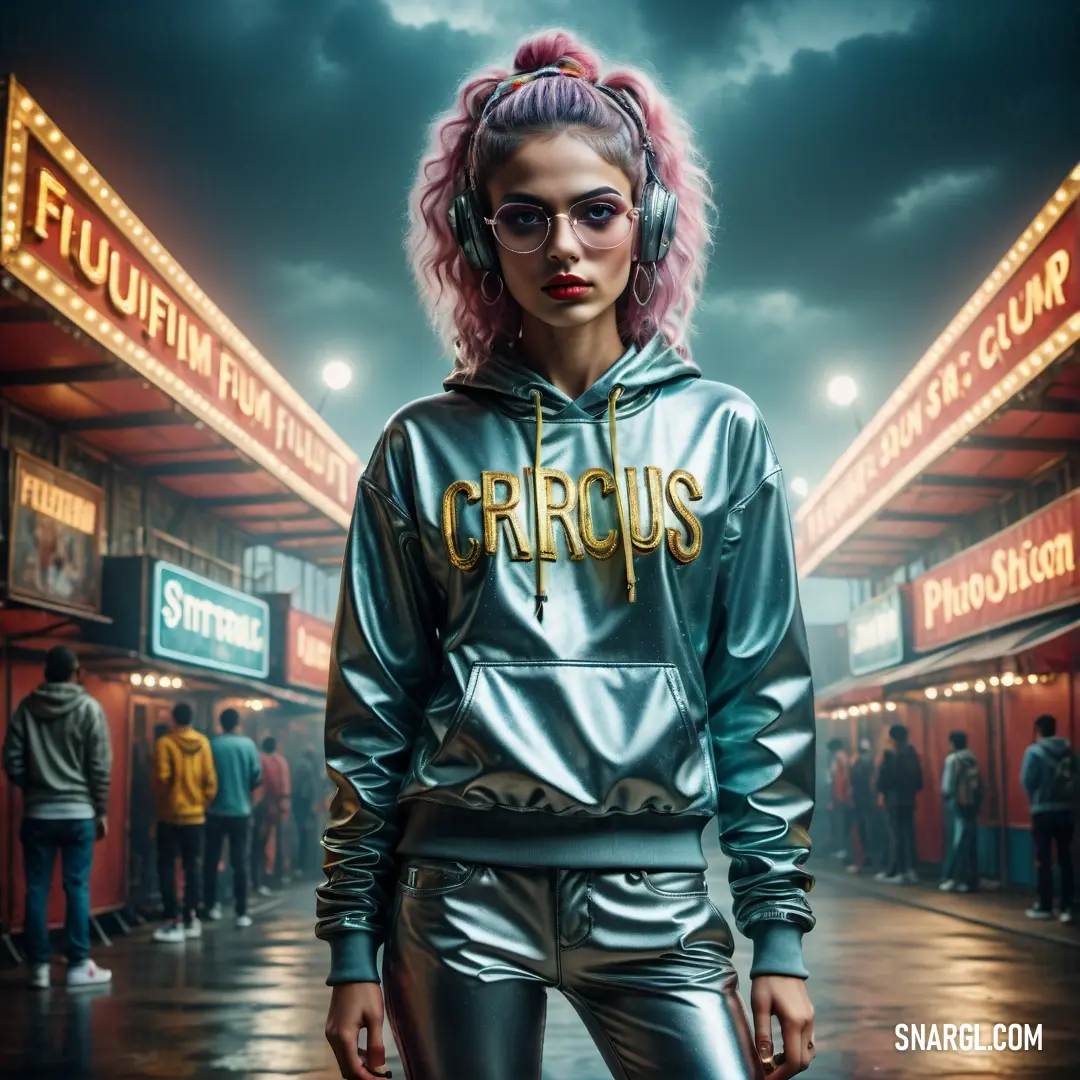
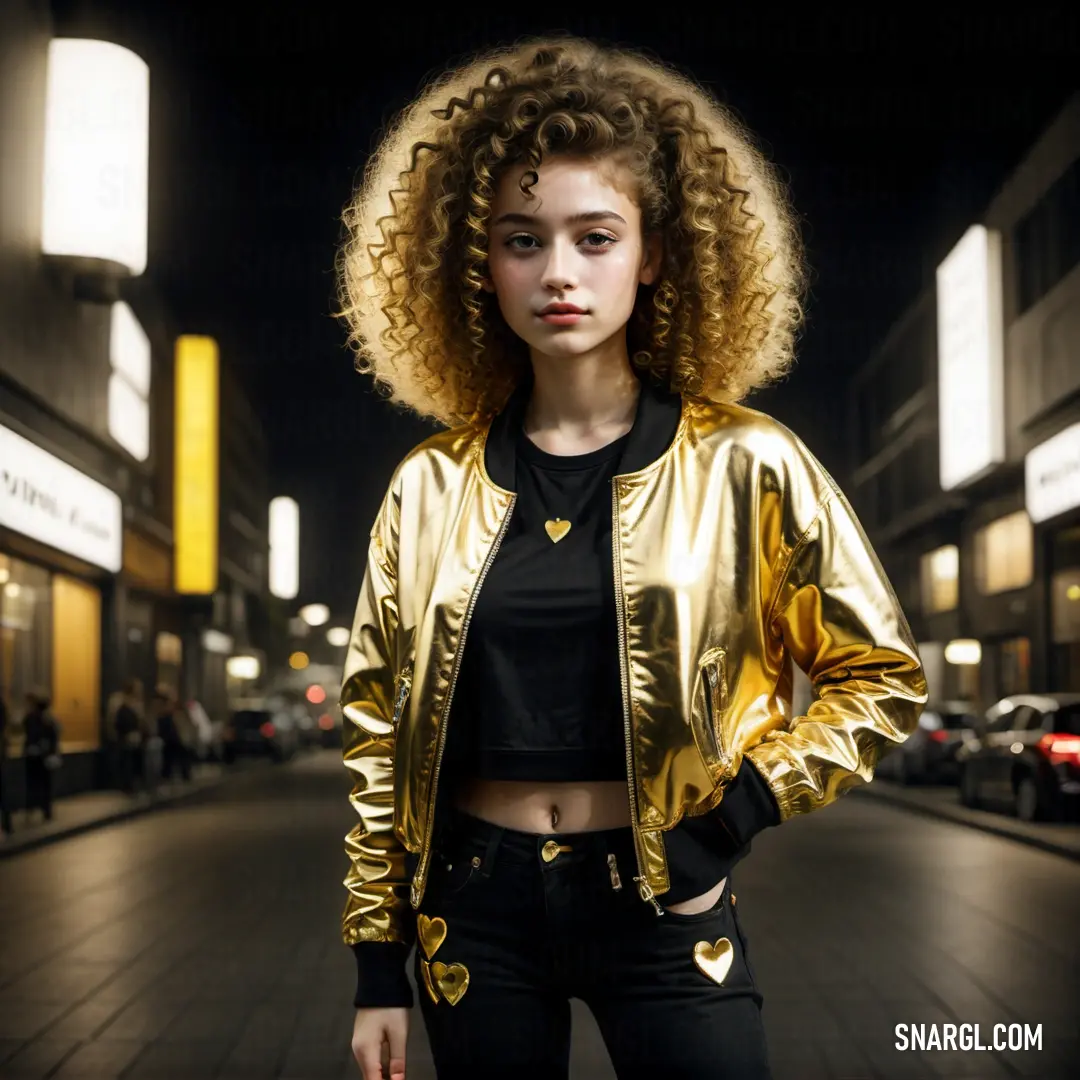
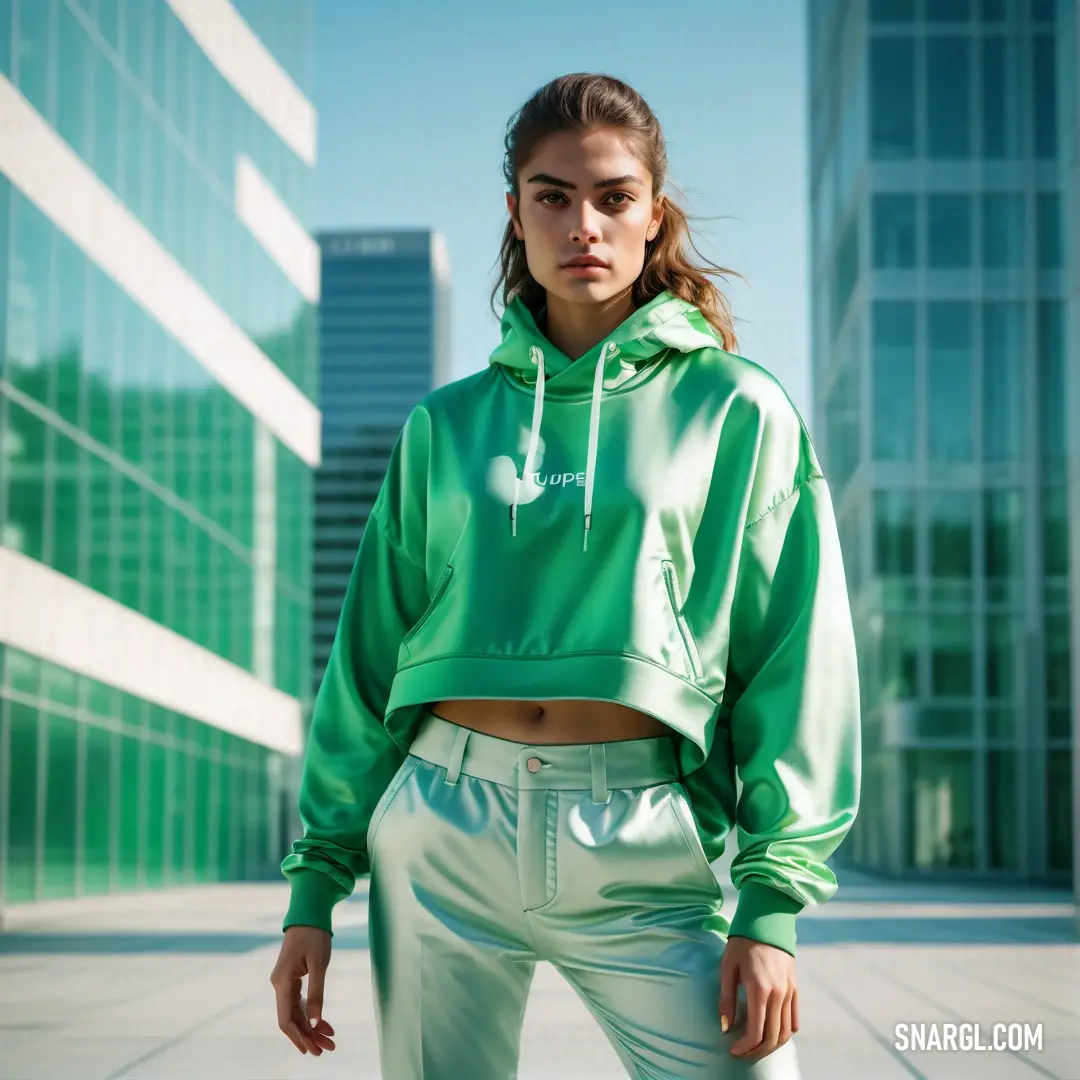
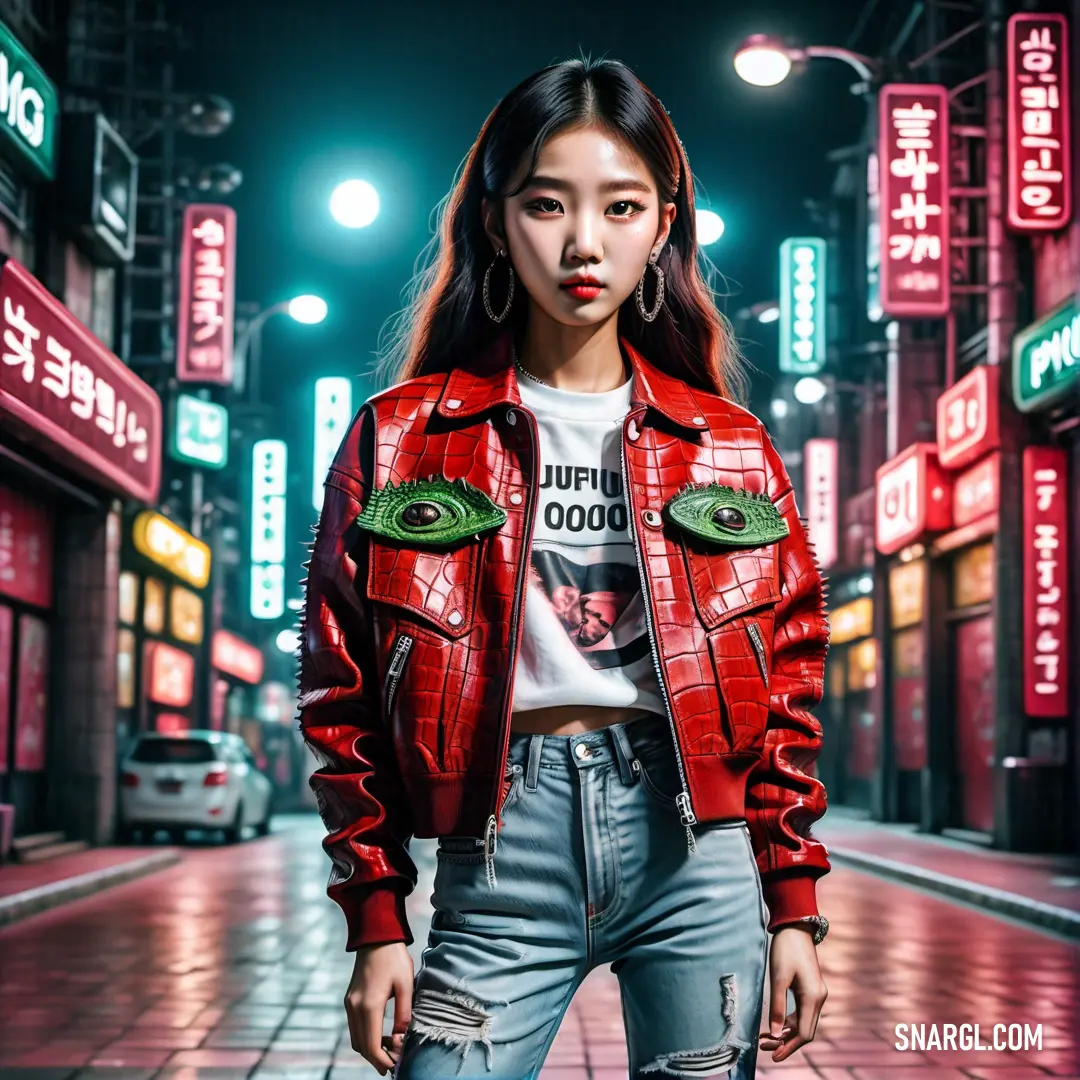
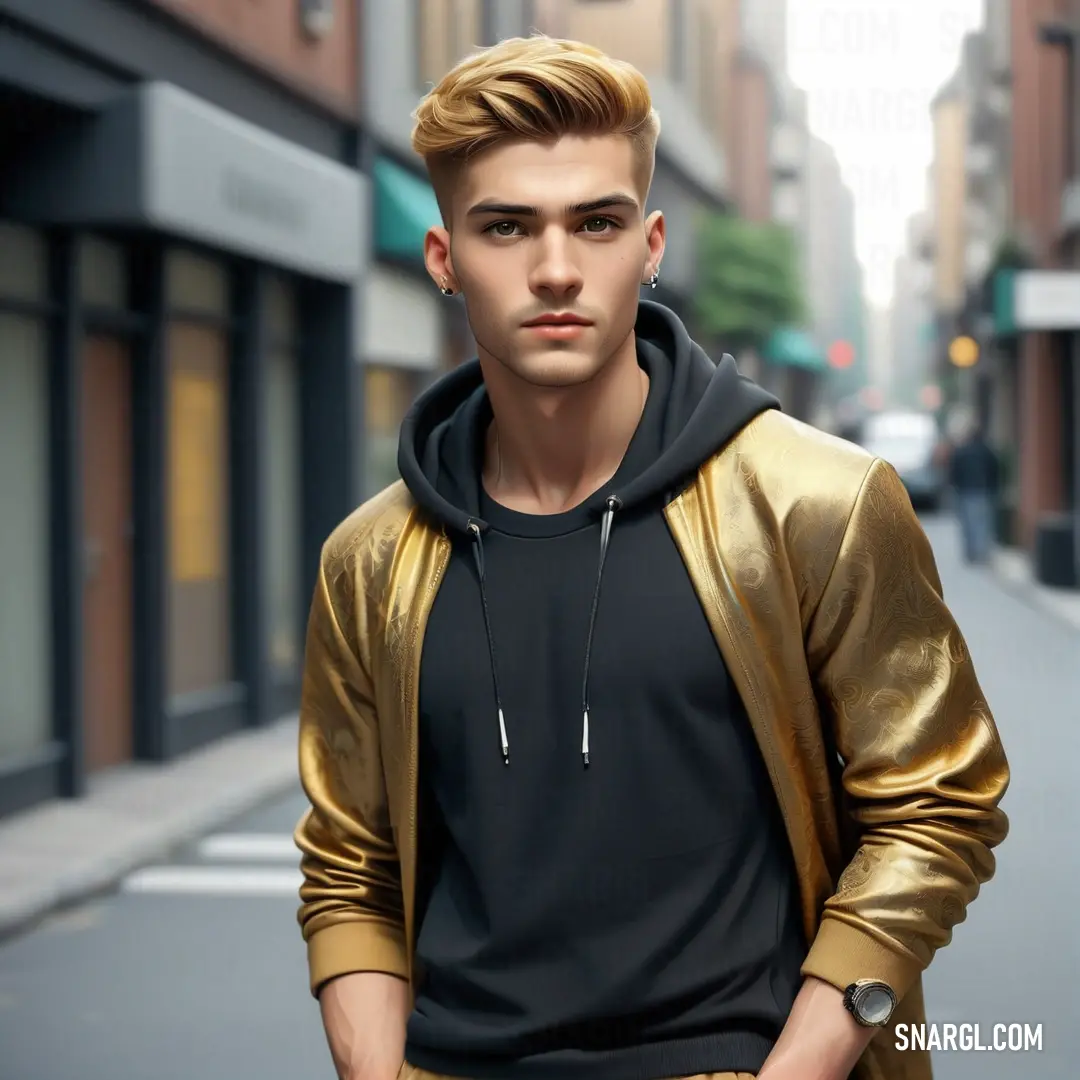
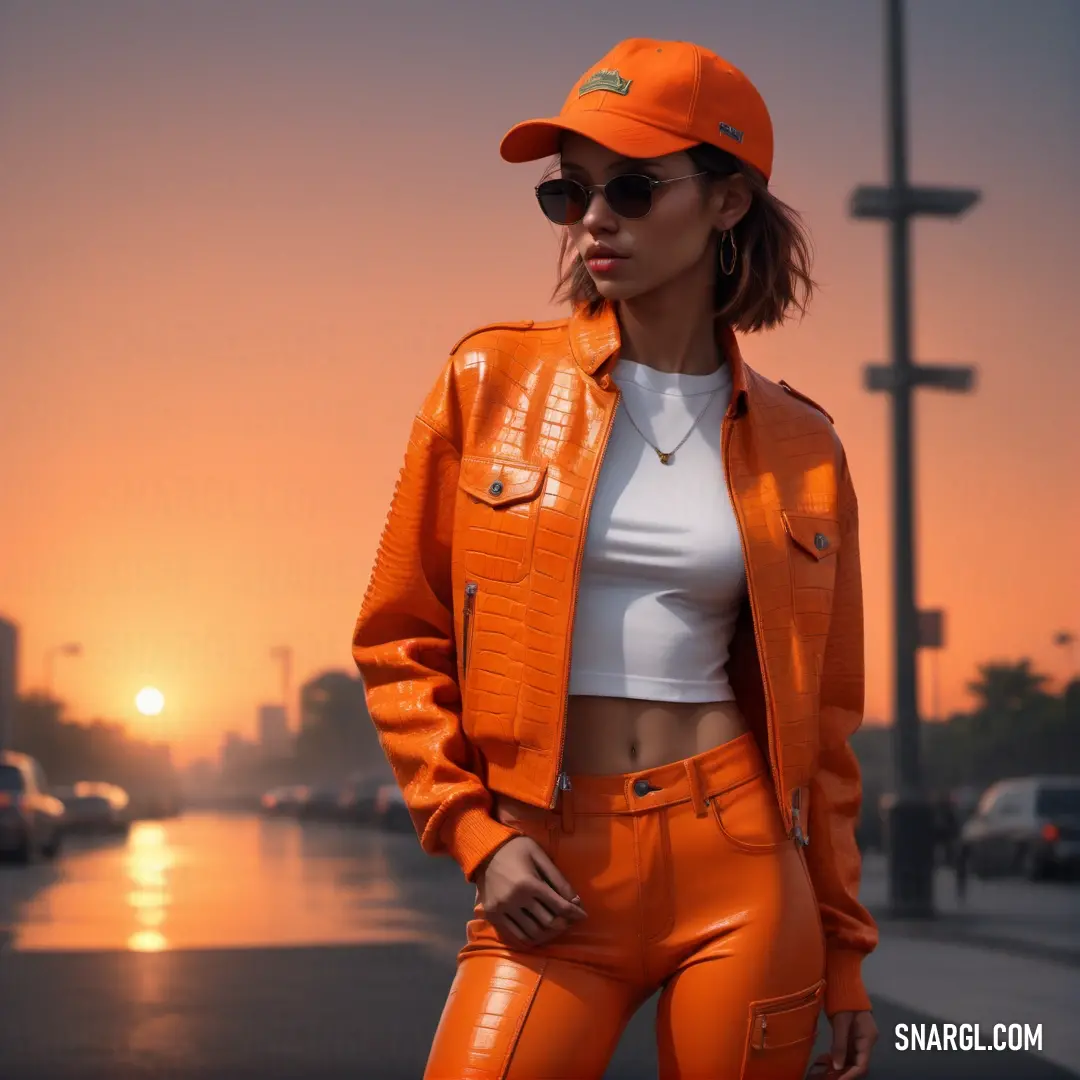
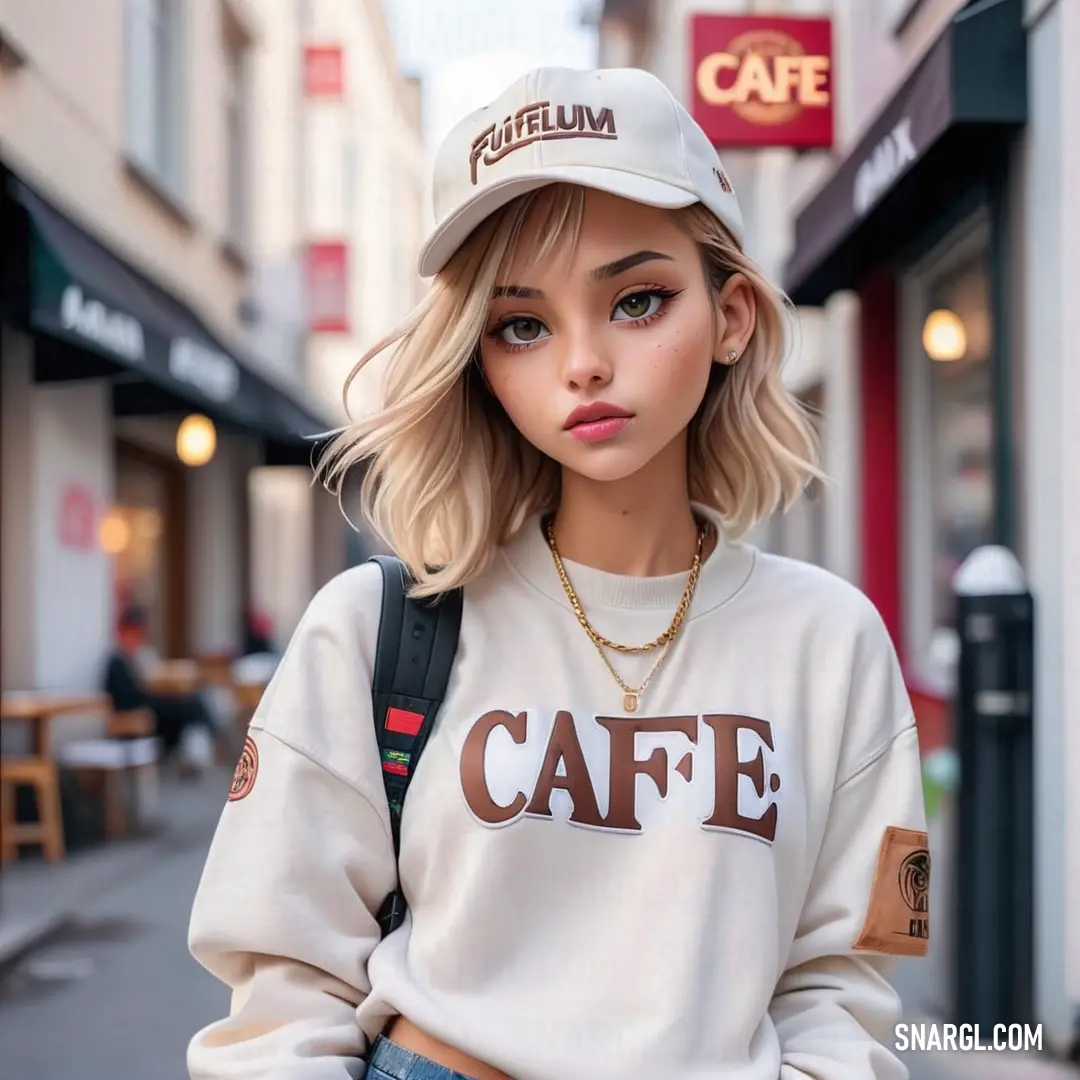
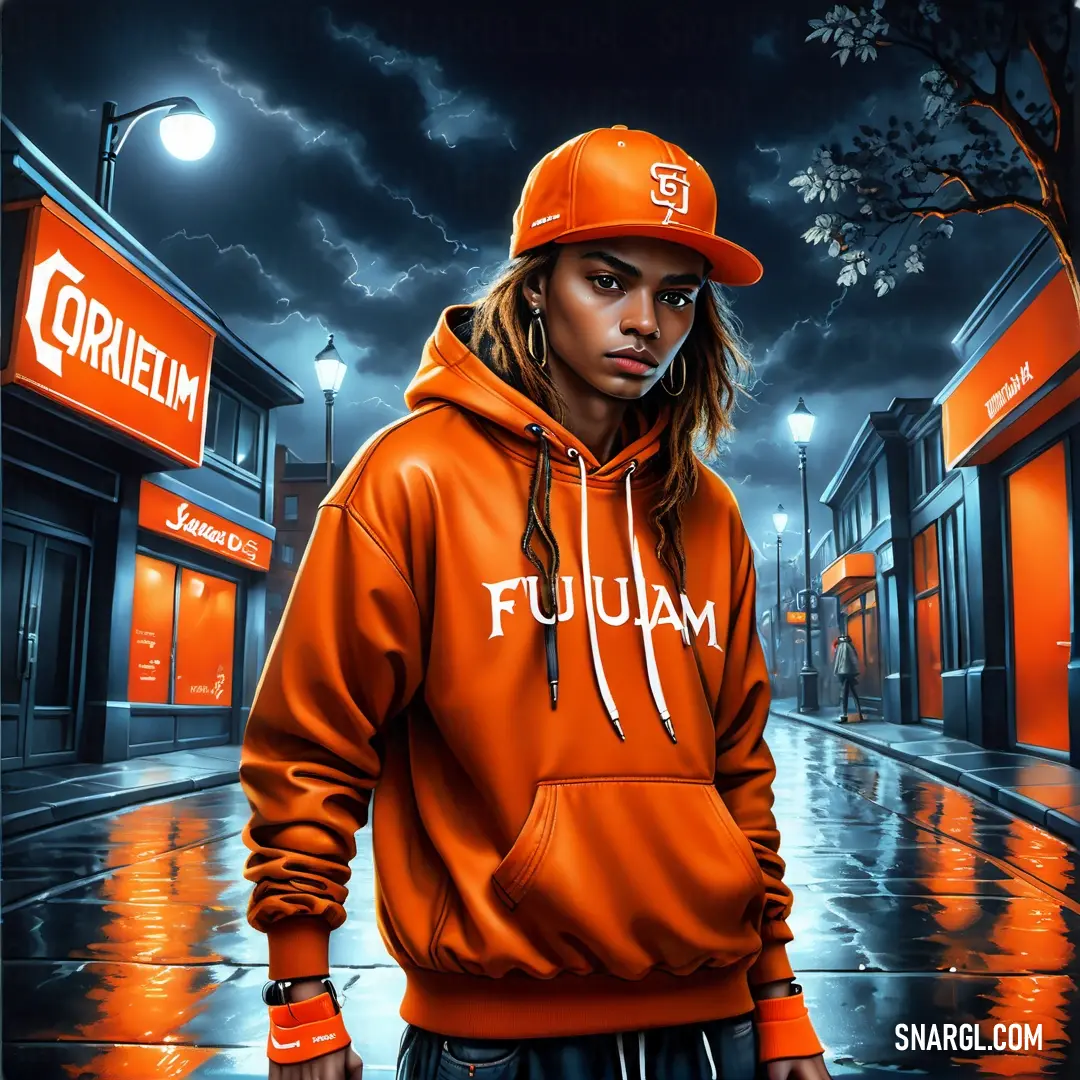
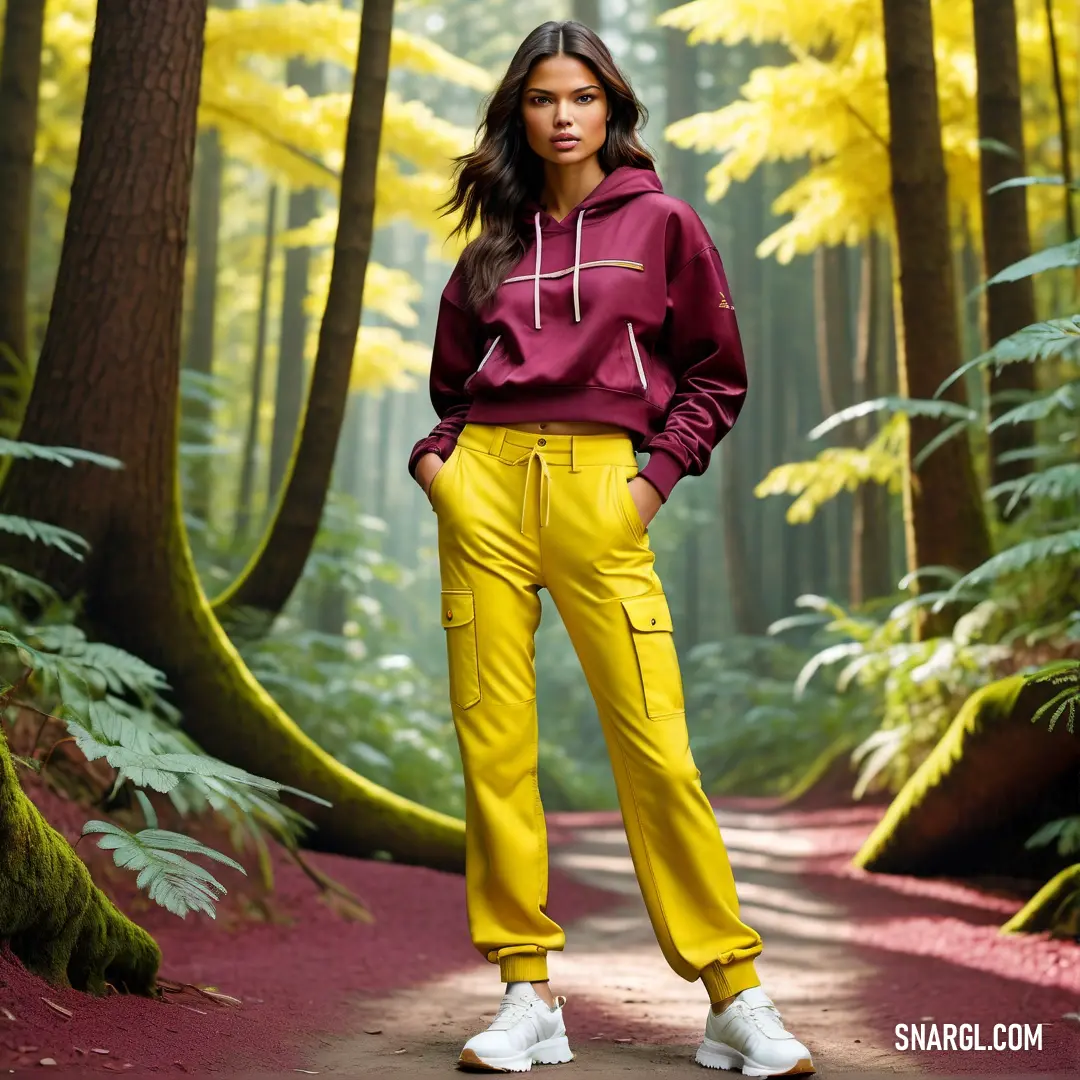
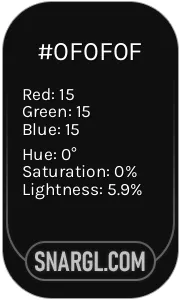 Onyx
Onyx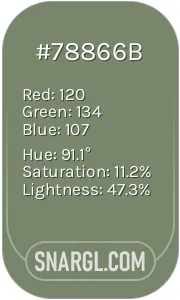 Camouflage green
Camouflage green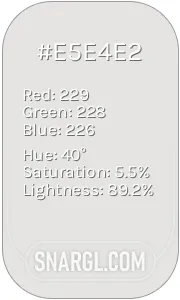 Platinum
Platinum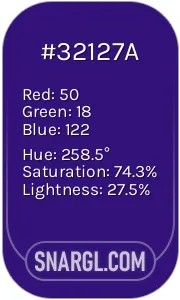 Persian indigo
Persian indigo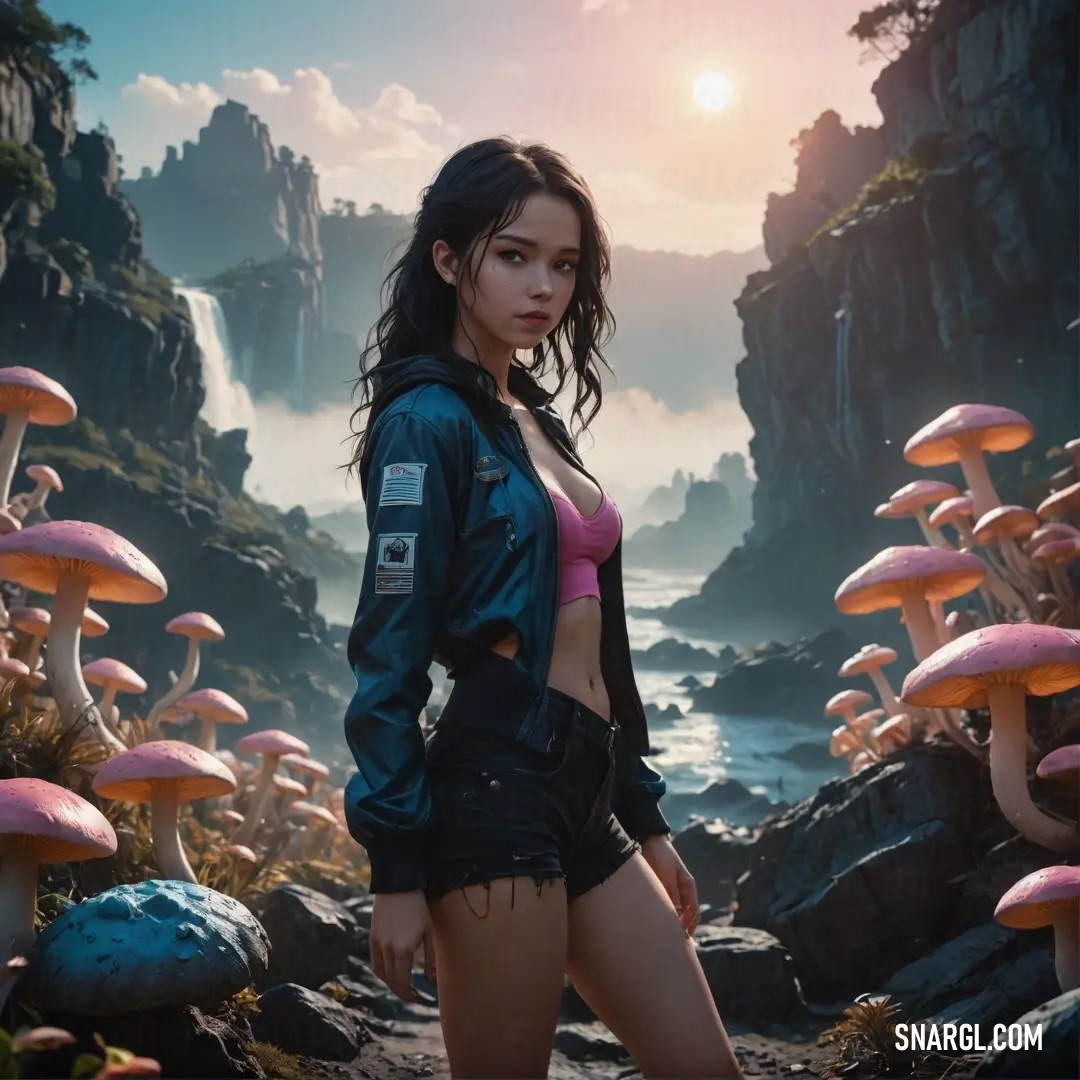
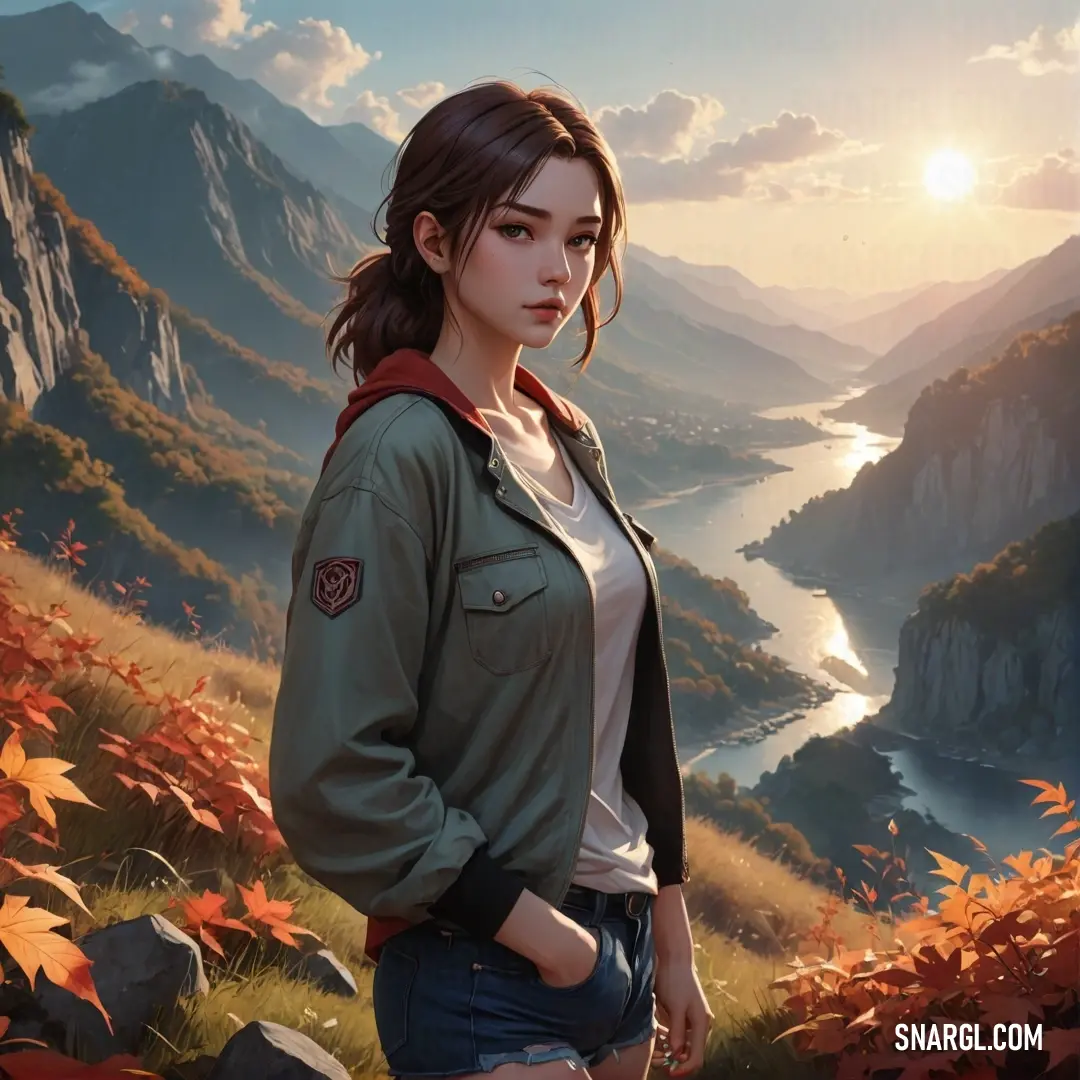
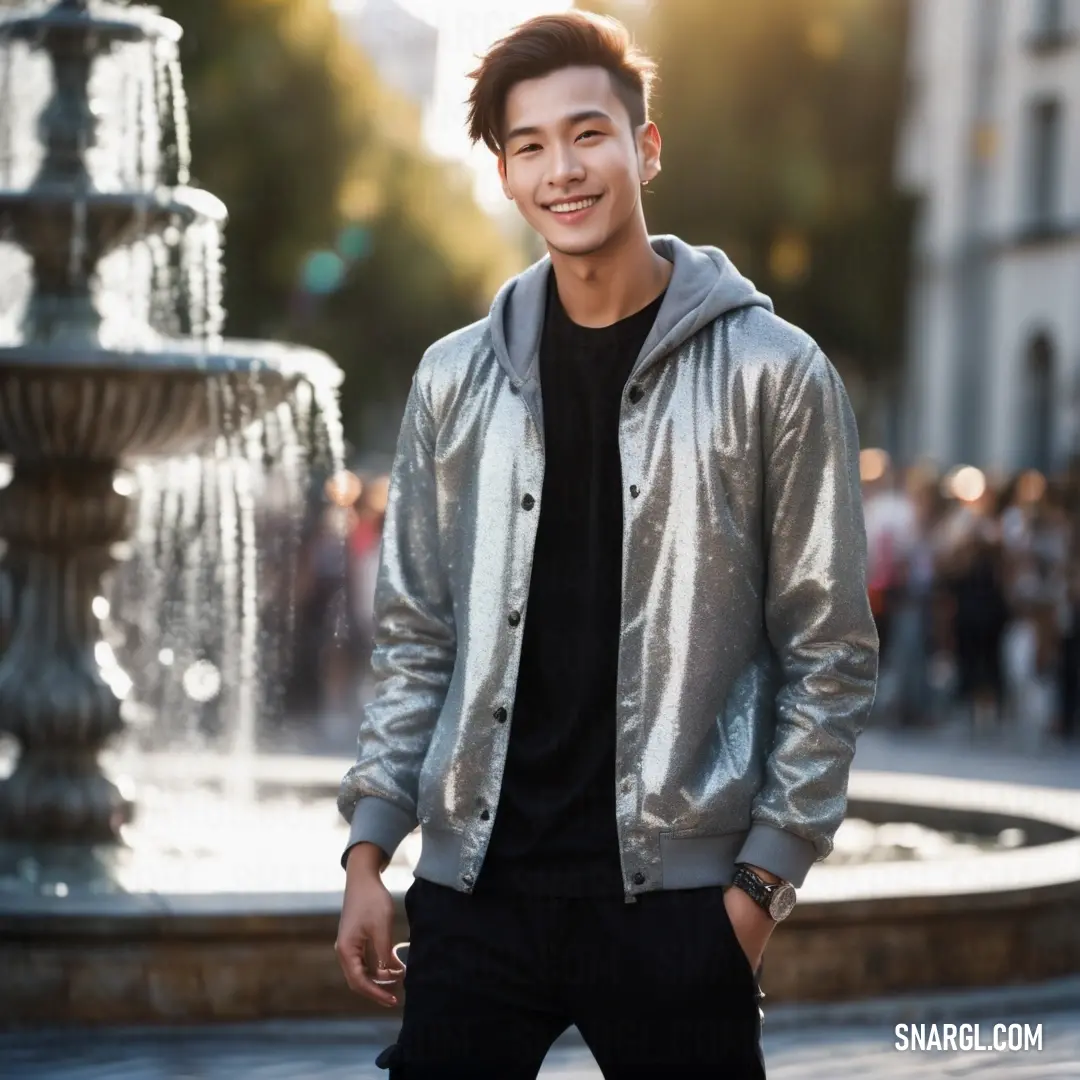
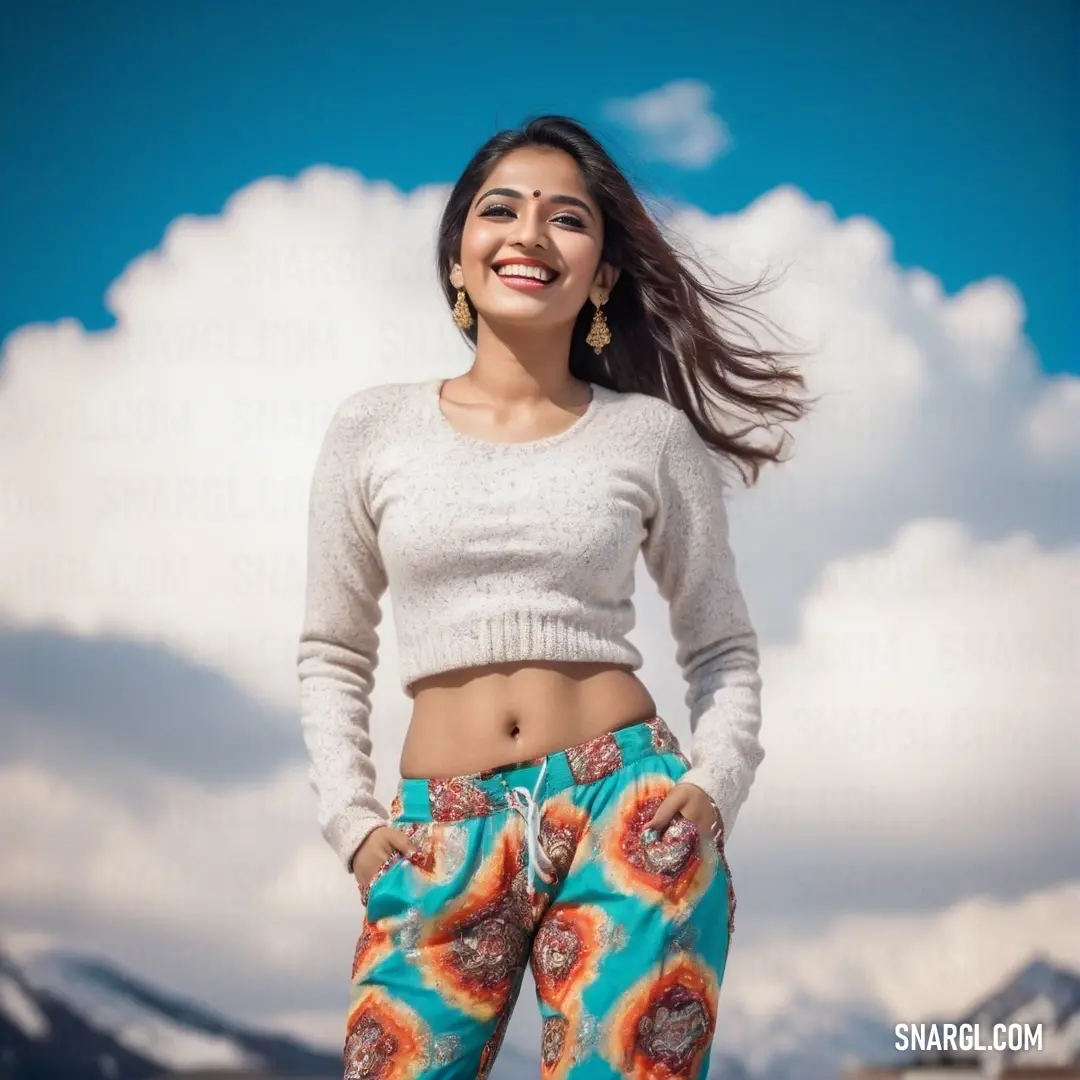
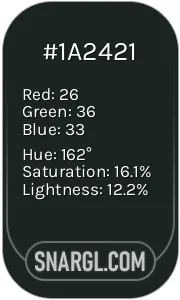 Dark jungle green
Dark jungle green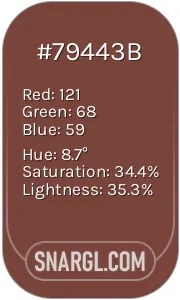 Bole
Bole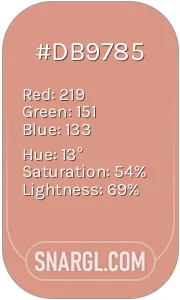 Dark peach
Dark peach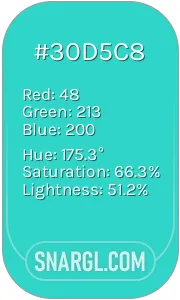 Turquoise
Turquoise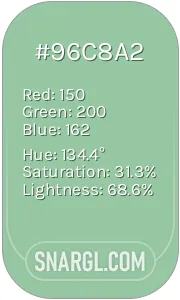 Eton blue
Eton blue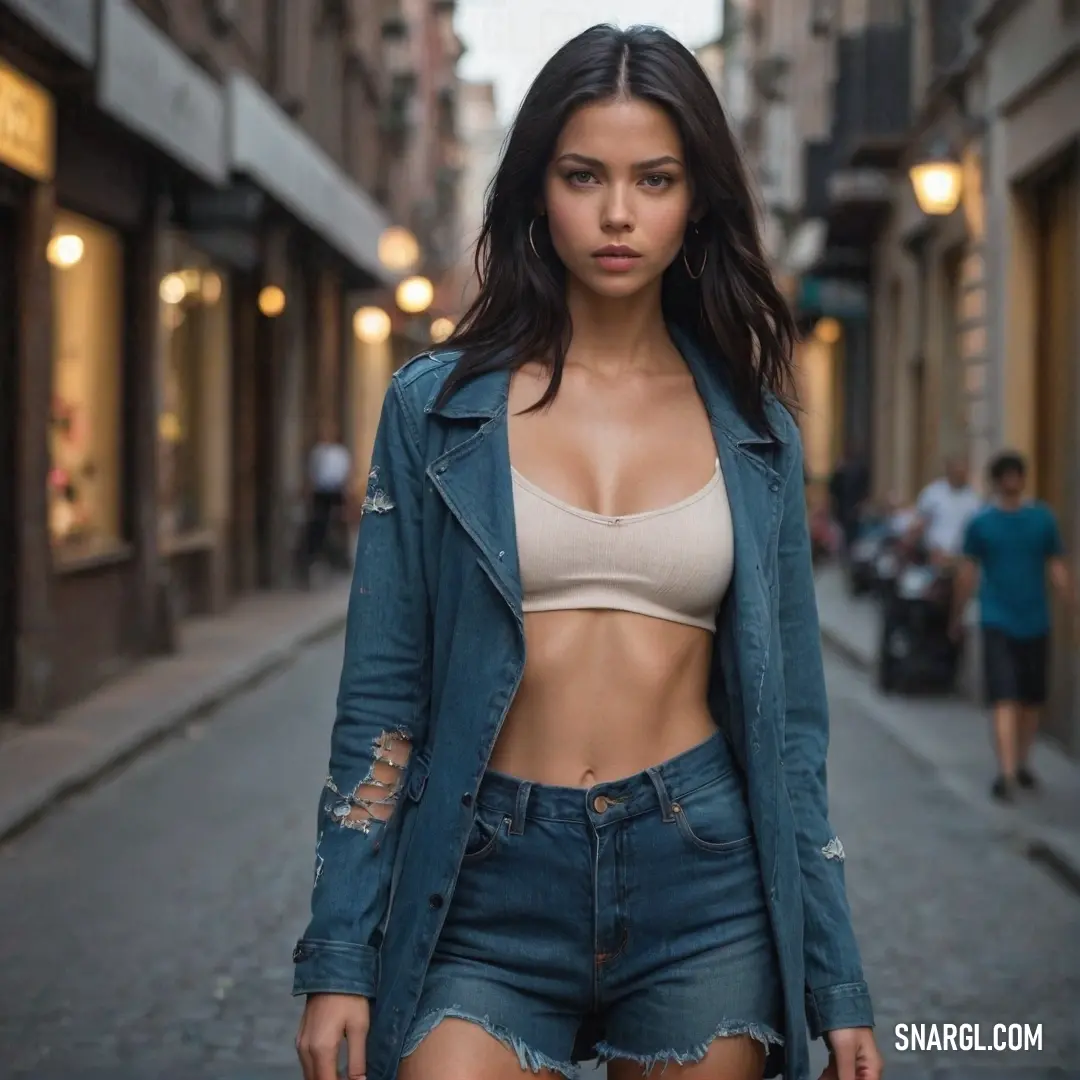
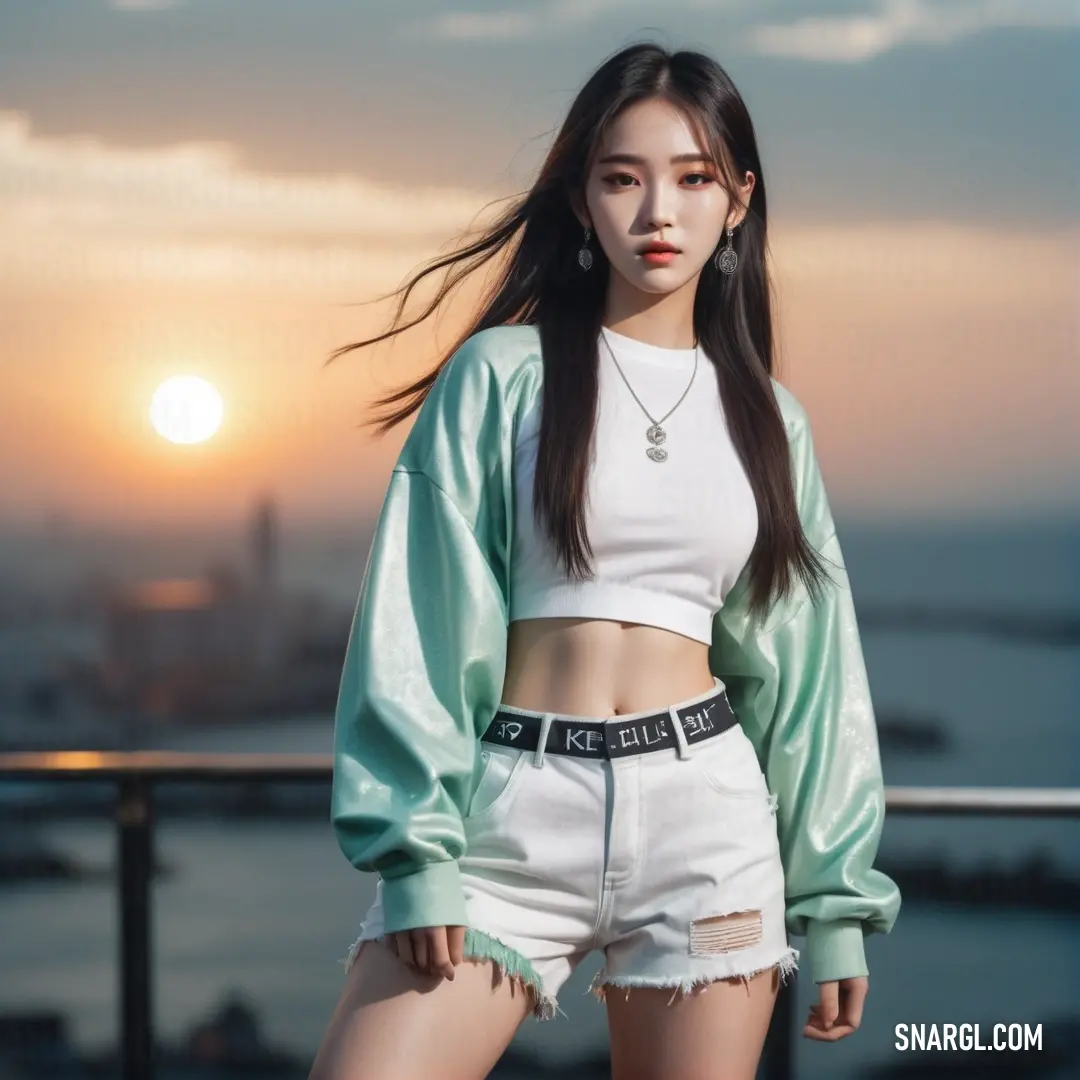
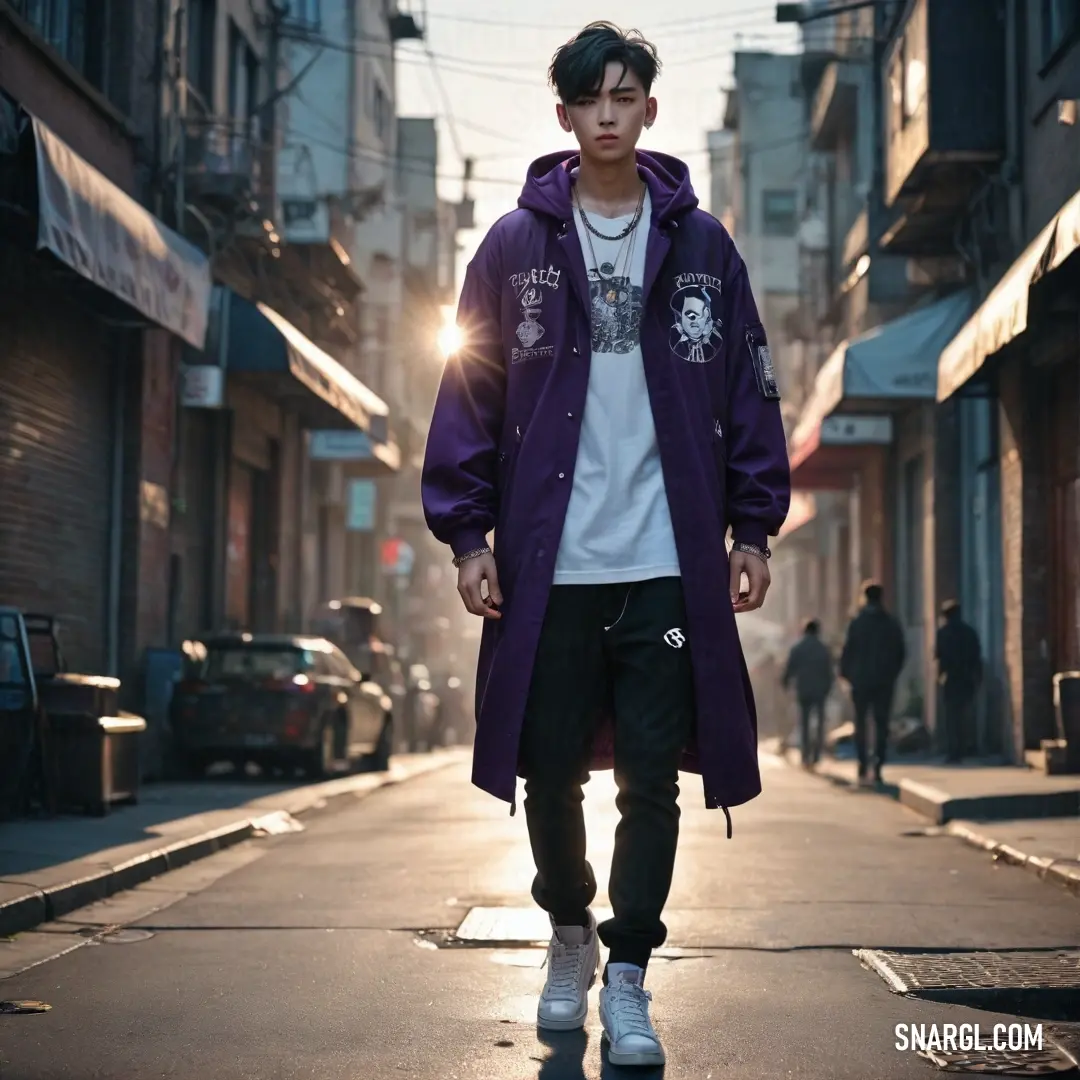
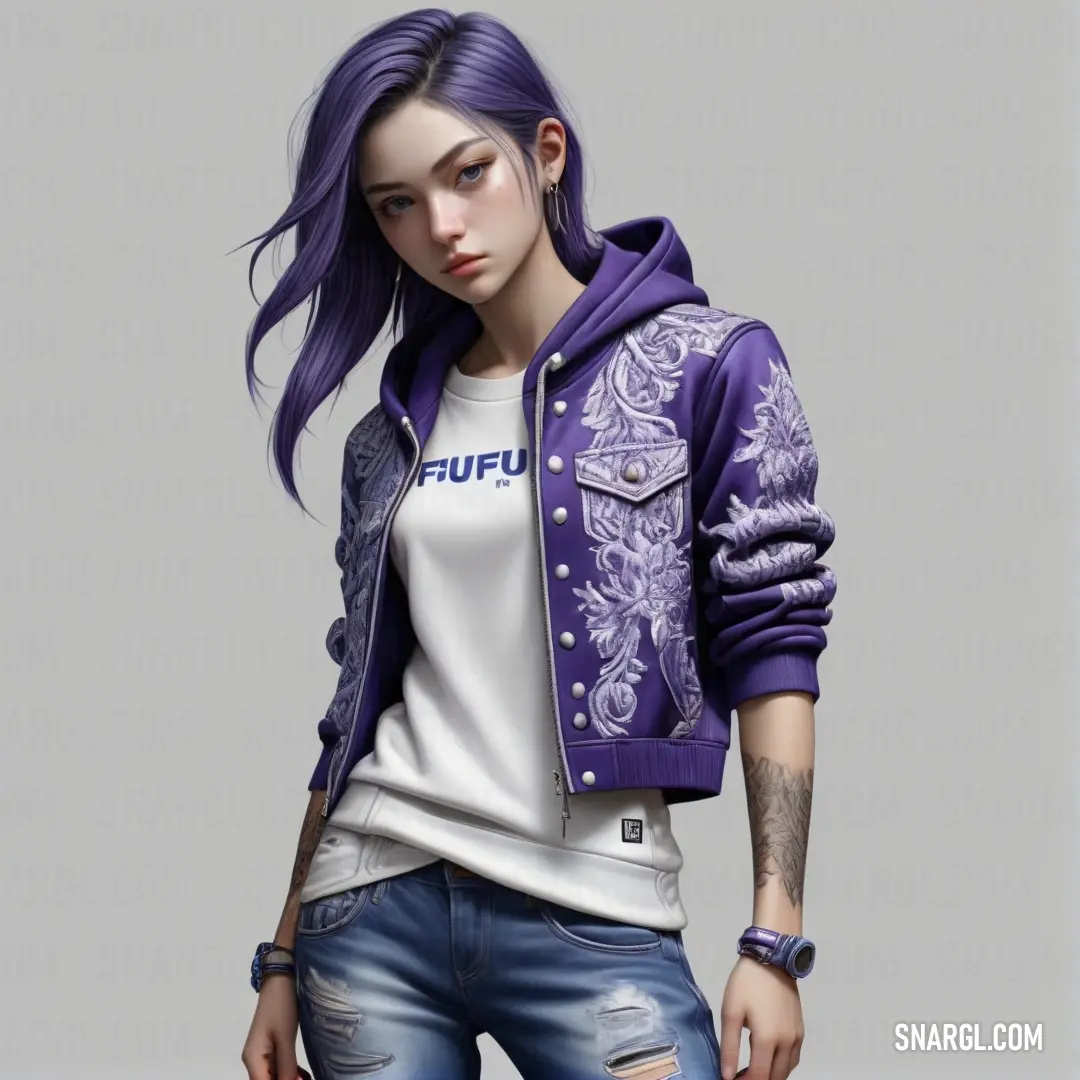
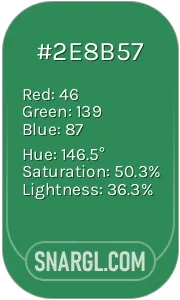 Sea Green
Sea Green Safety Orange (Blaze Orange)
Safety Orange (Blaze Orange)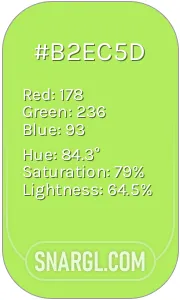 Inchworm
Inchworm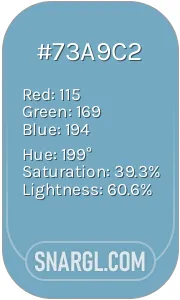 Moonstone blue
Moonstone blue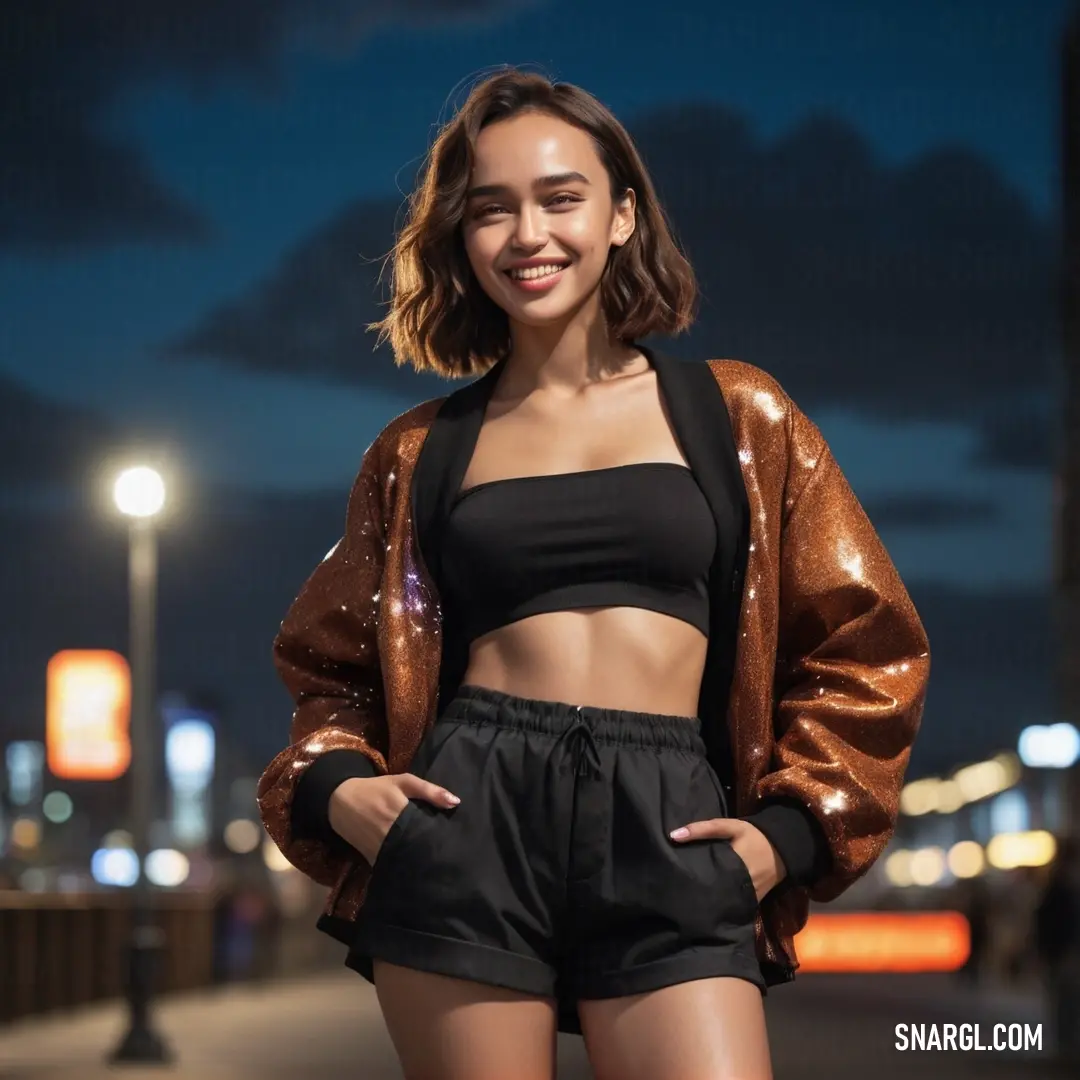
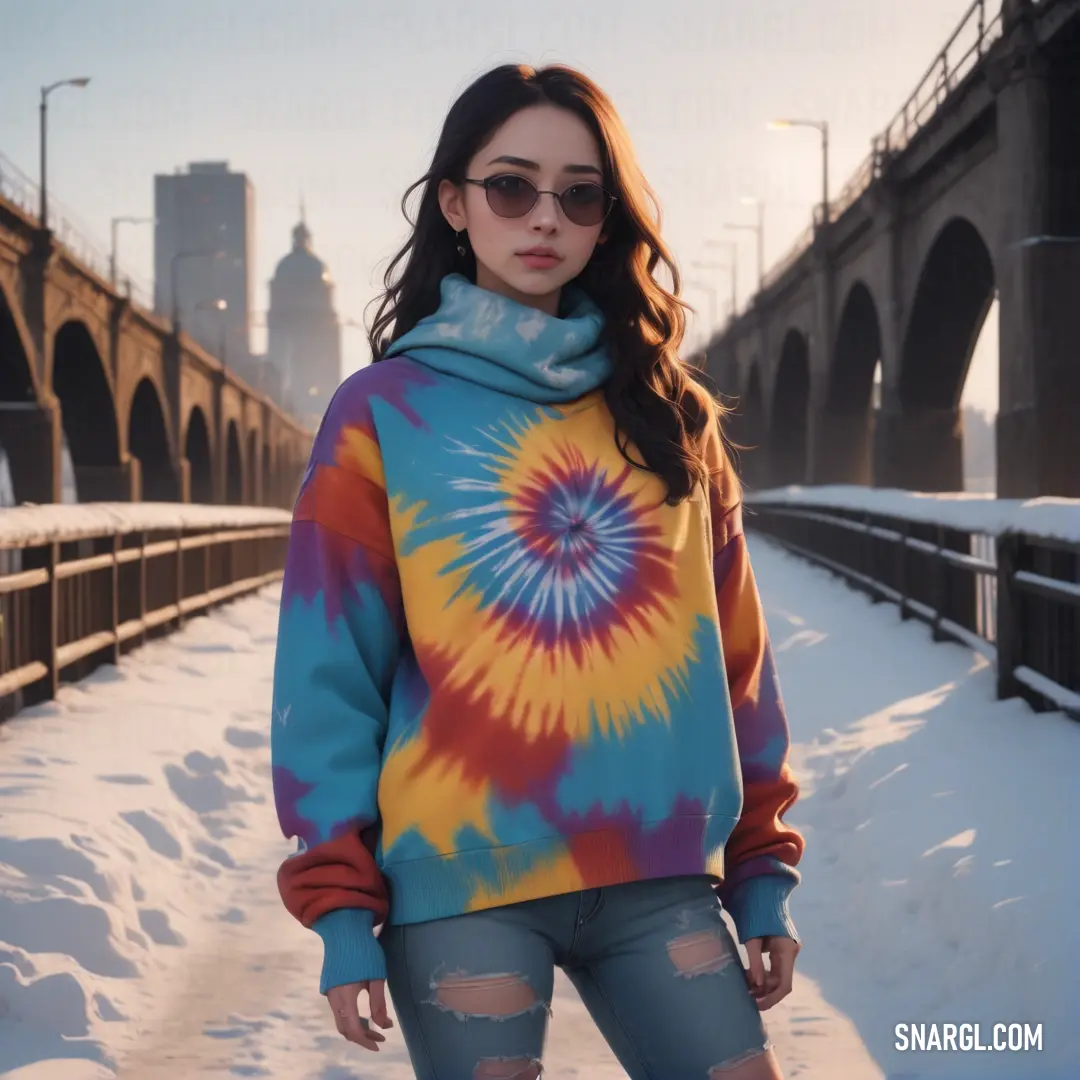
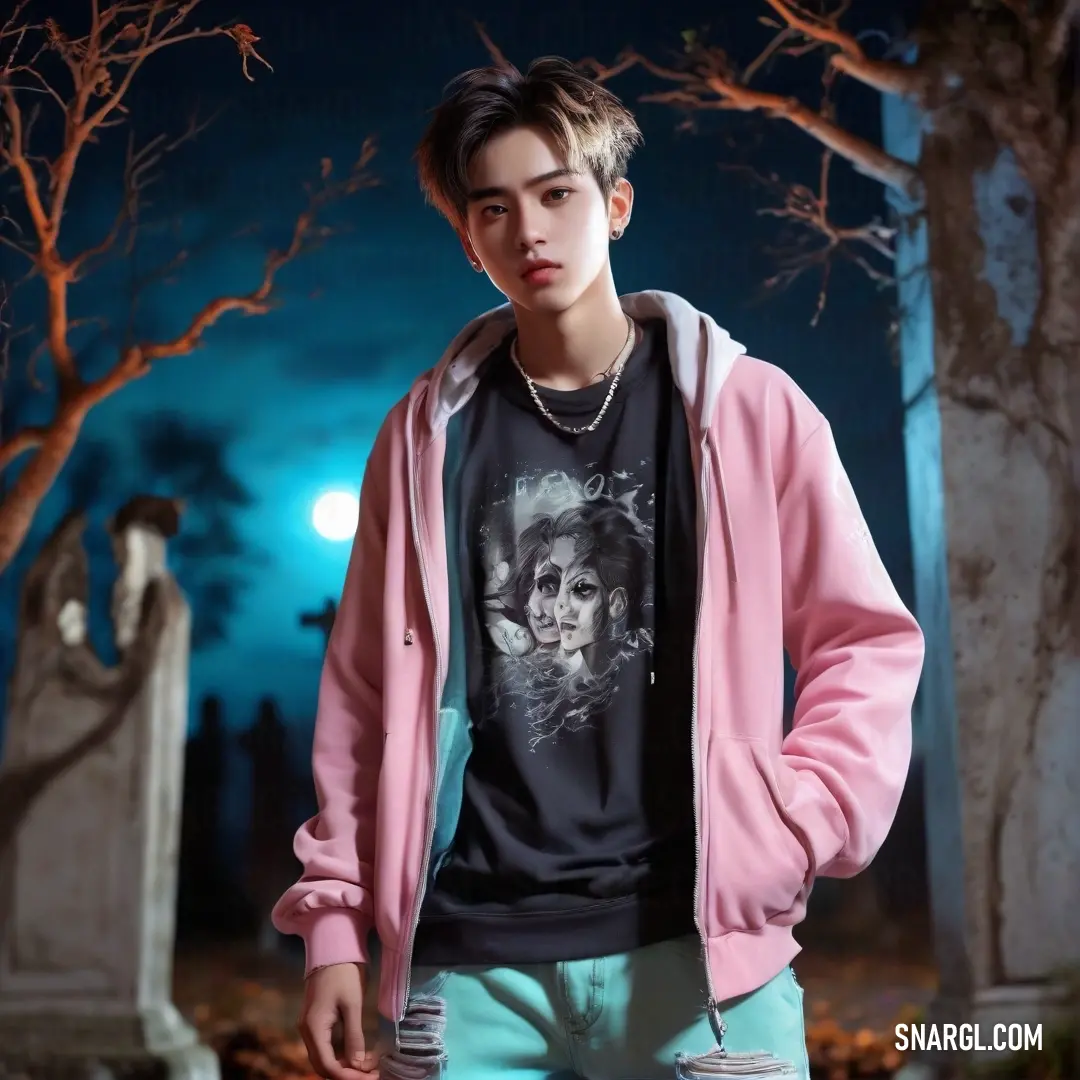
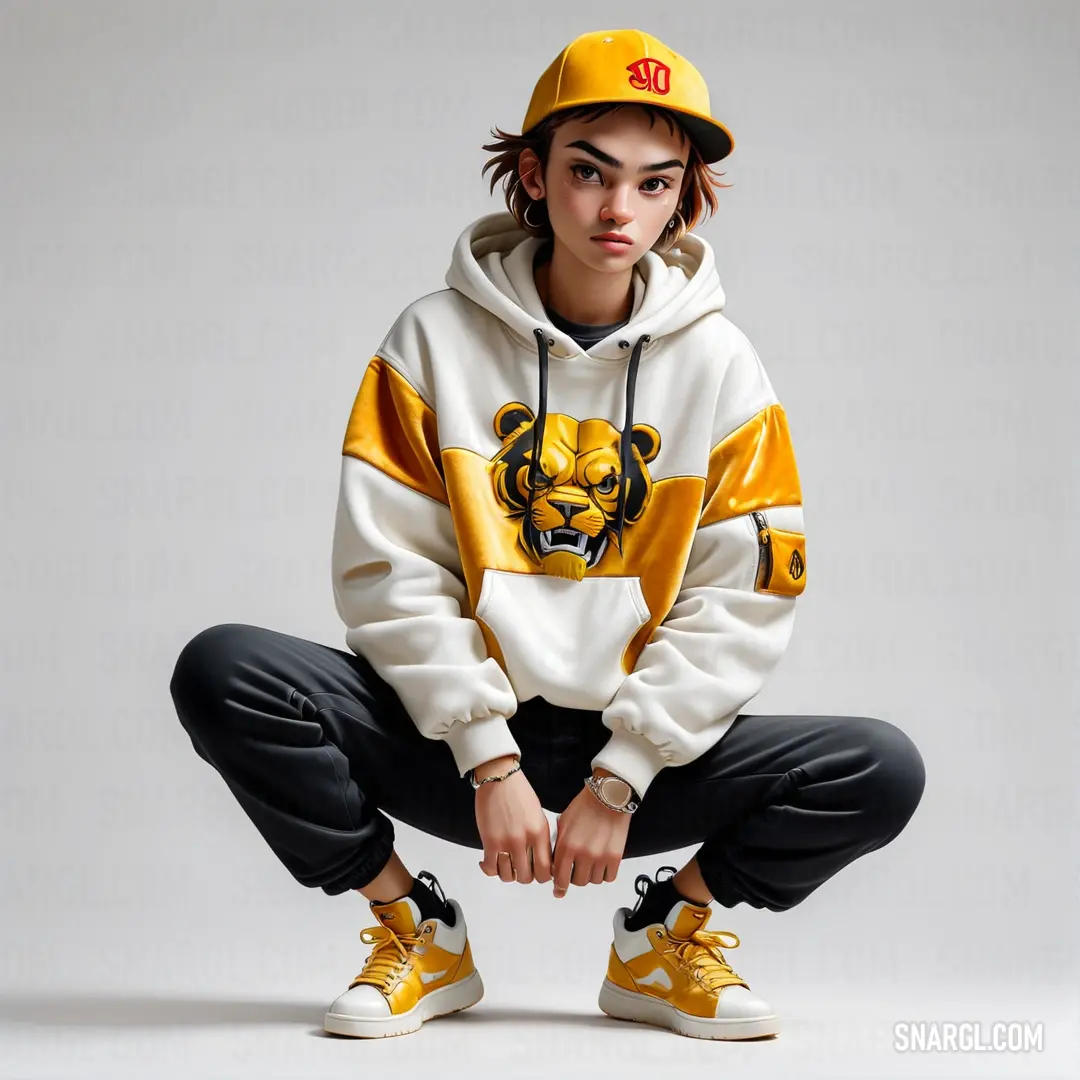
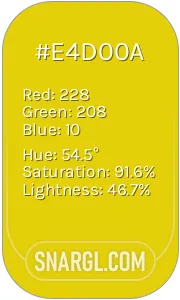 Citrine
Citrine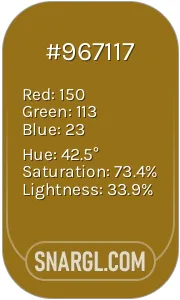 Drab
Drab Jasmine
Jasmine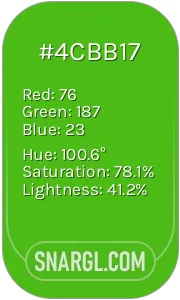 Kelly green
Kelly green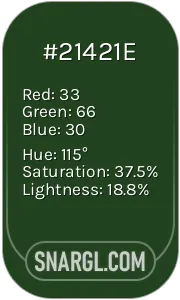 Myrtle
Myrtle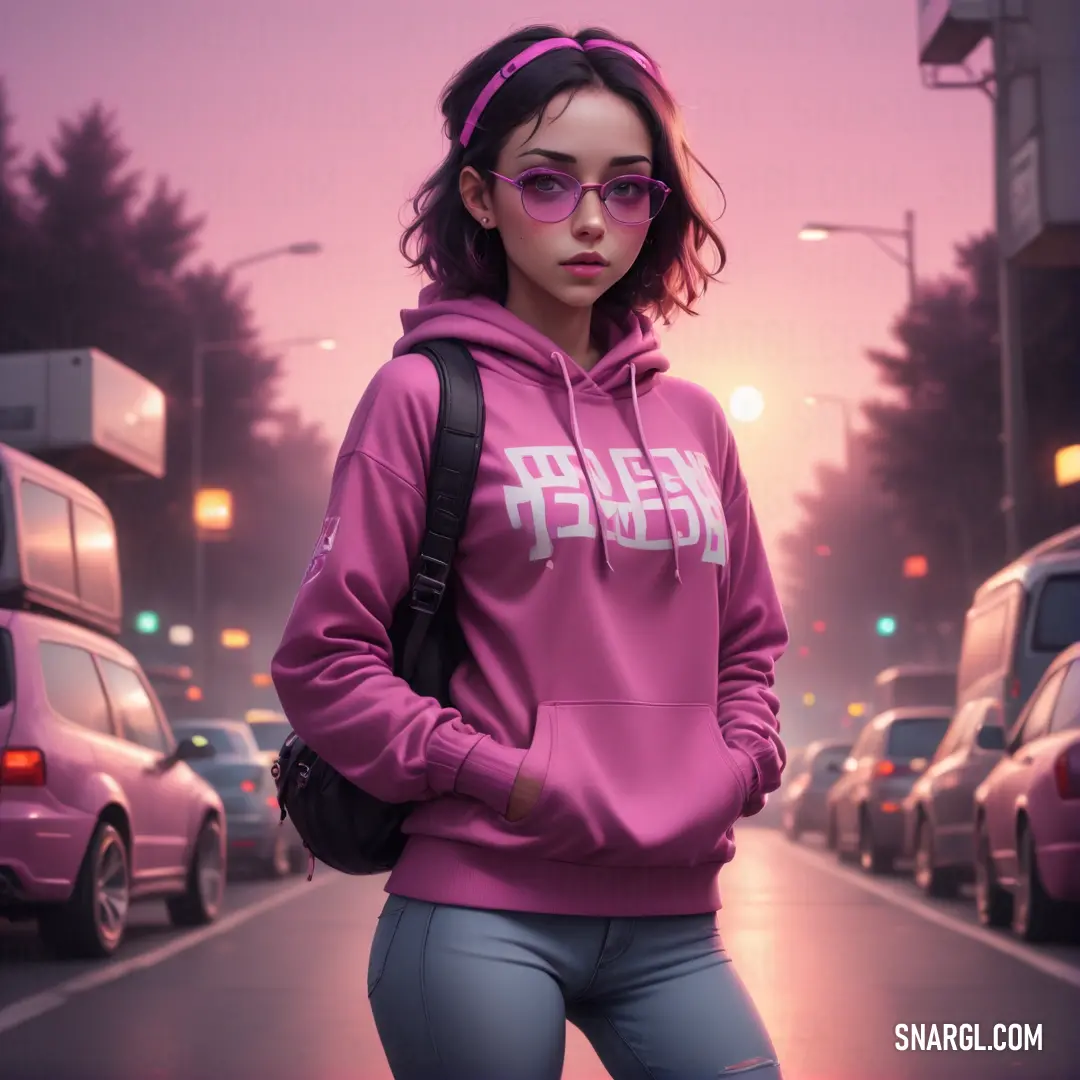
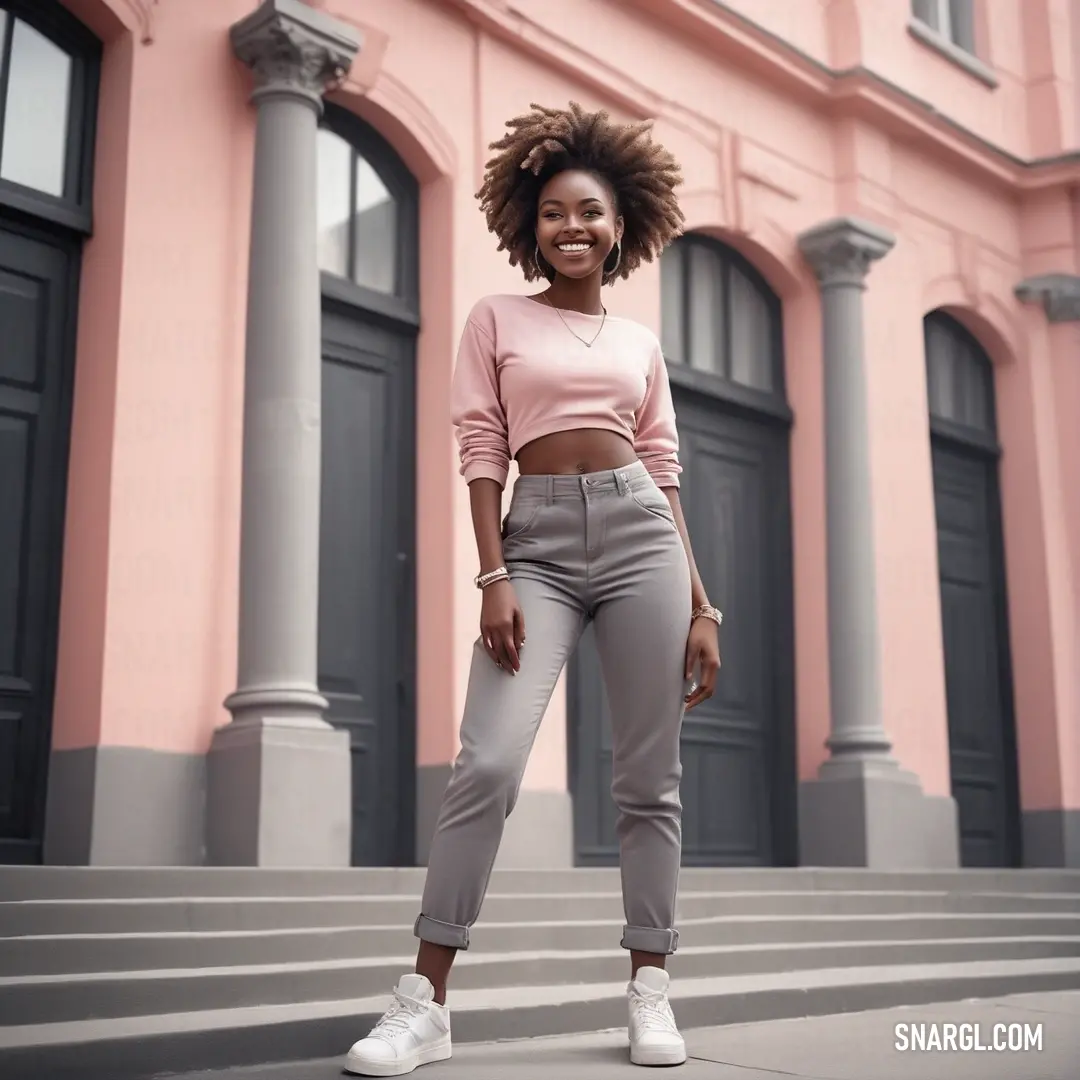
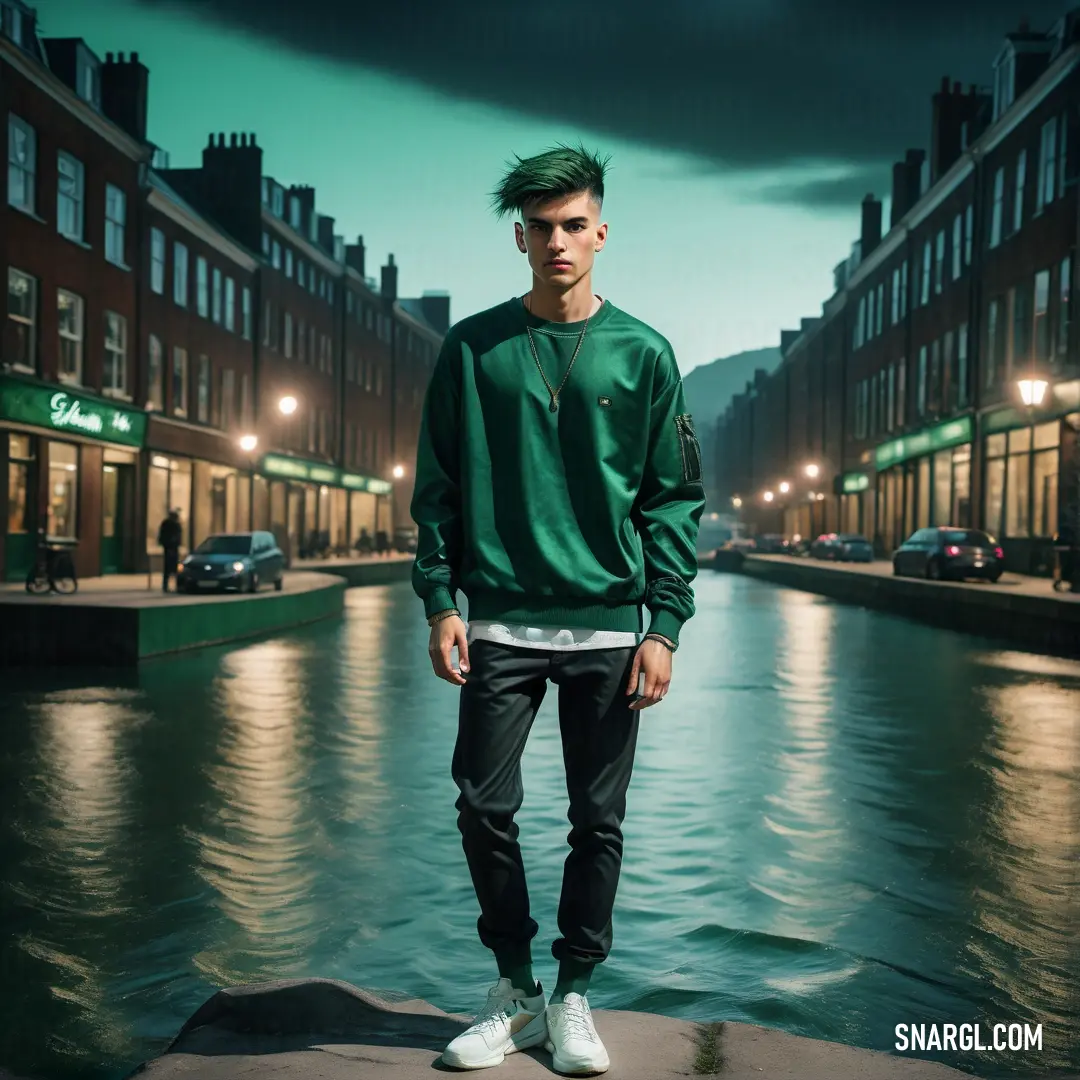
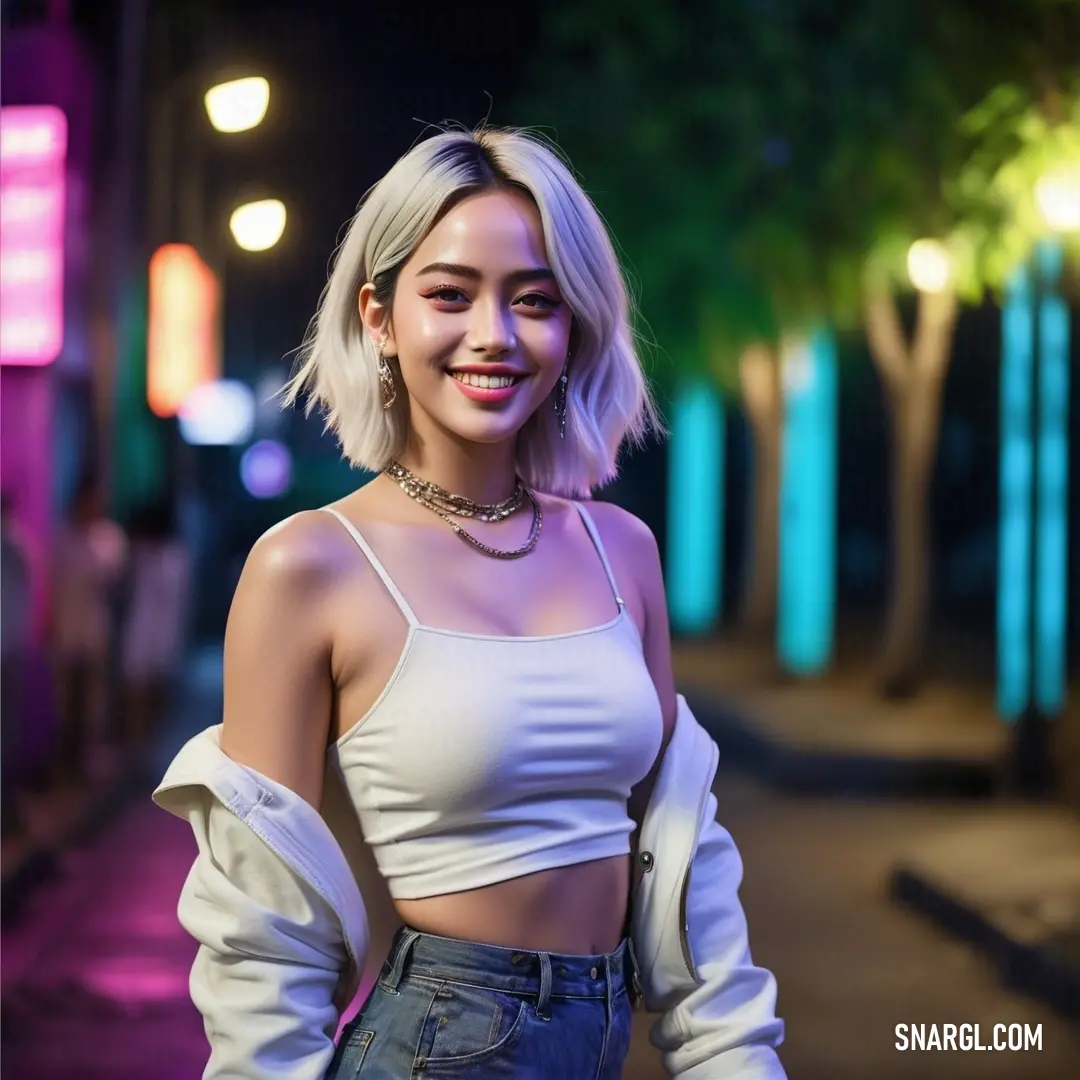
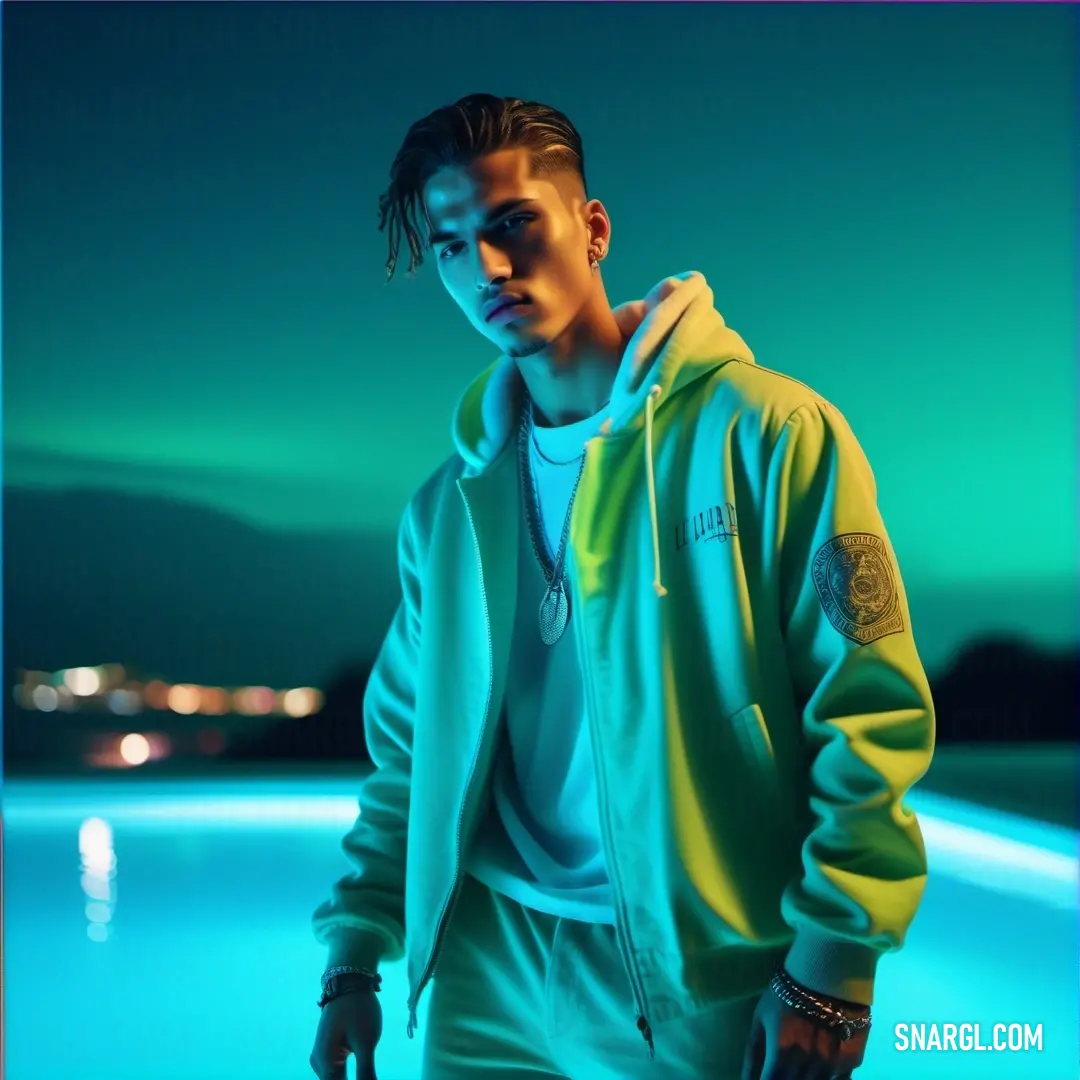
 Purple Mountain's Majesty
Purple Mountain's Majesty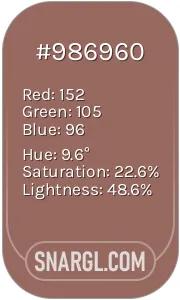 Dark chestnut
Dark chestnut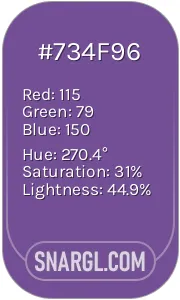 Dark lavender
Dark lavender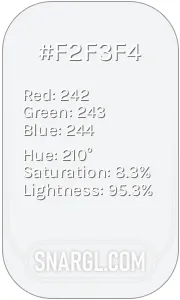 Anti-flash White
Anti-flash White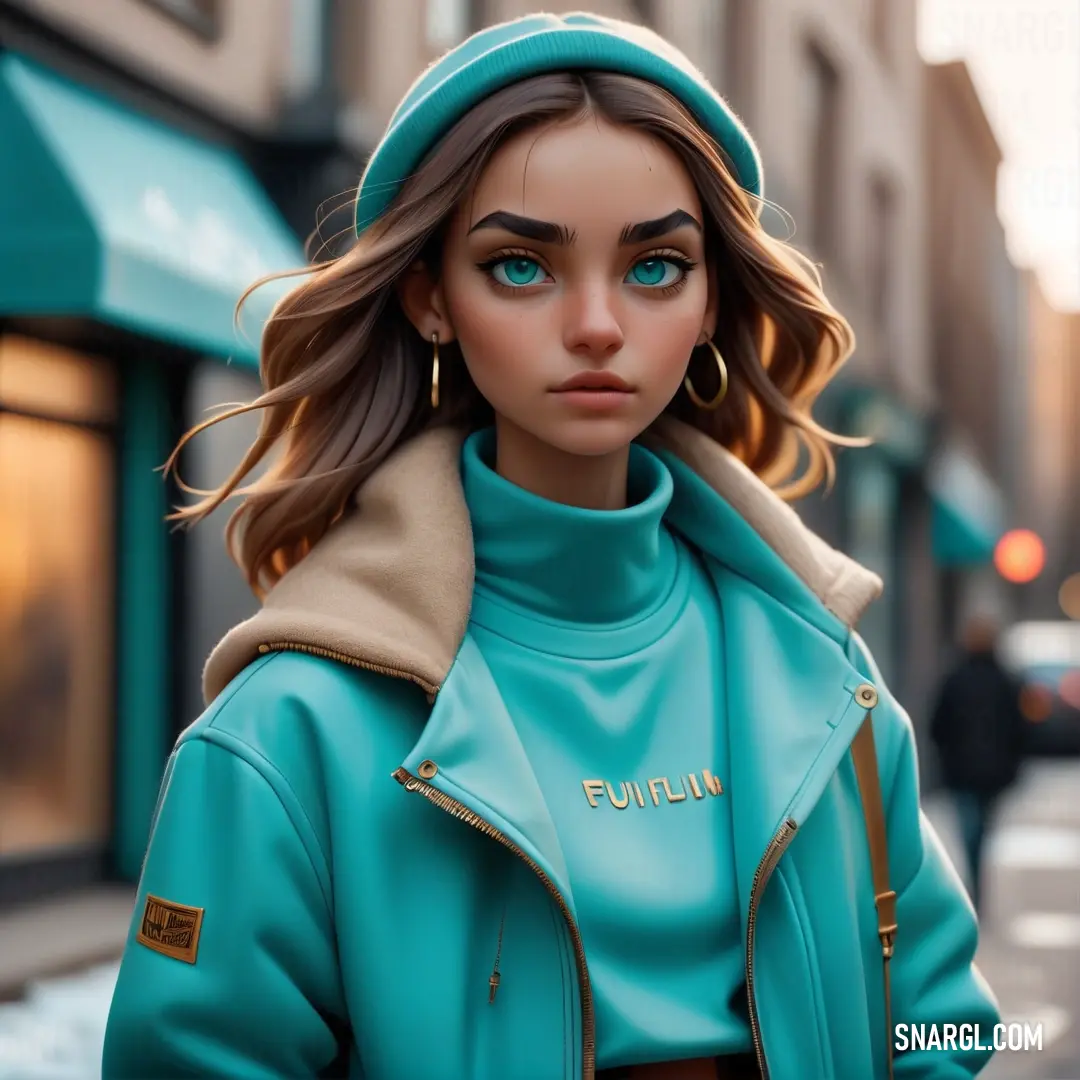
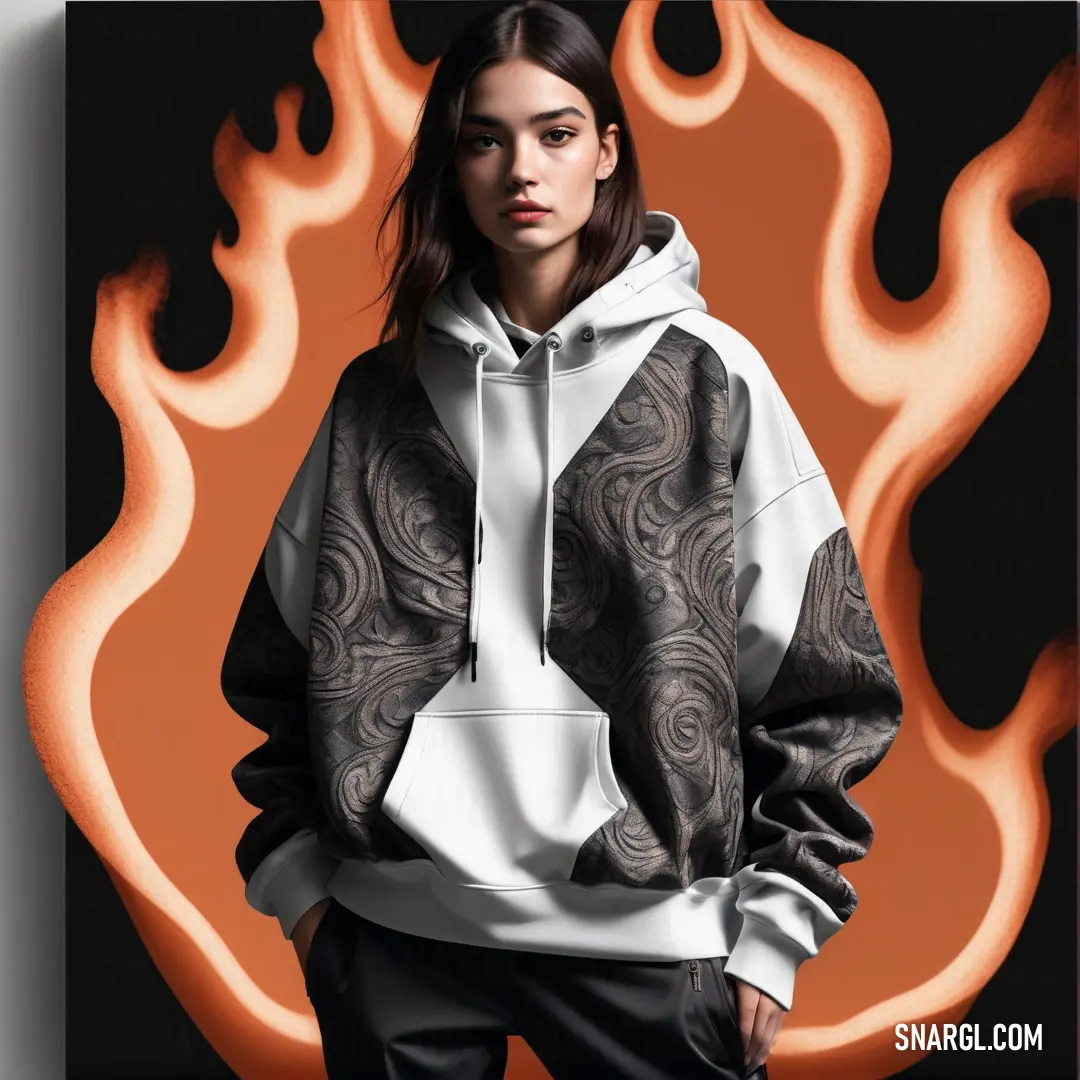
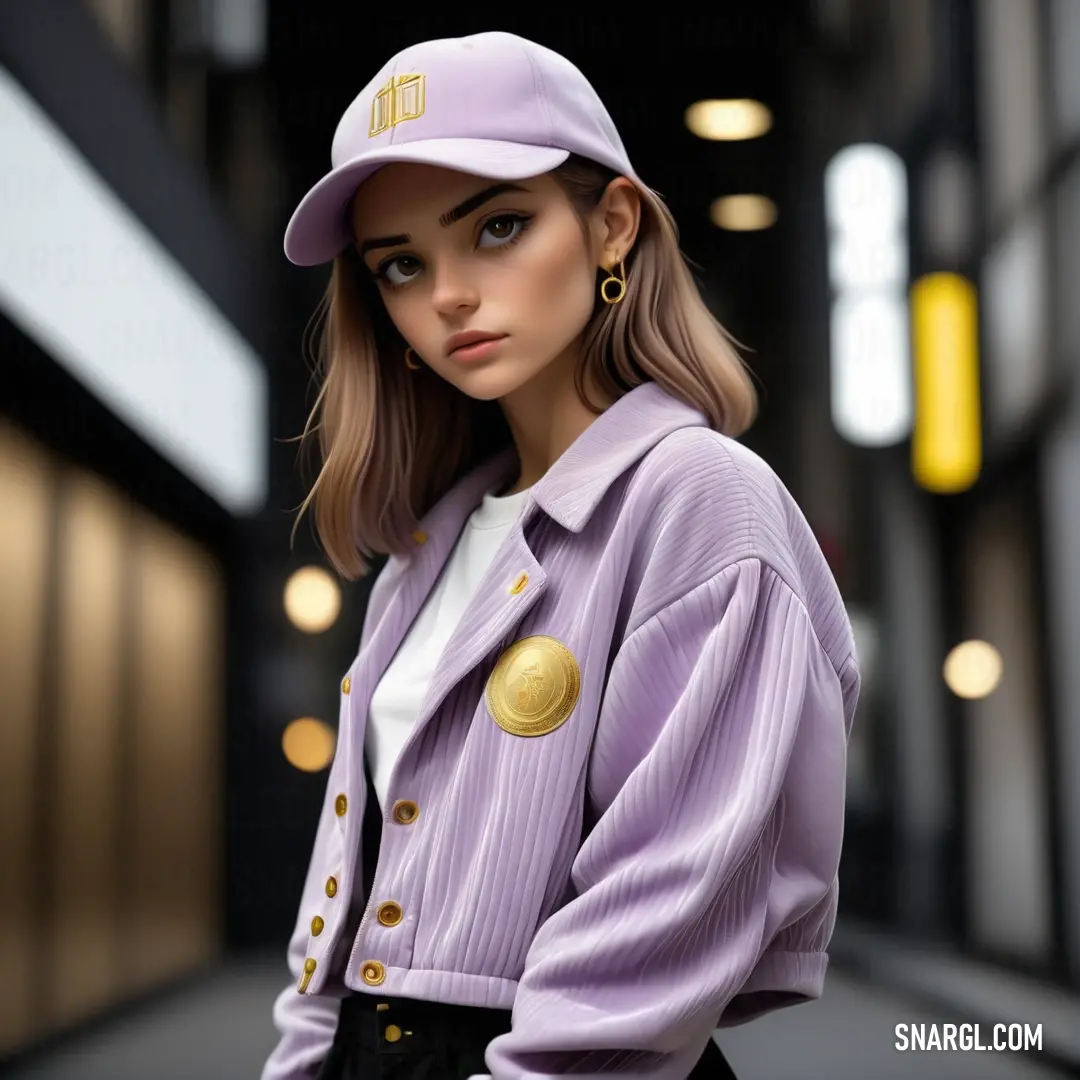
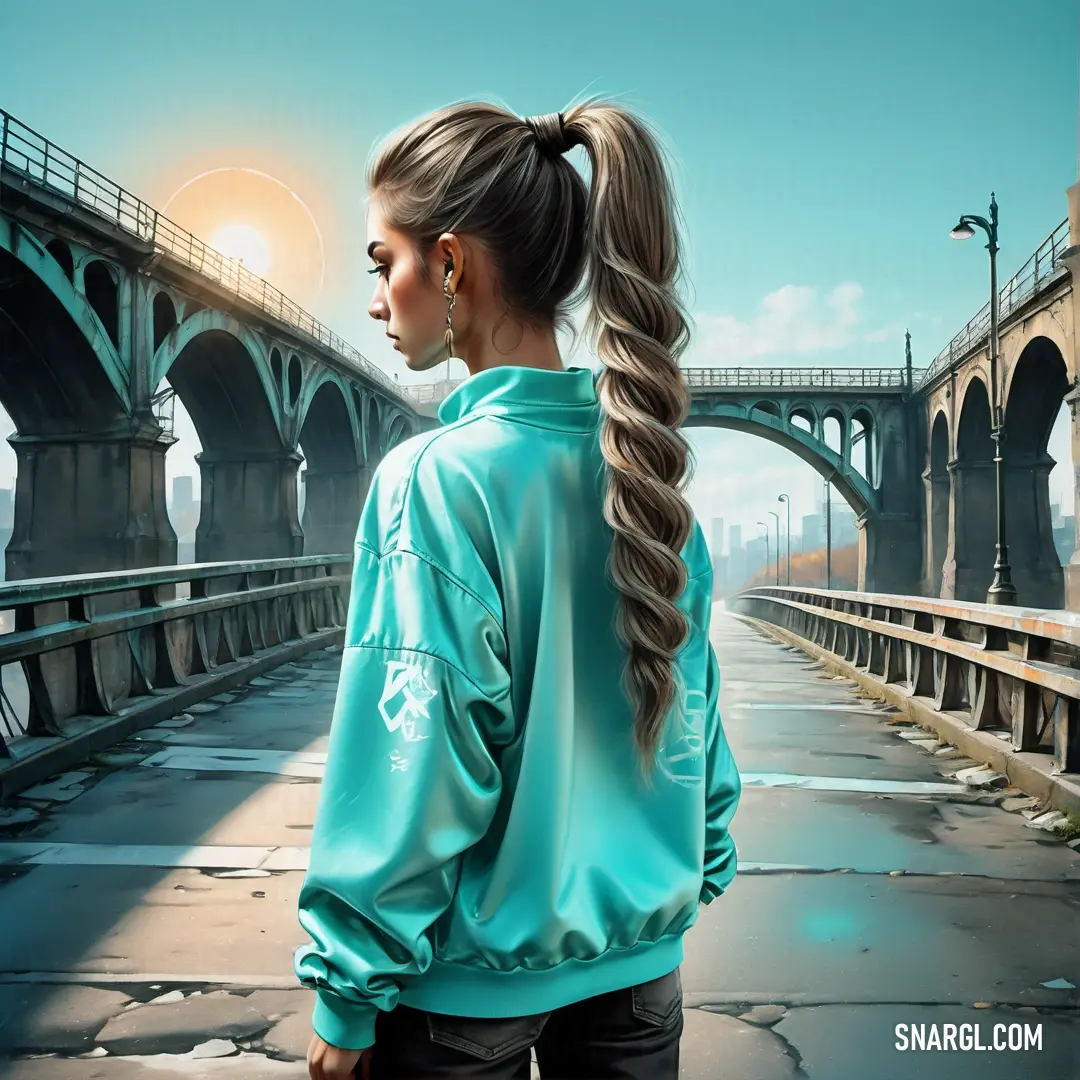
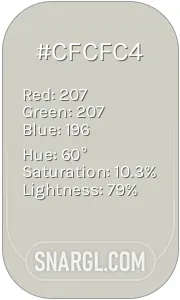 Pastel gray
Pastel gray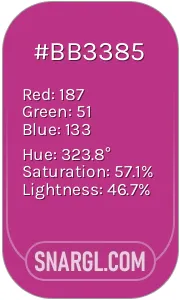 Medium red violet
Medium red violet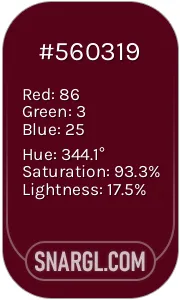 Dark scarlet
Dark scarlet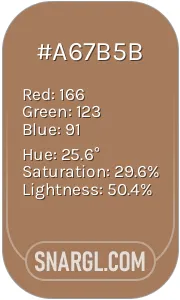 Cafe au lait
Cafe au lait







